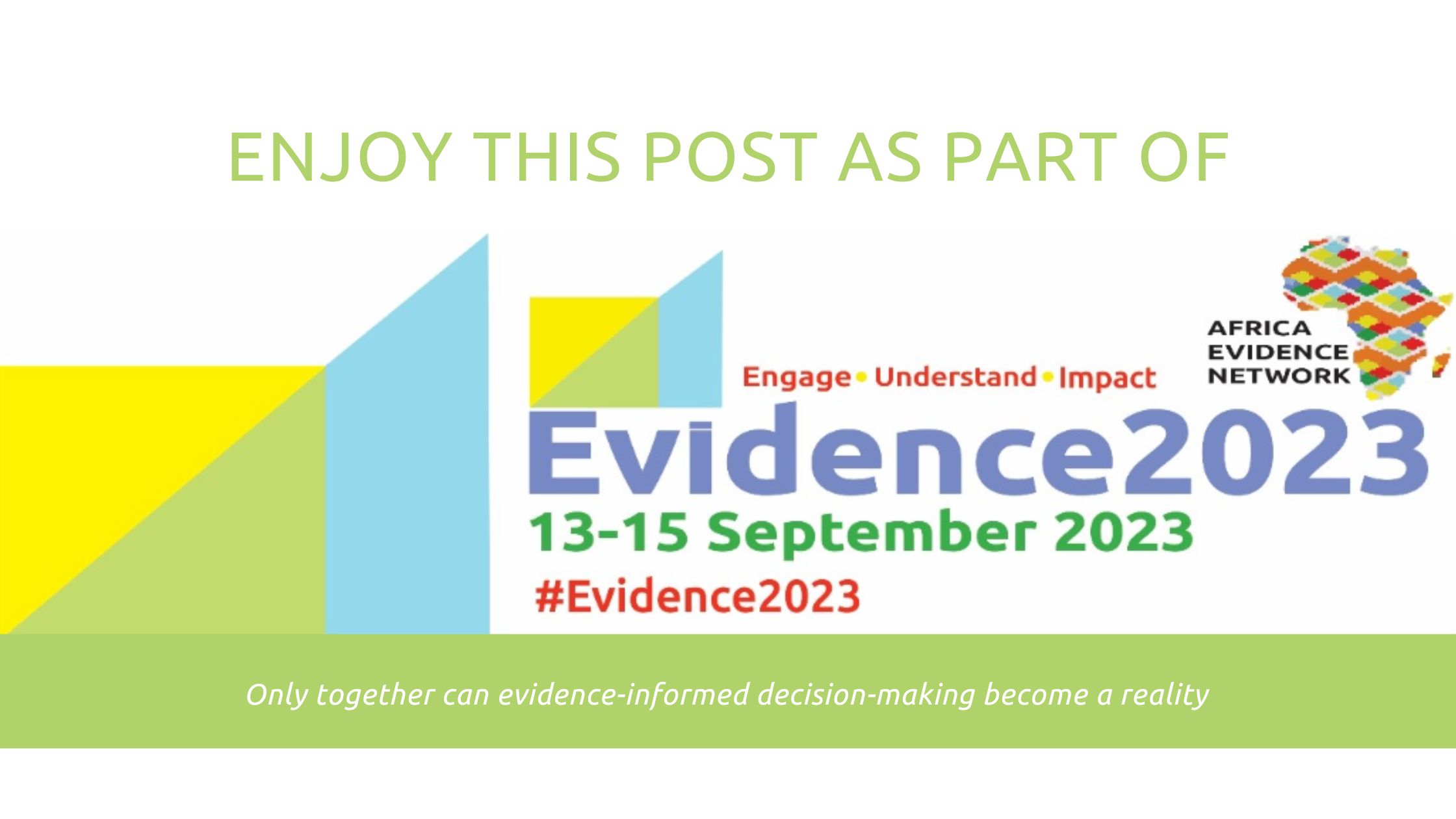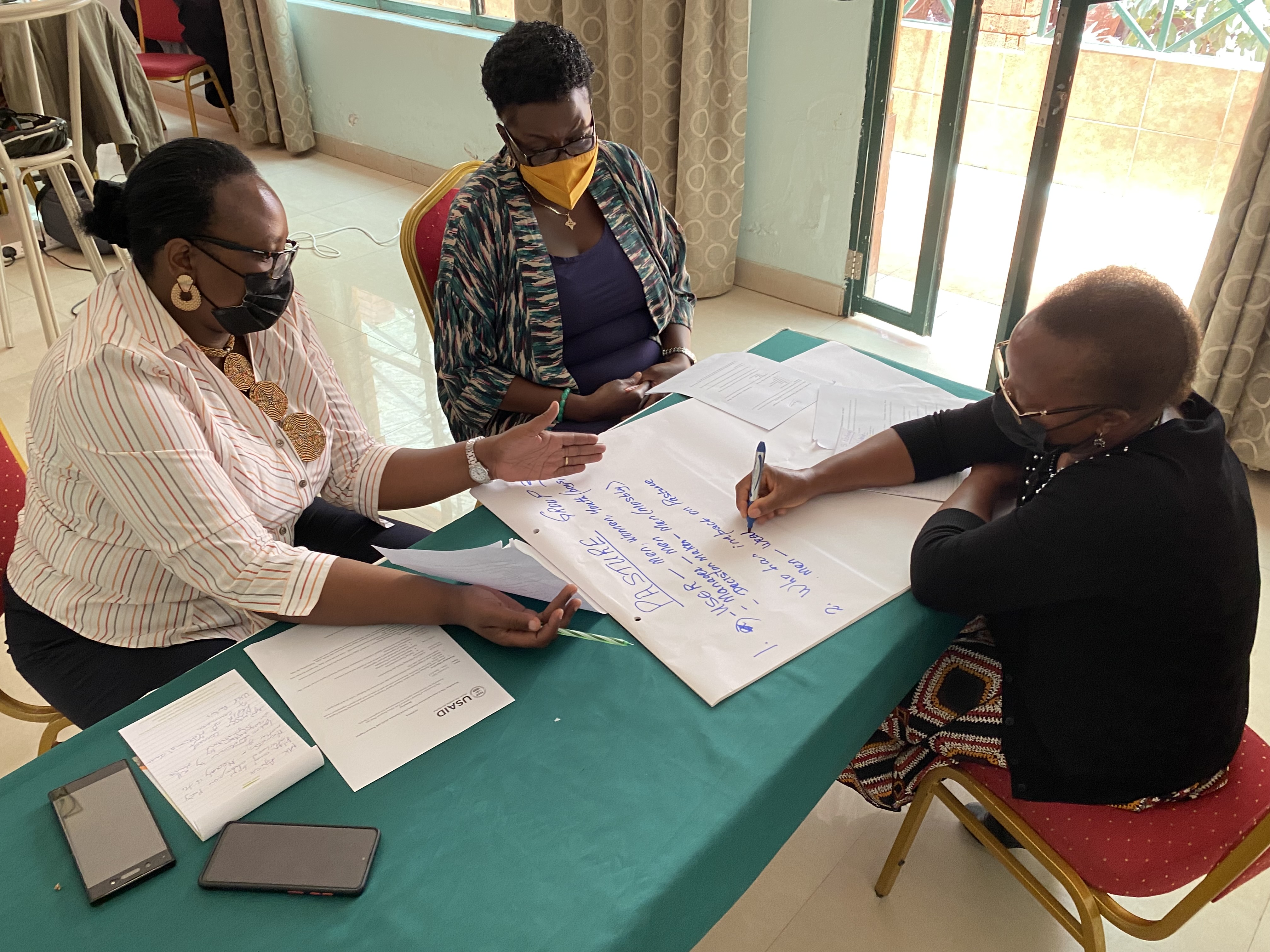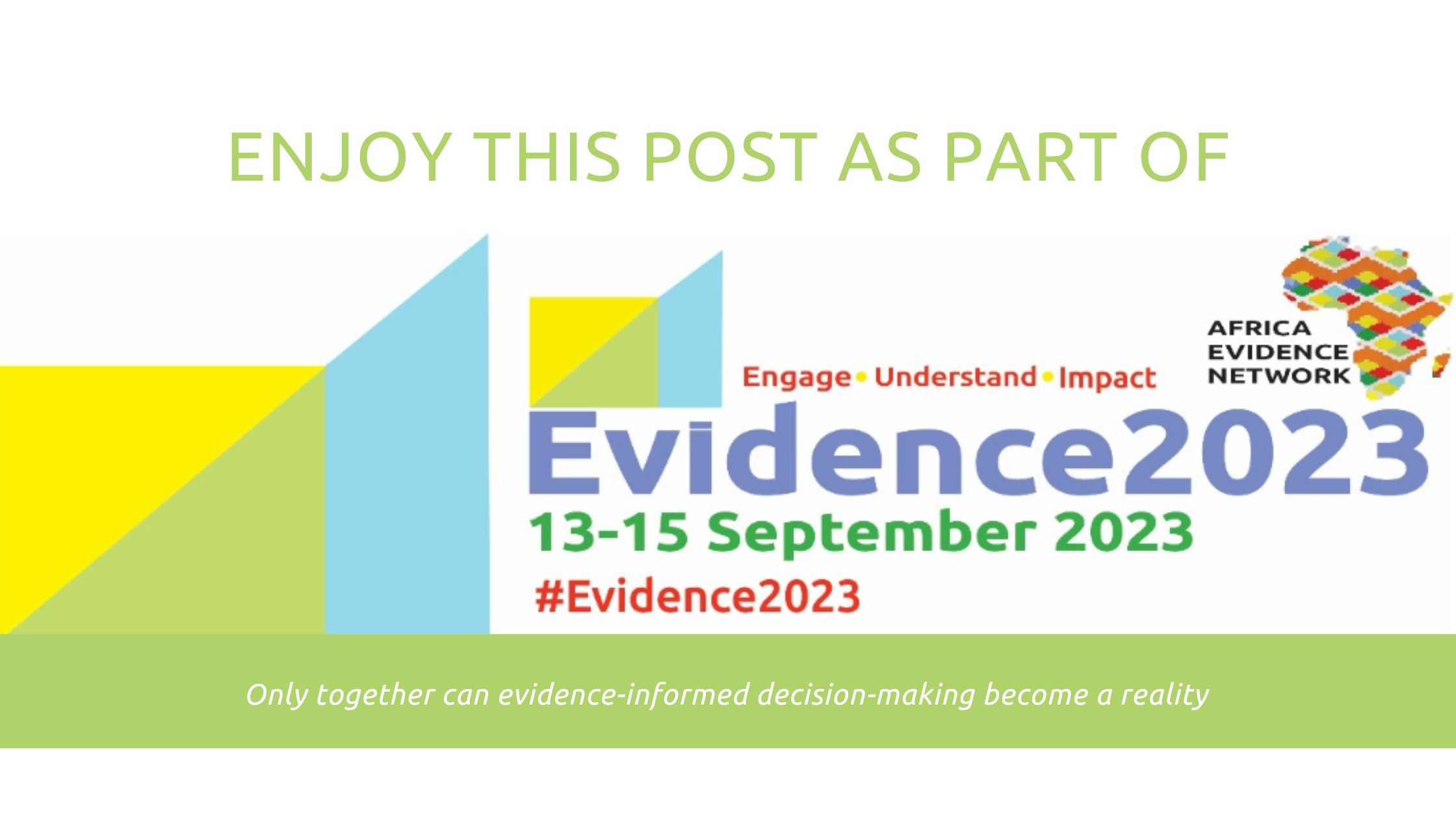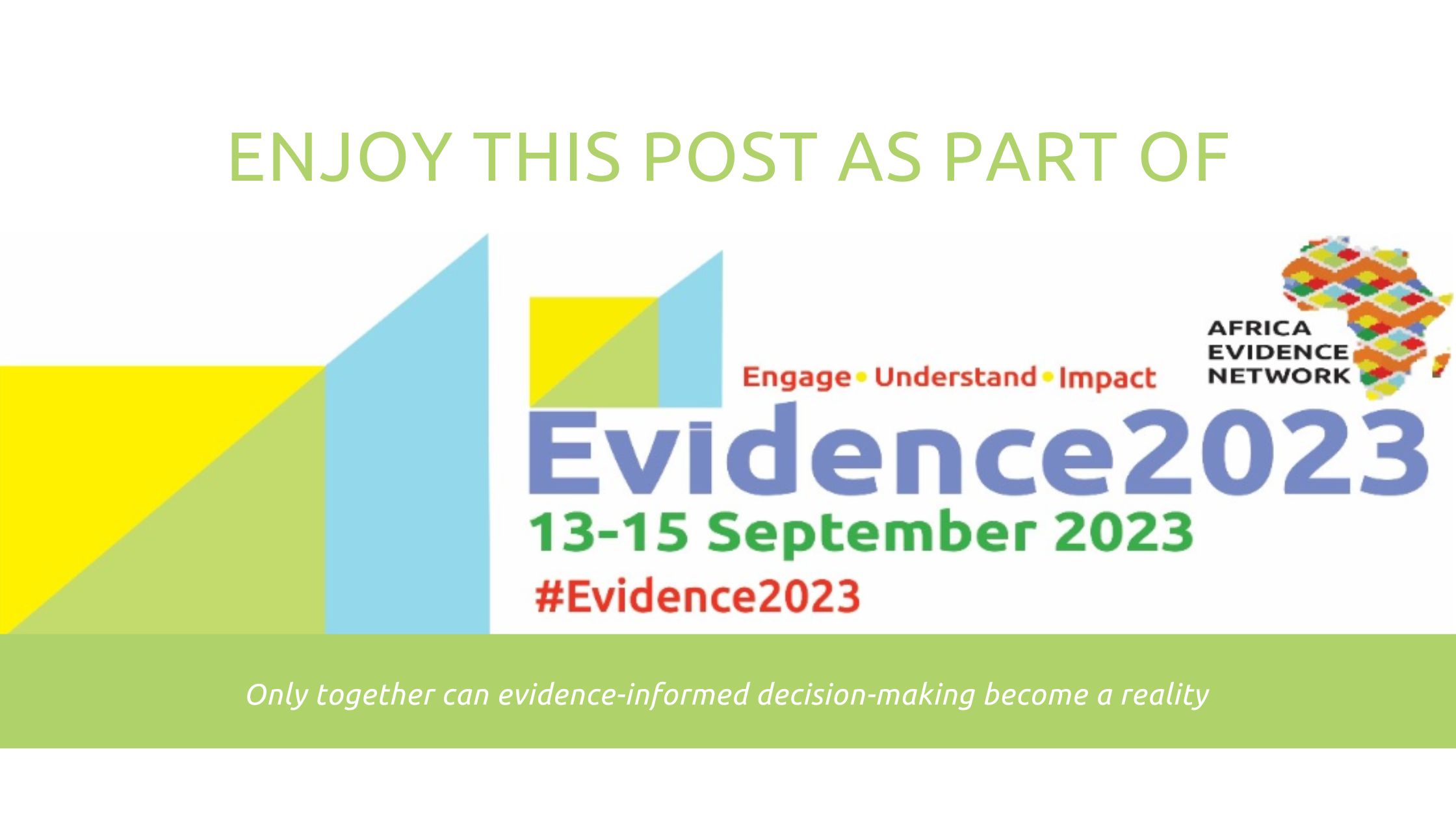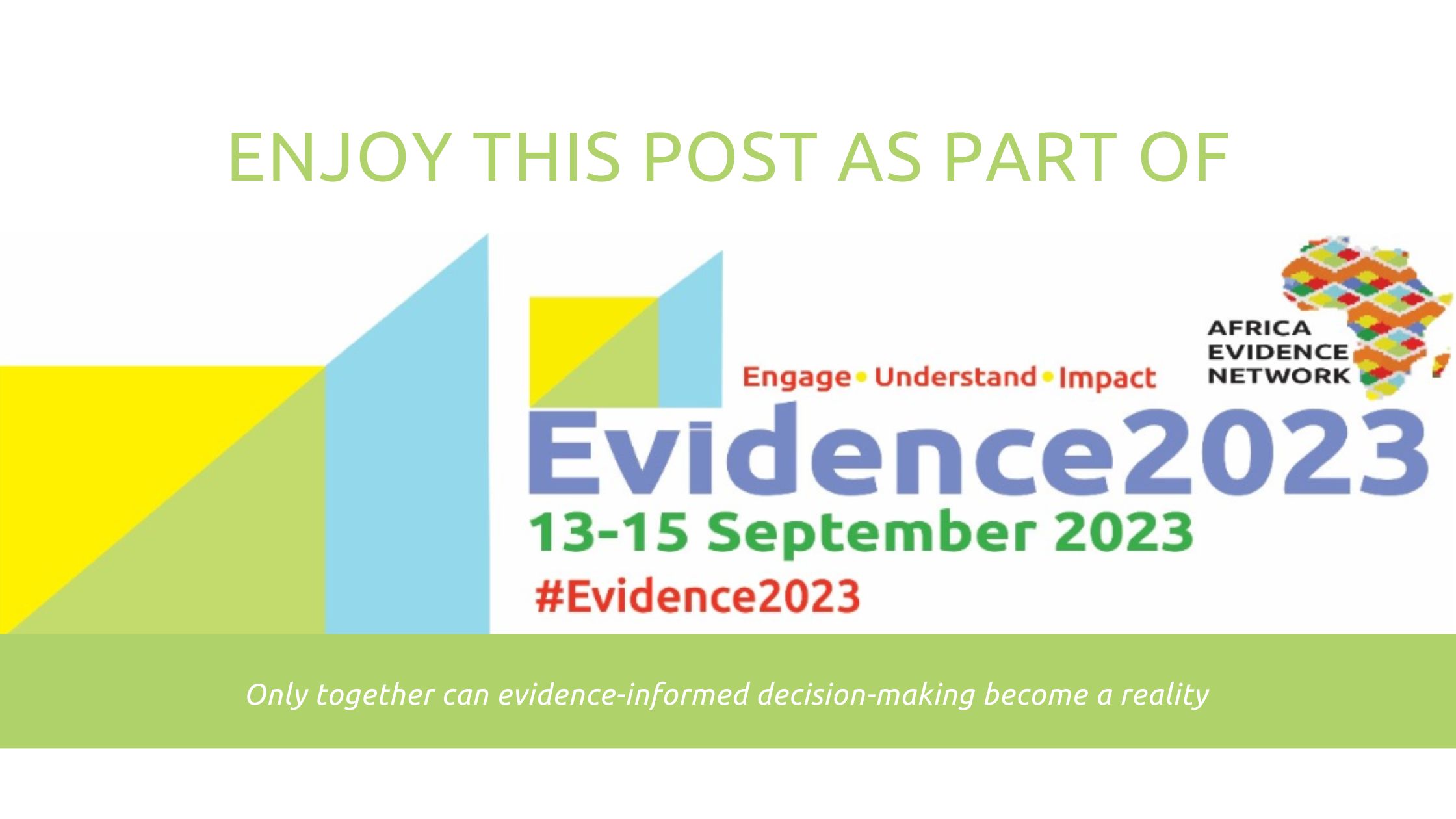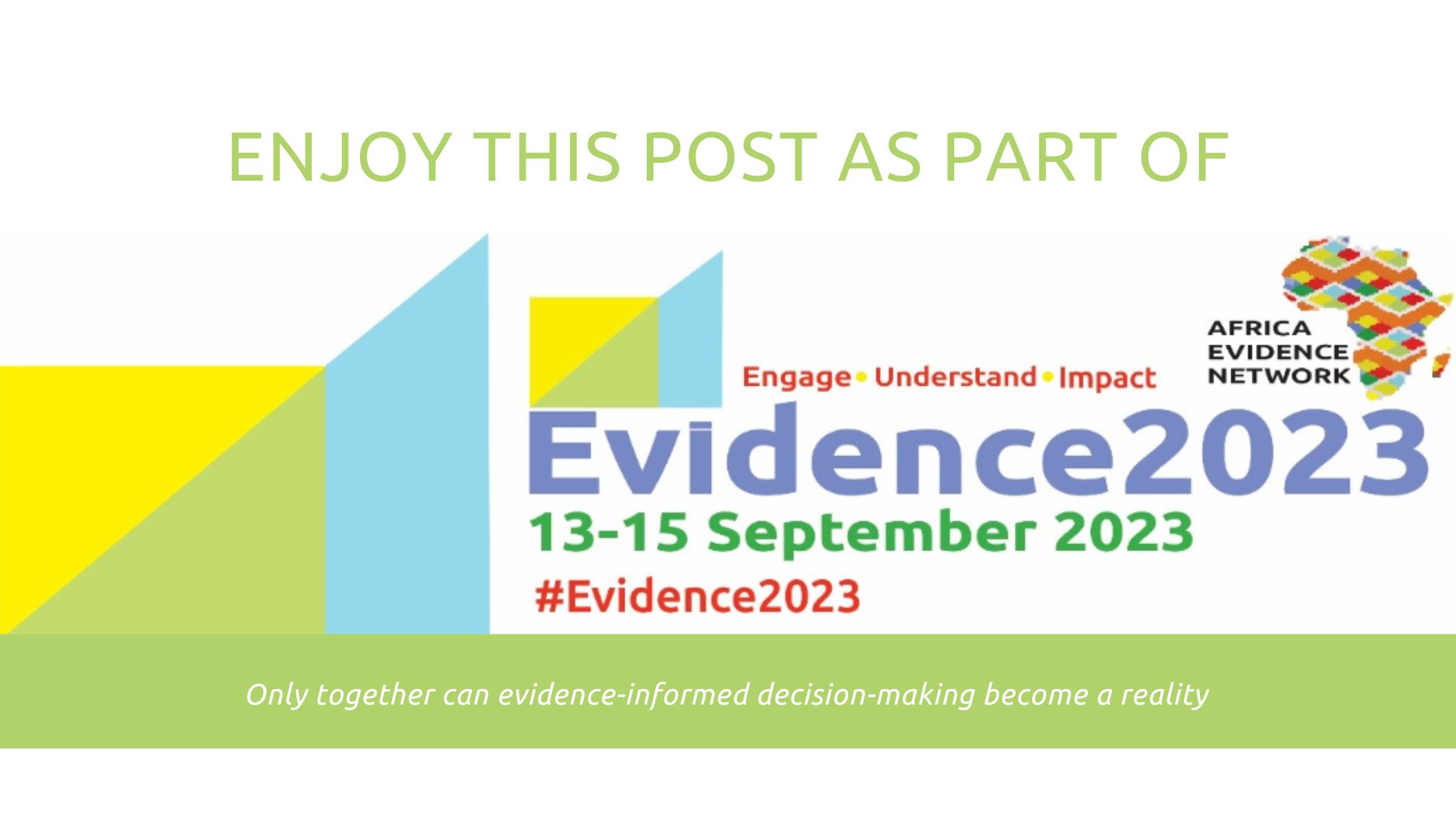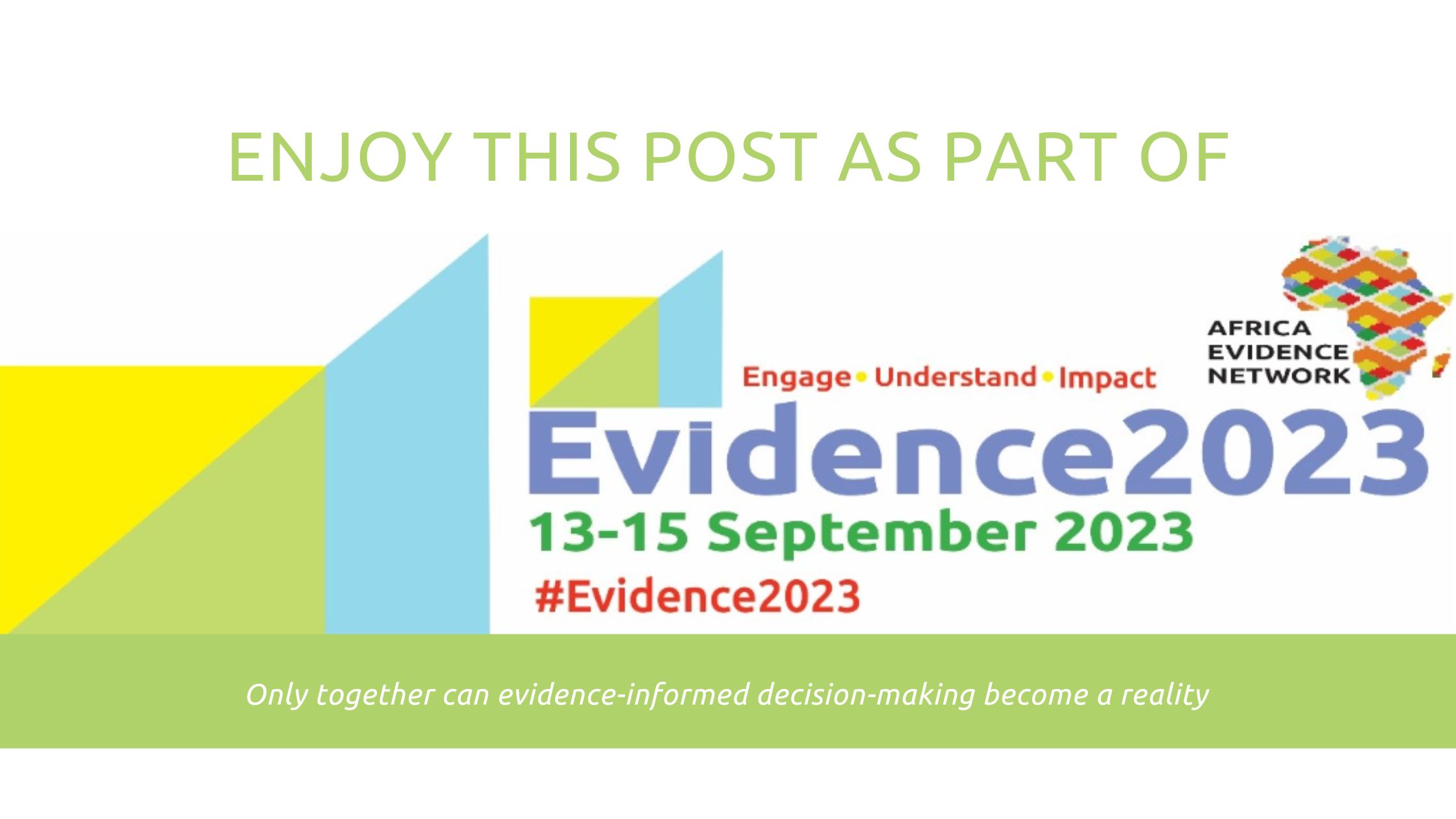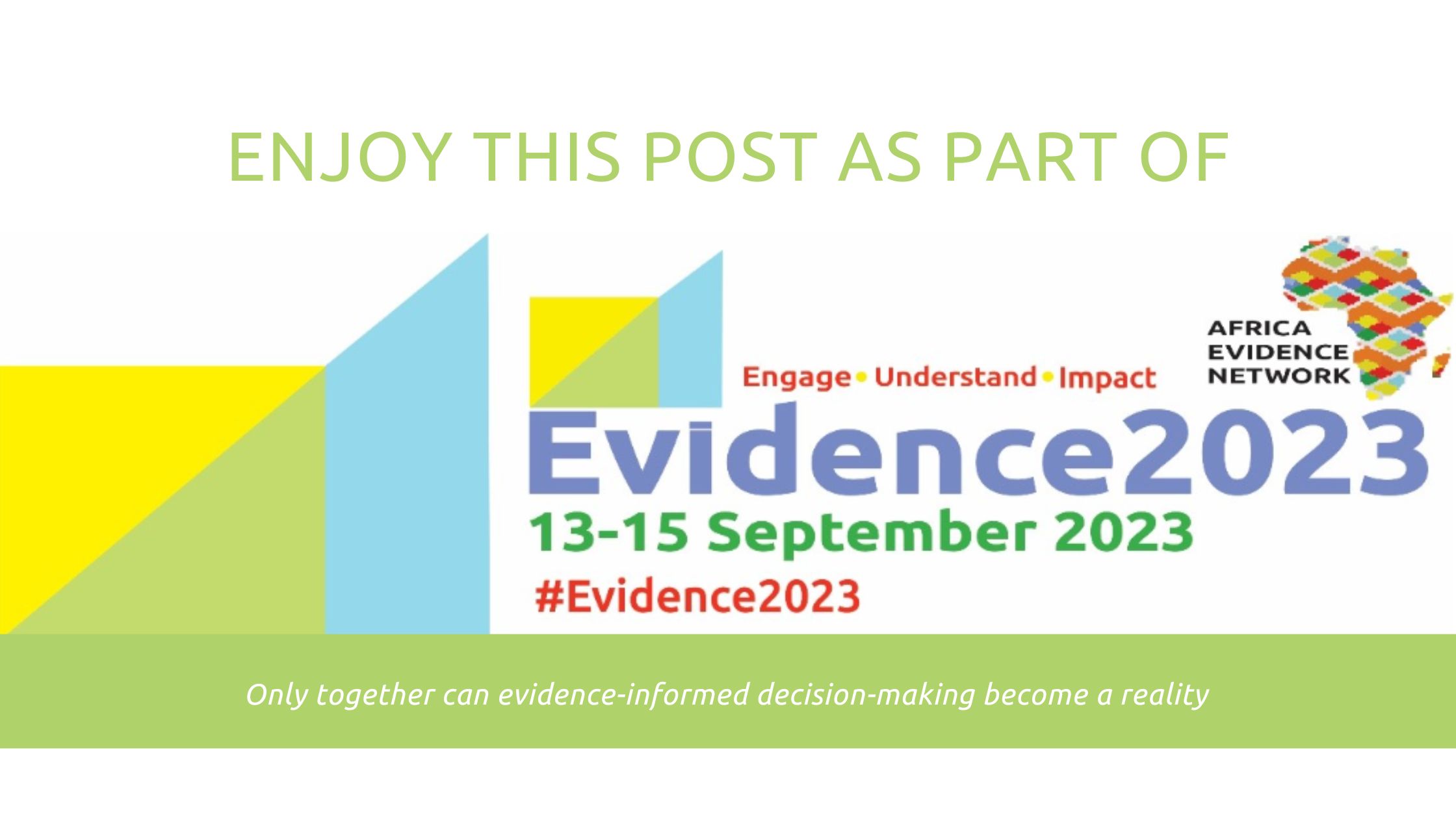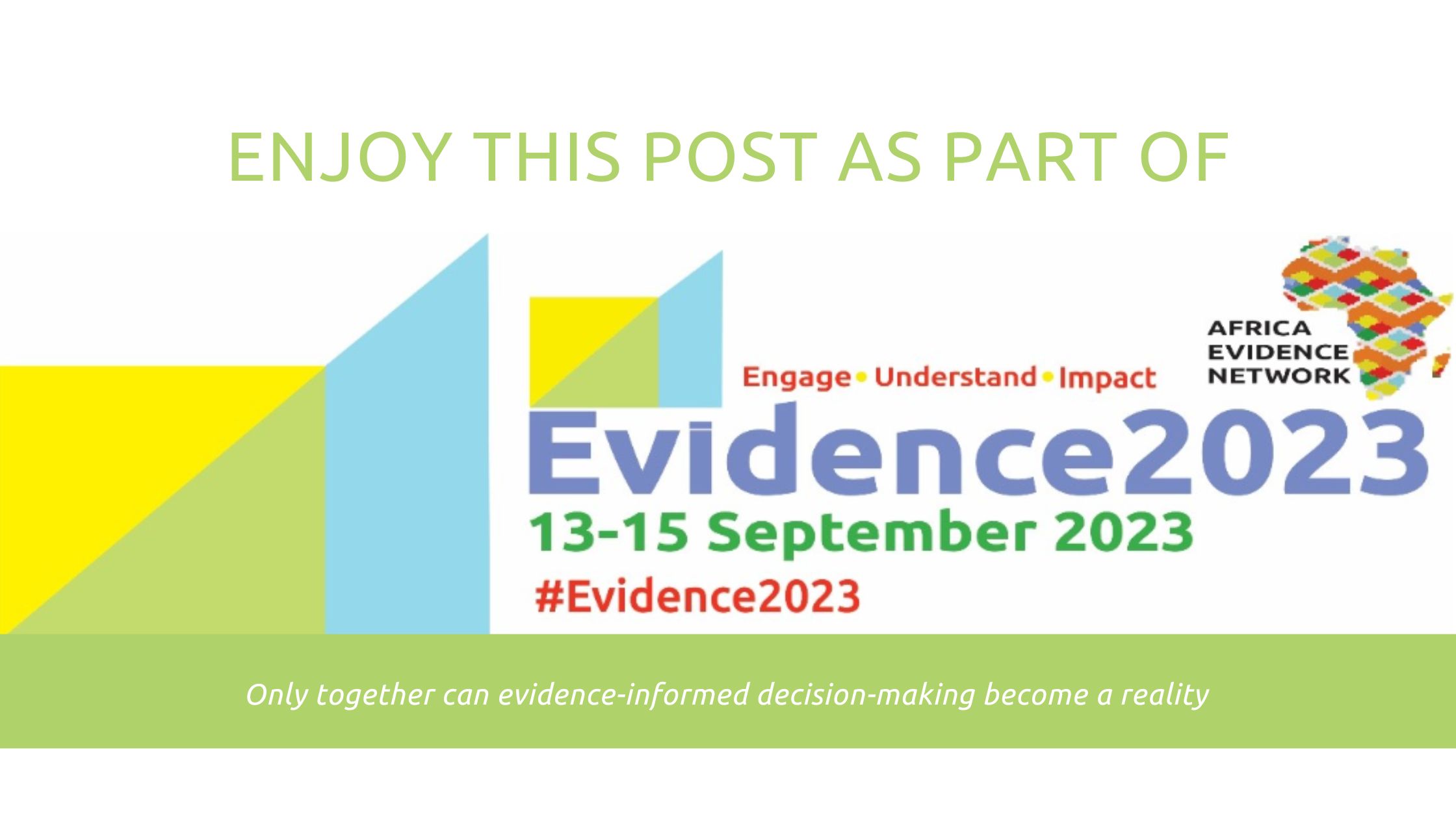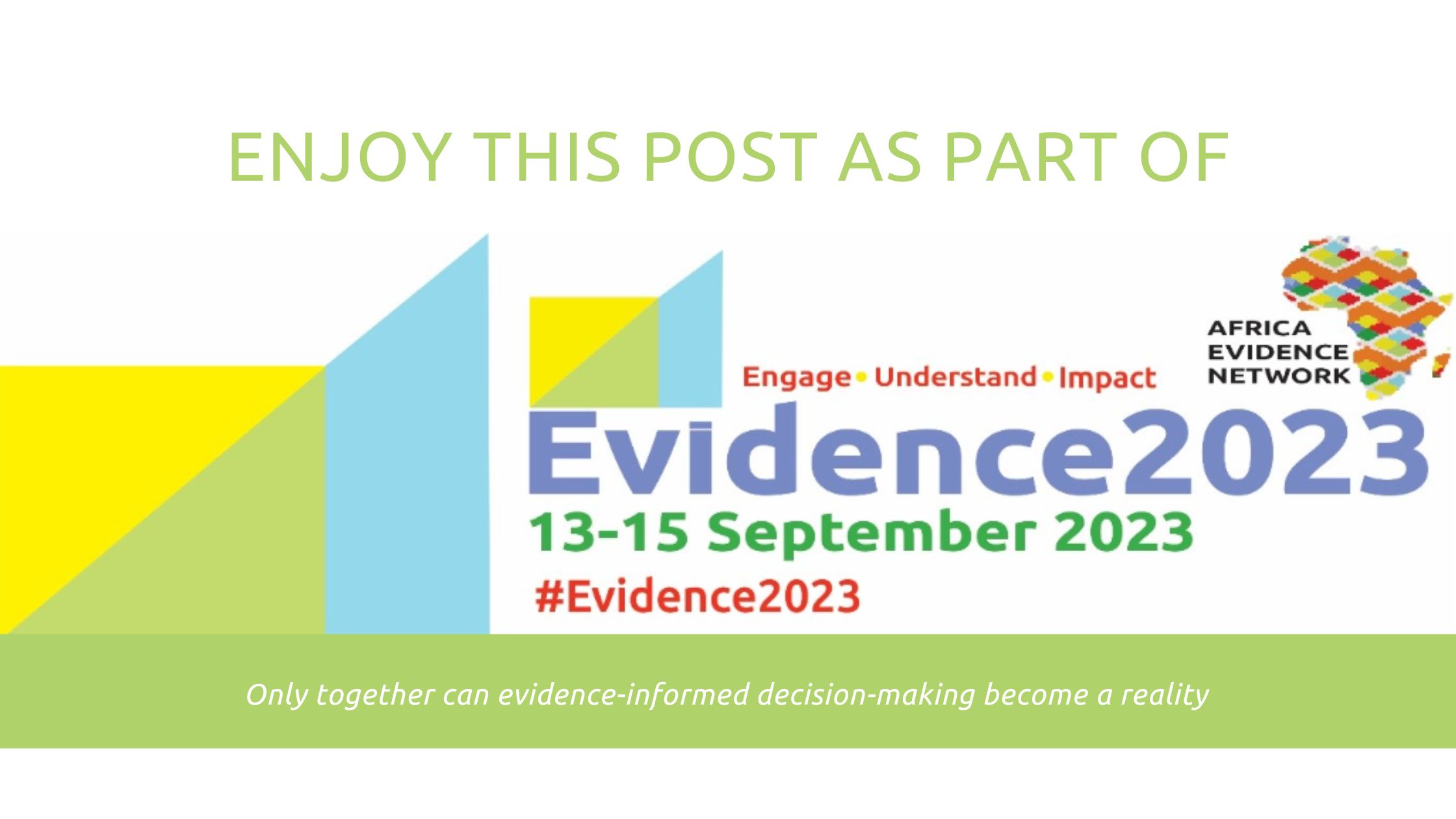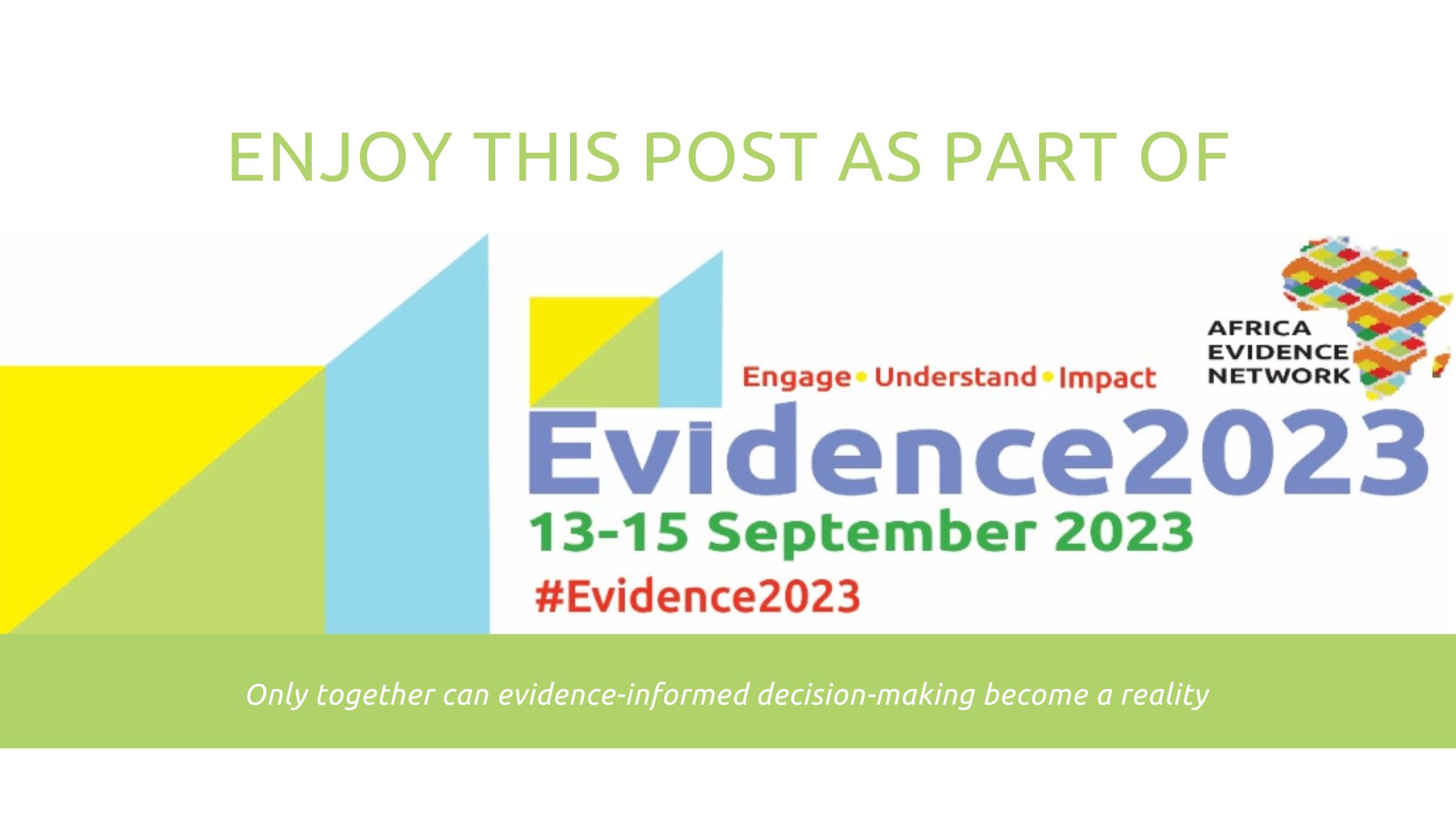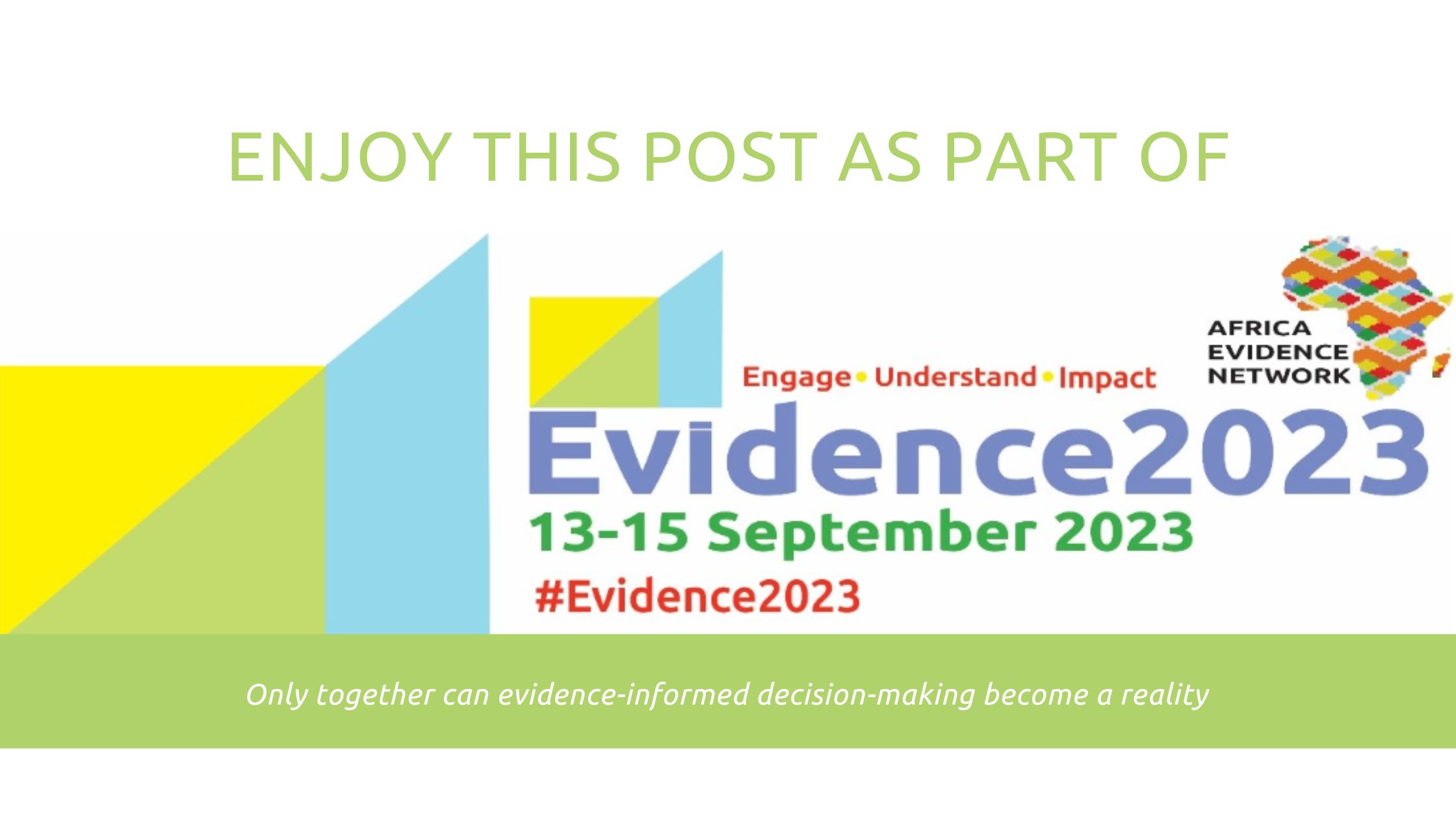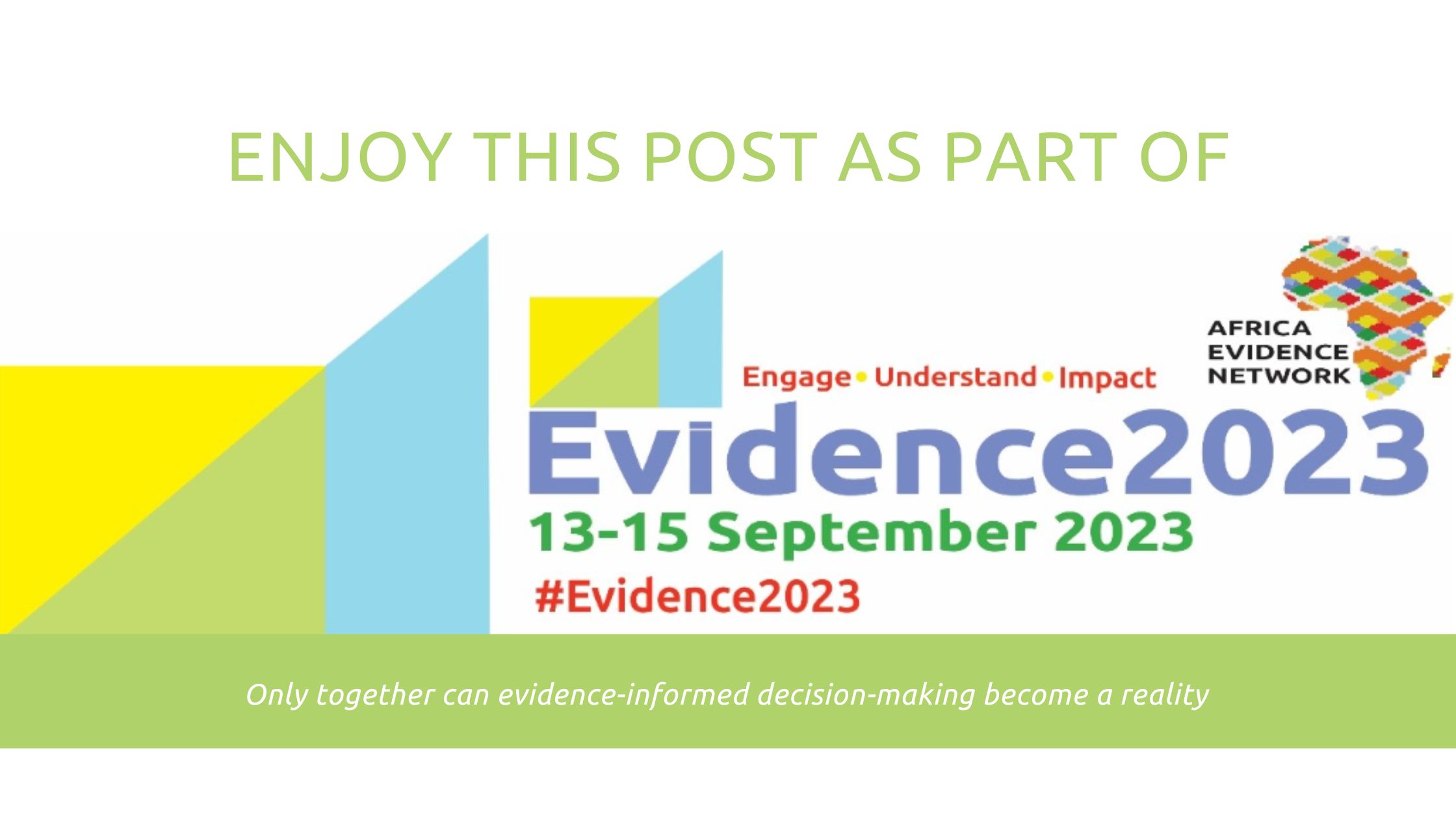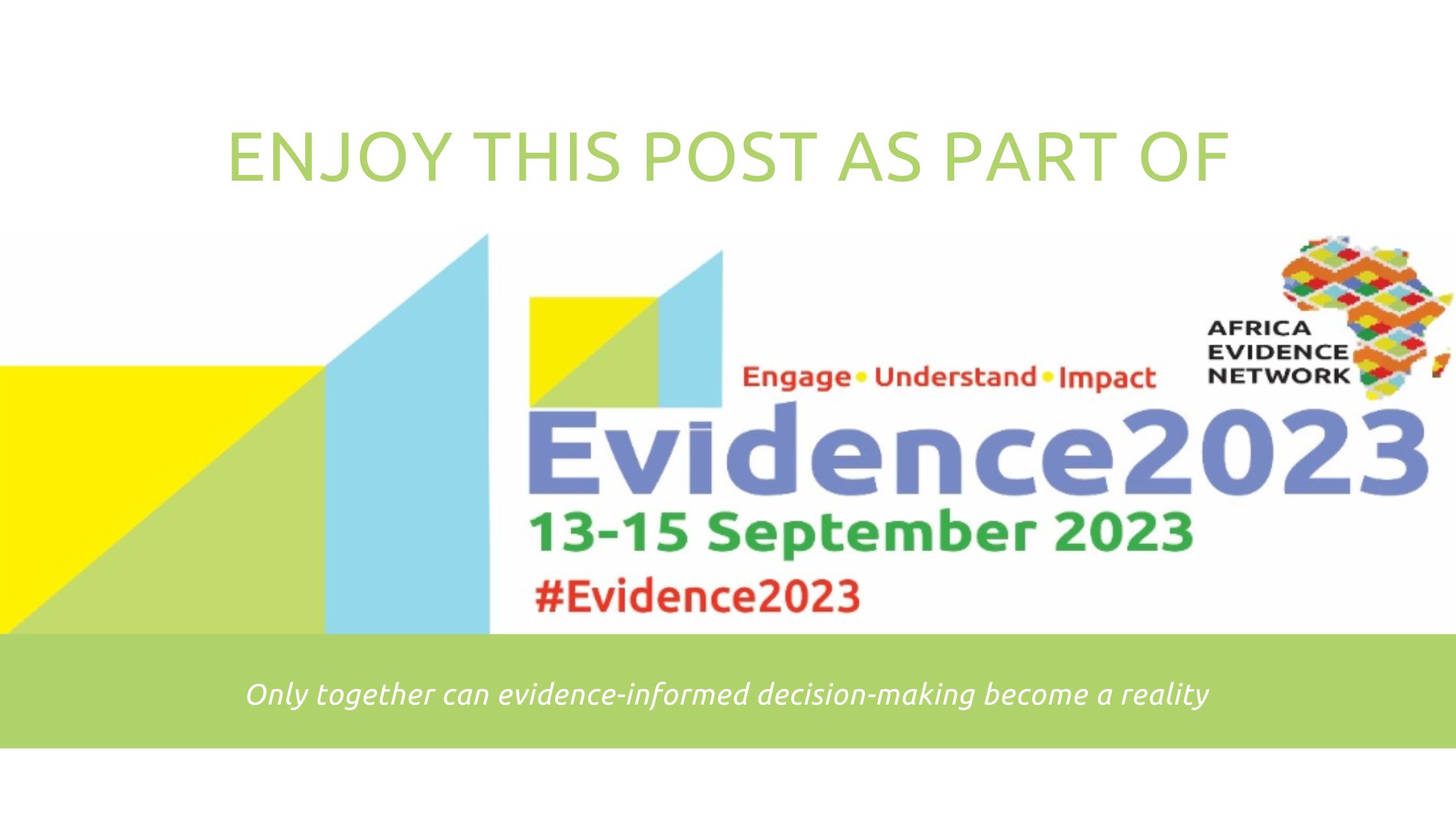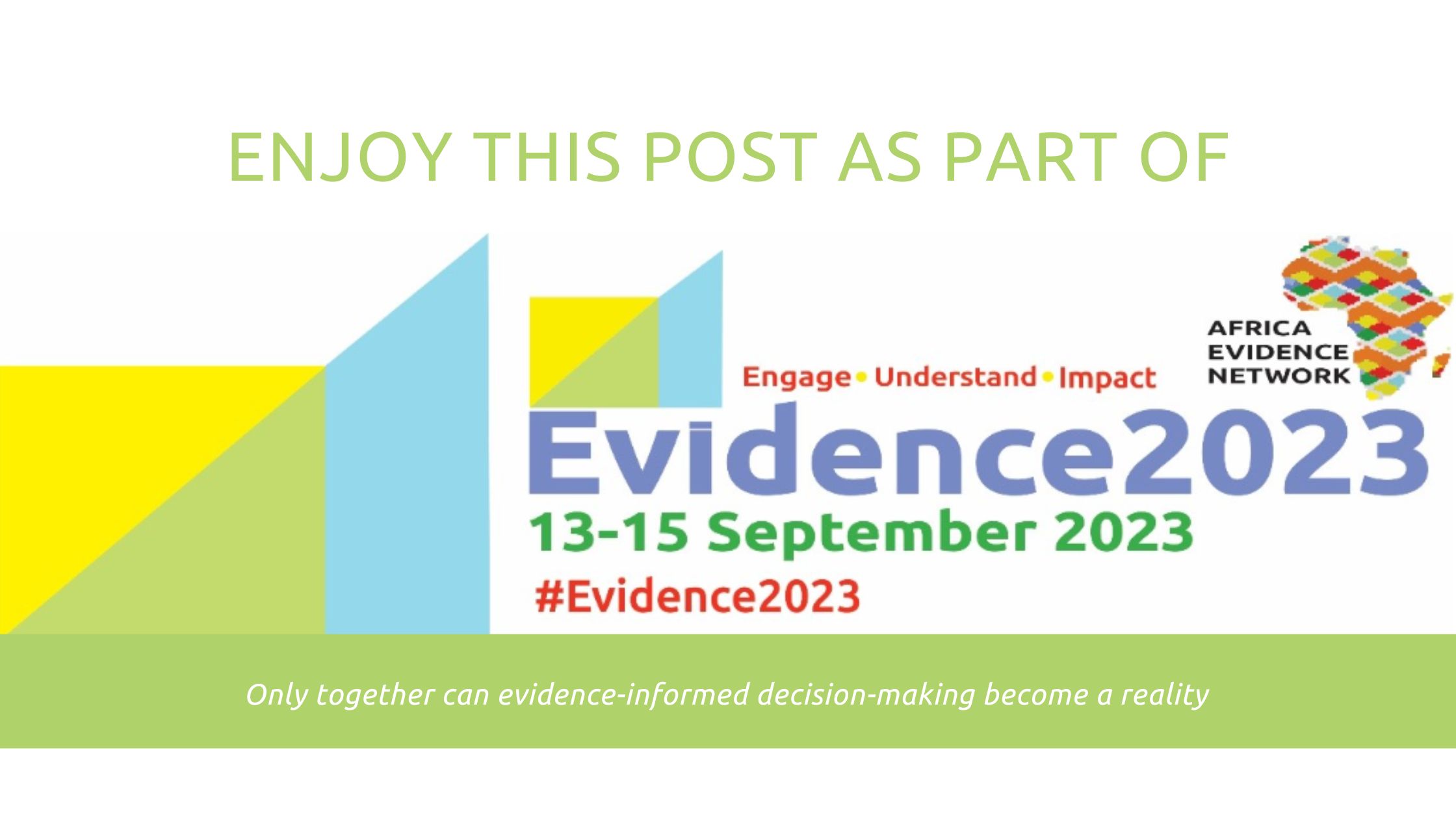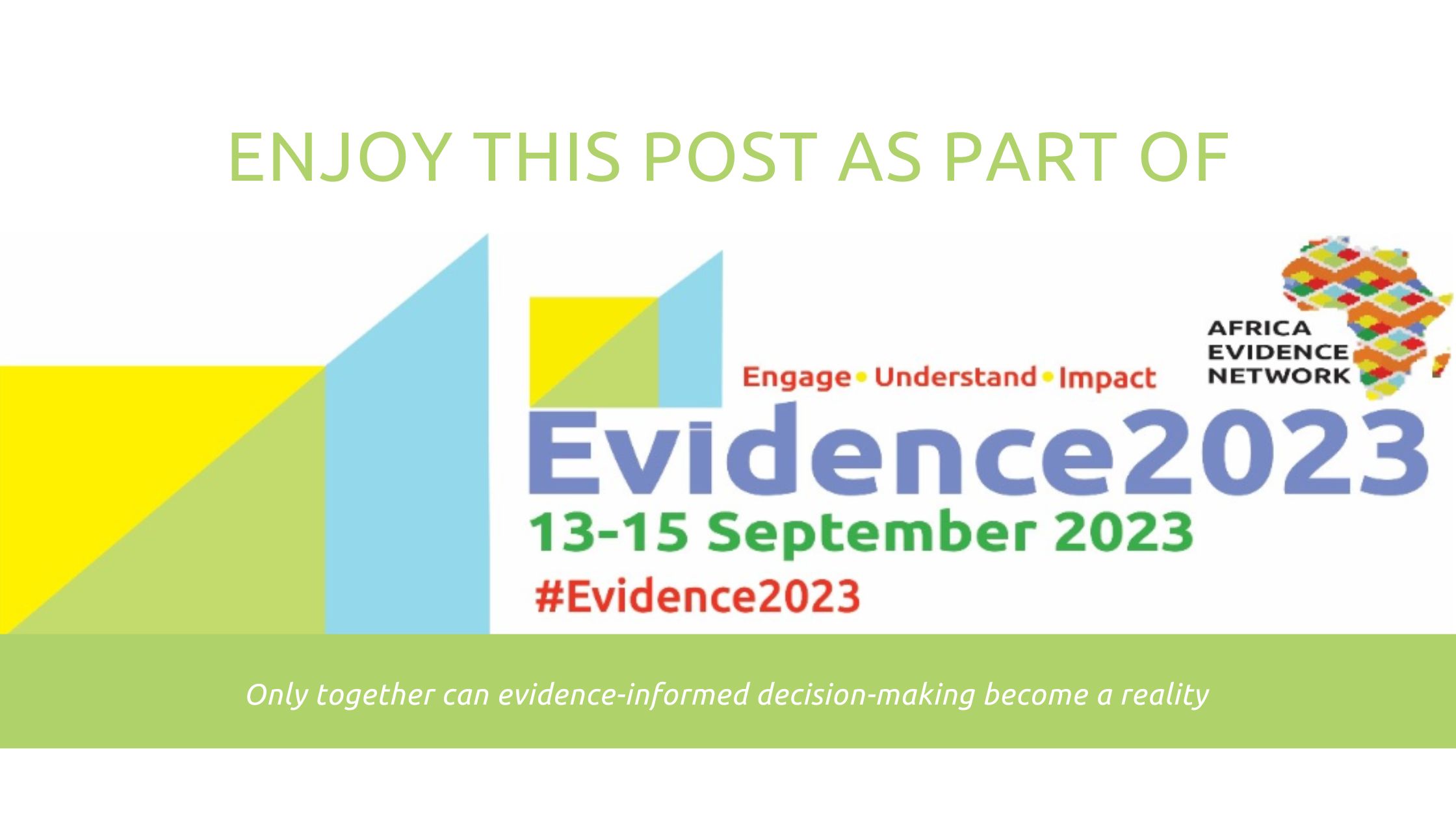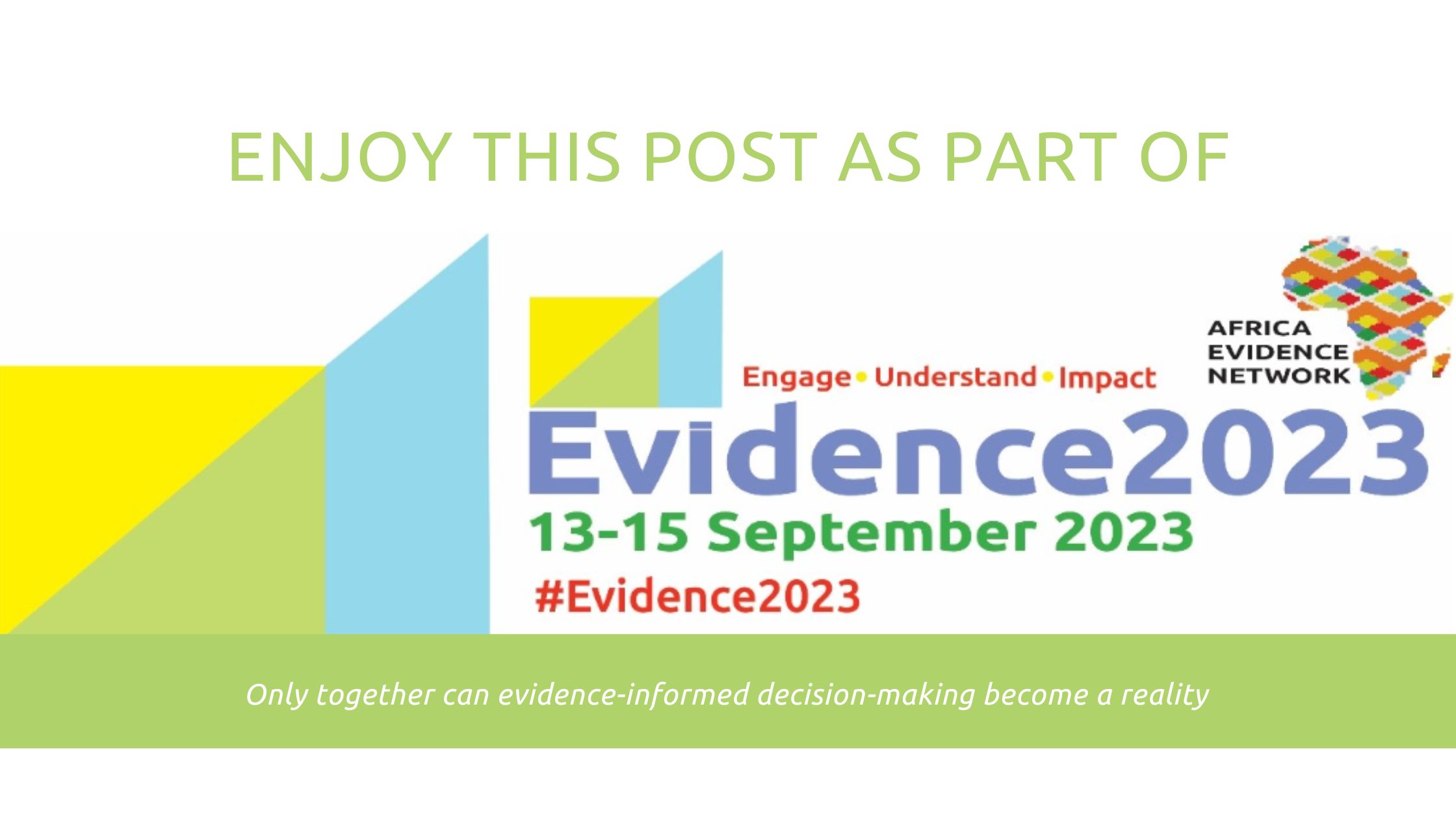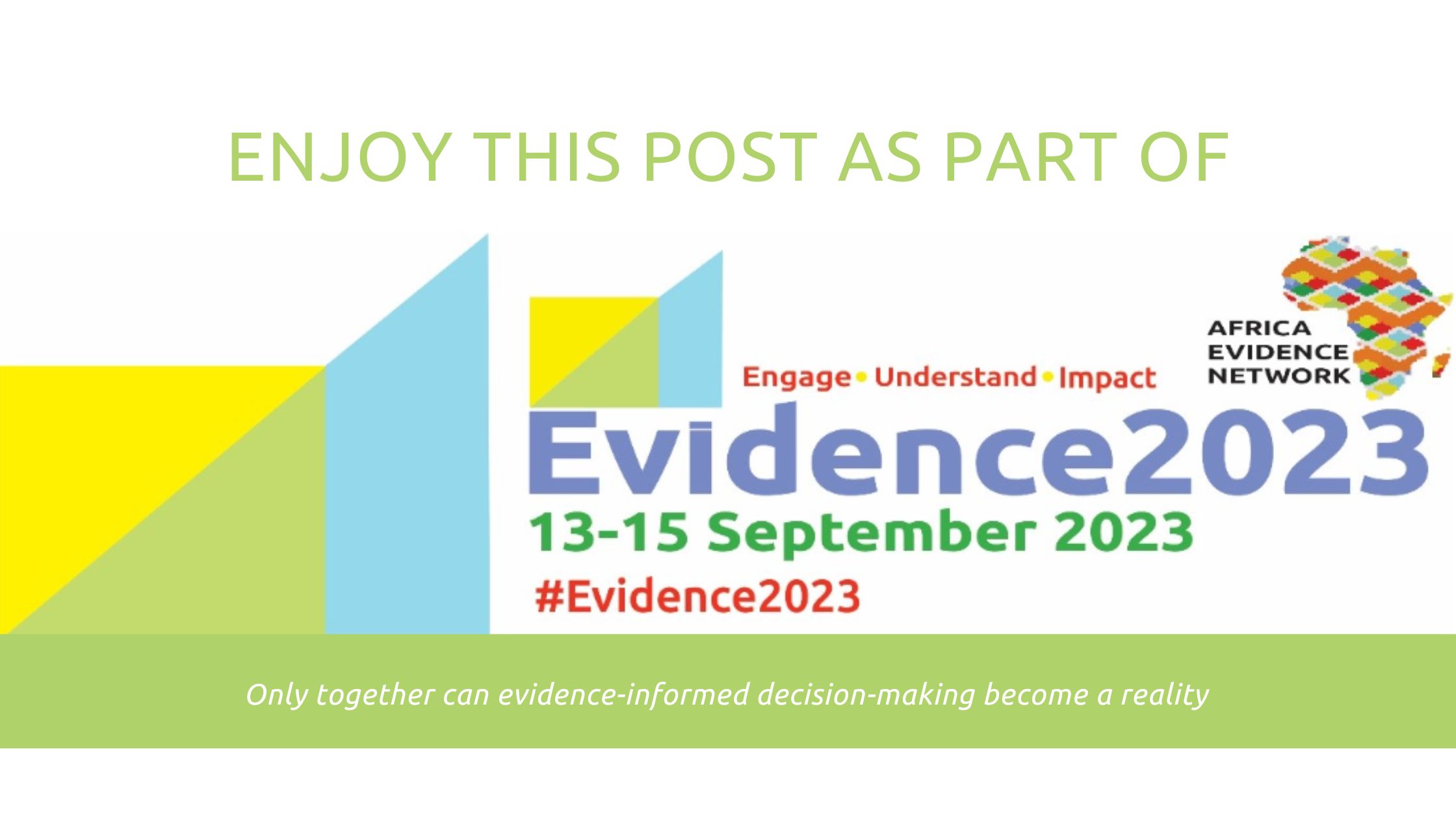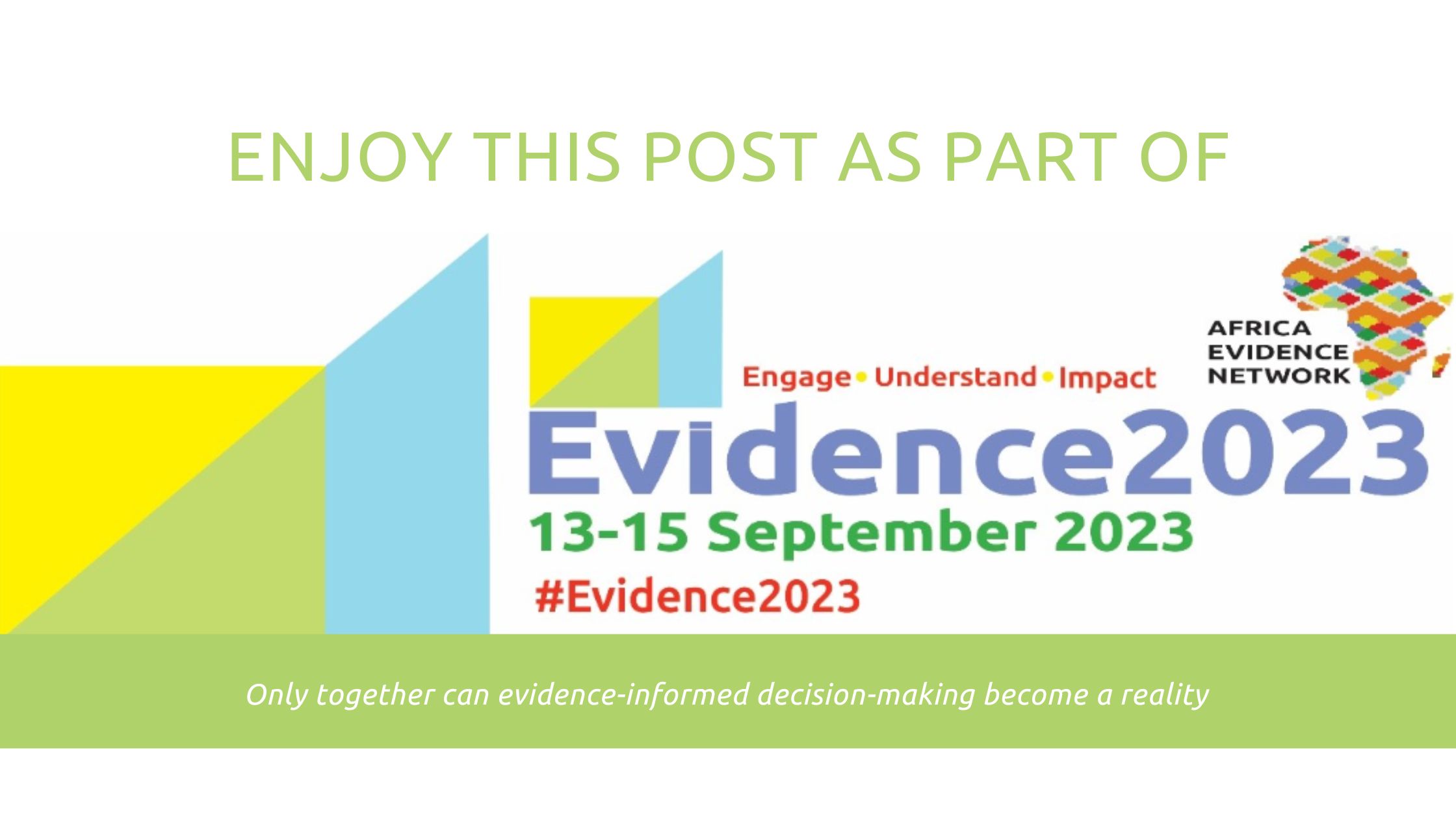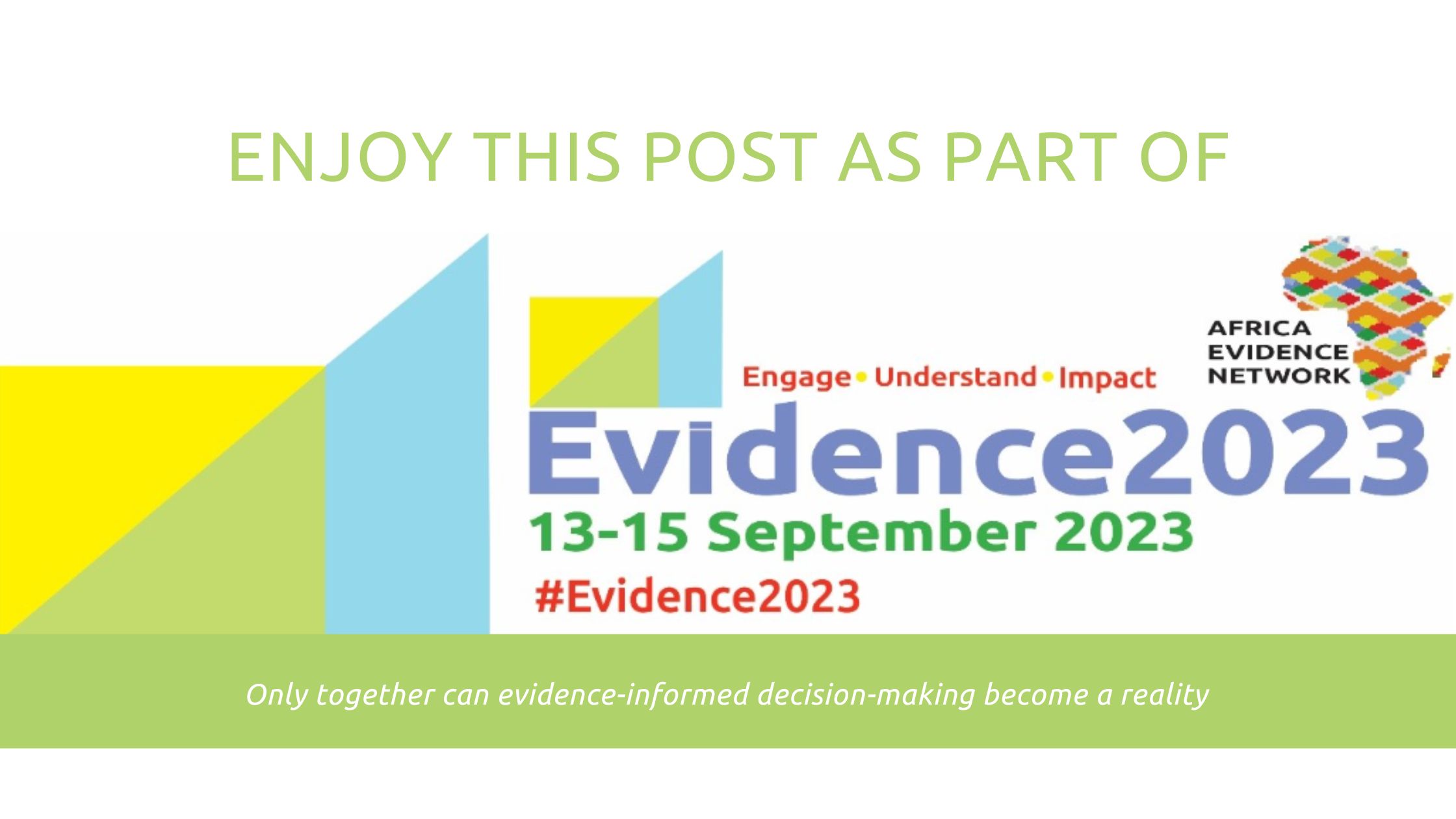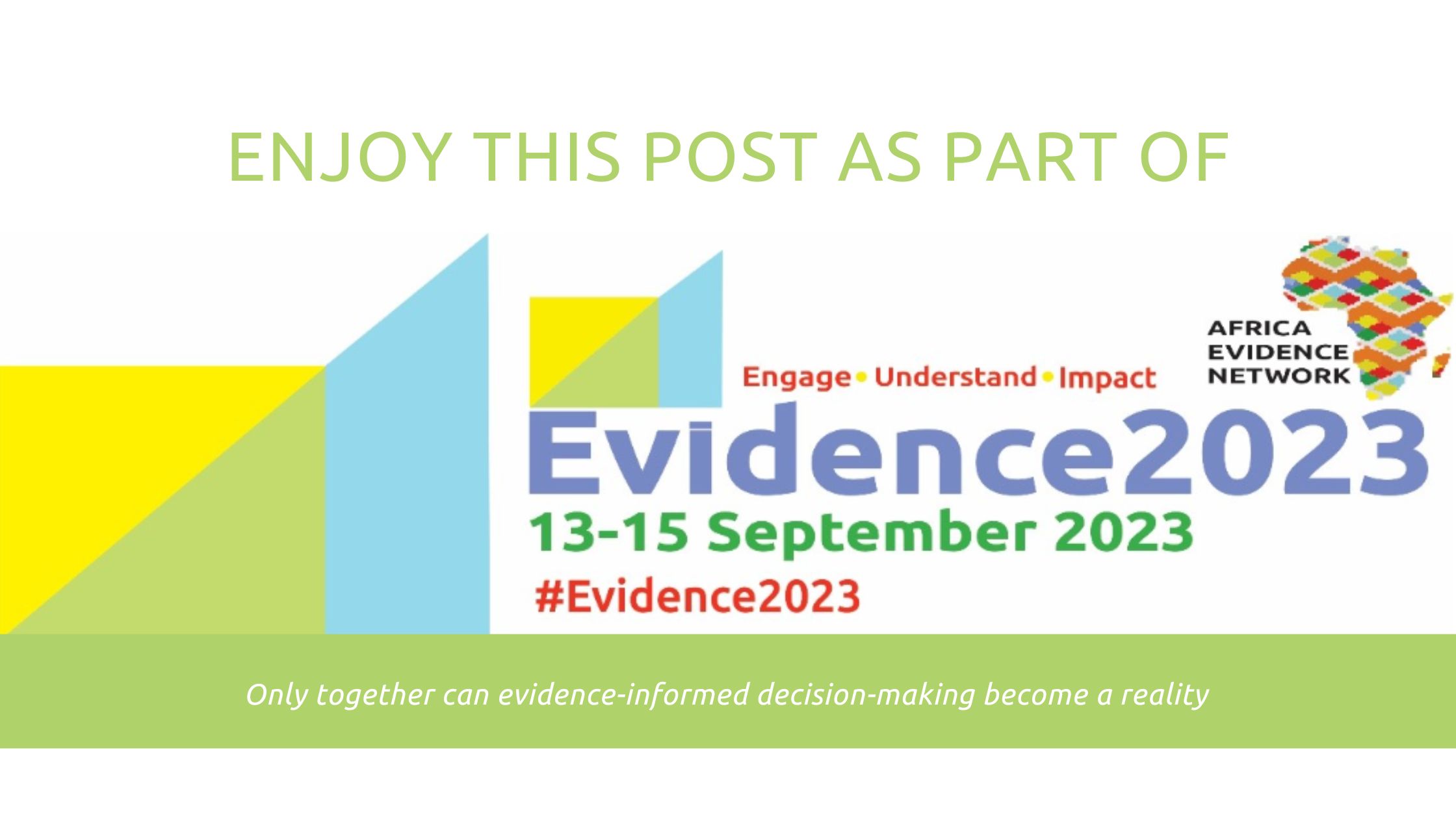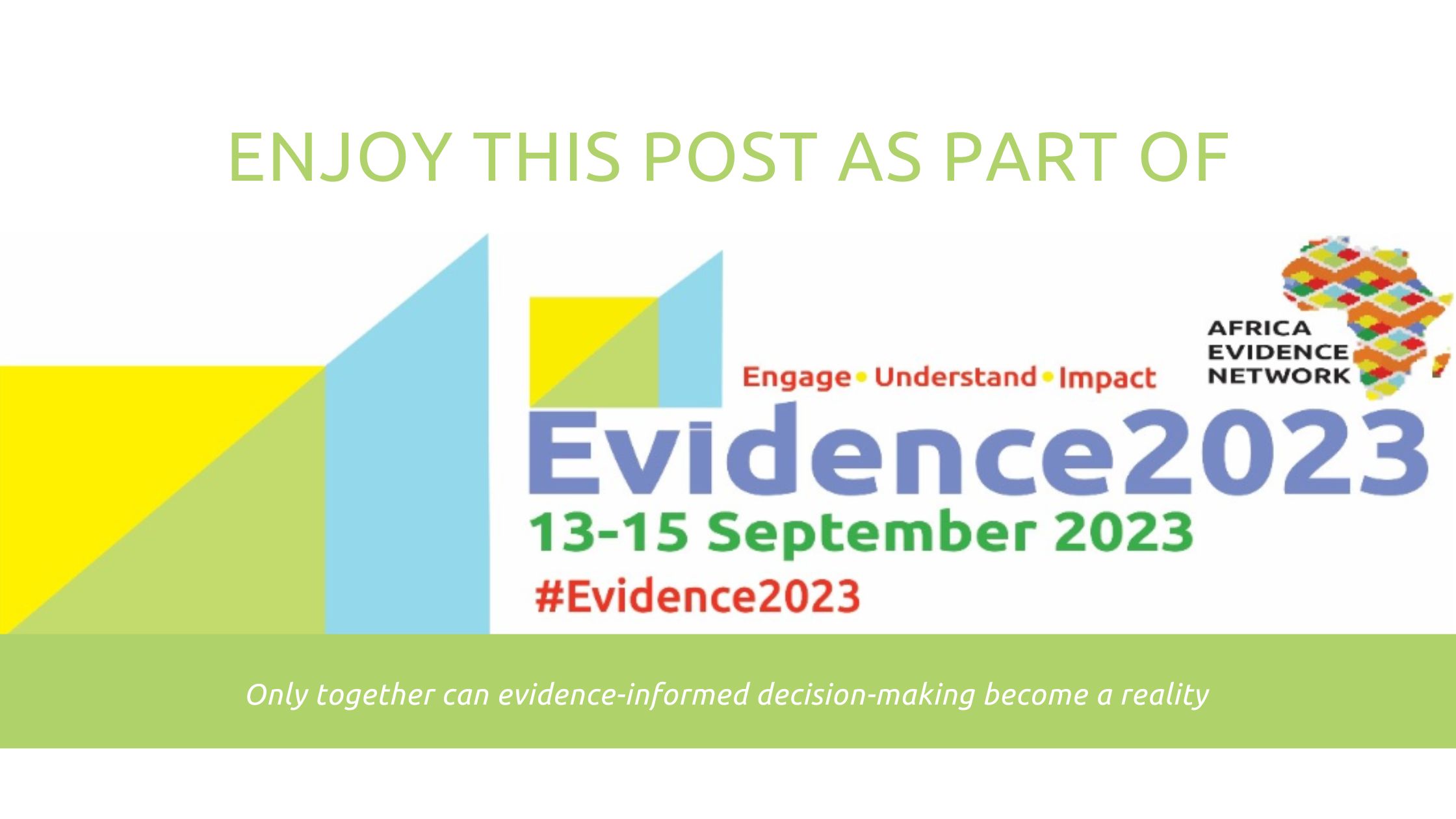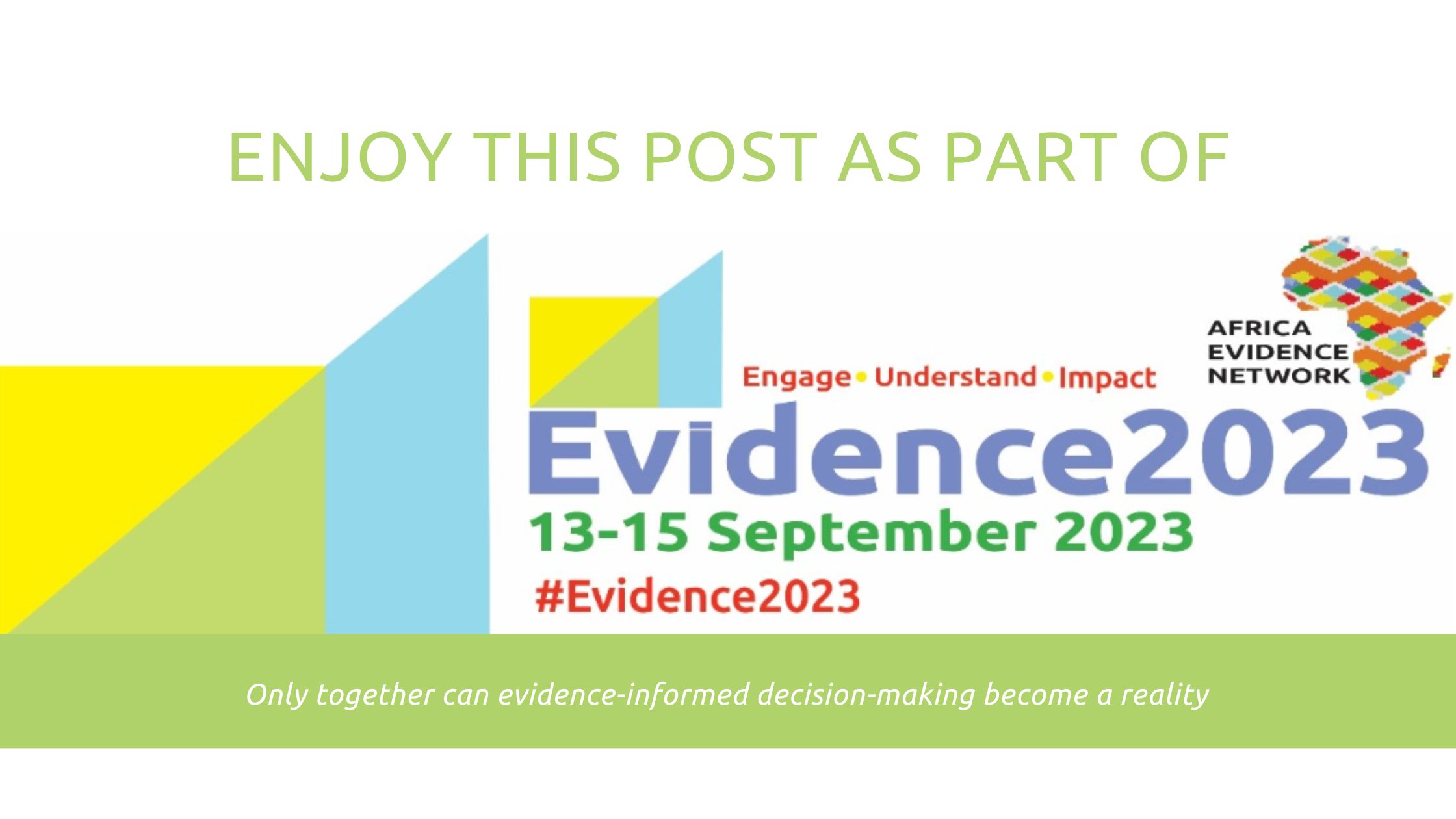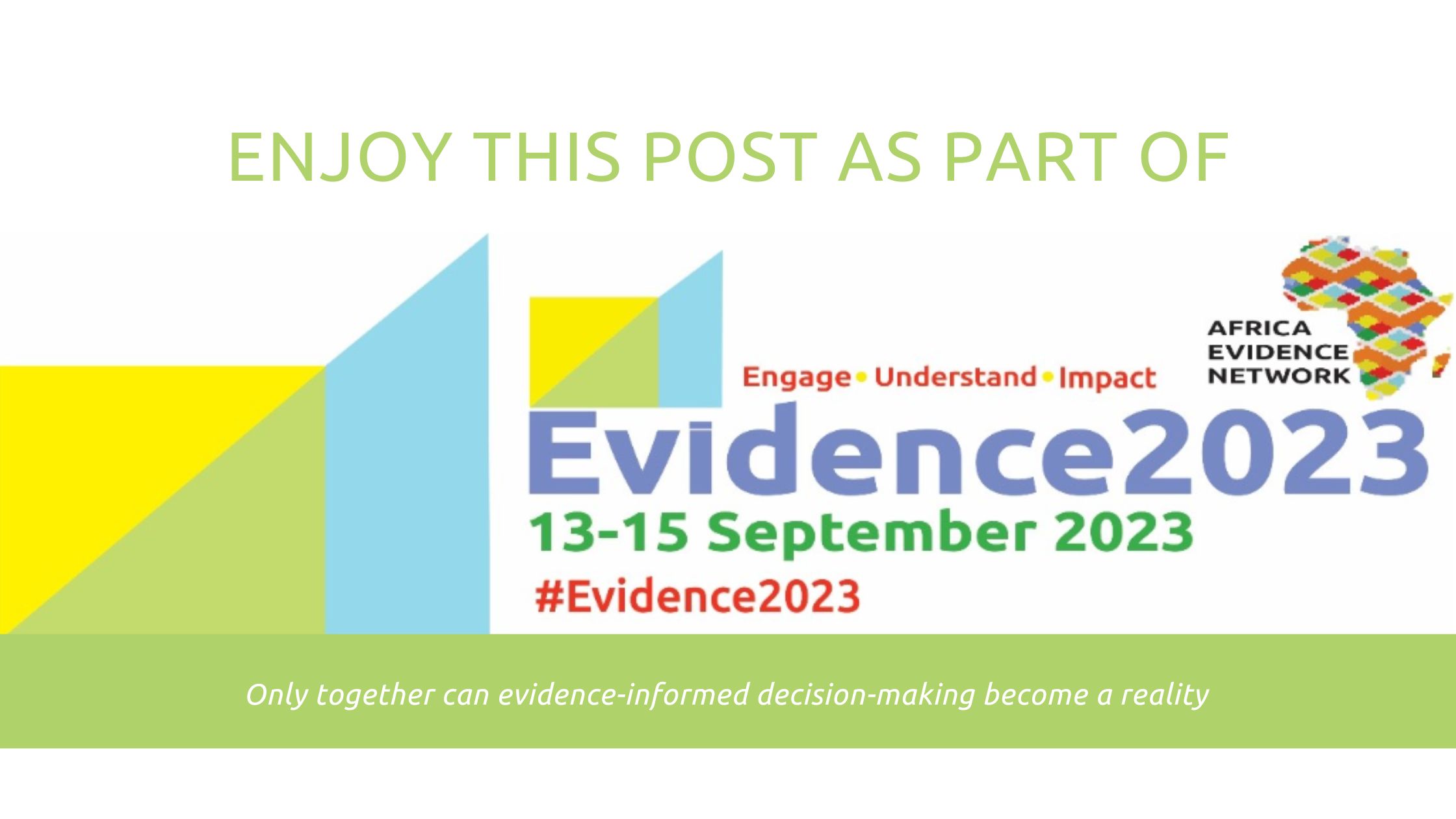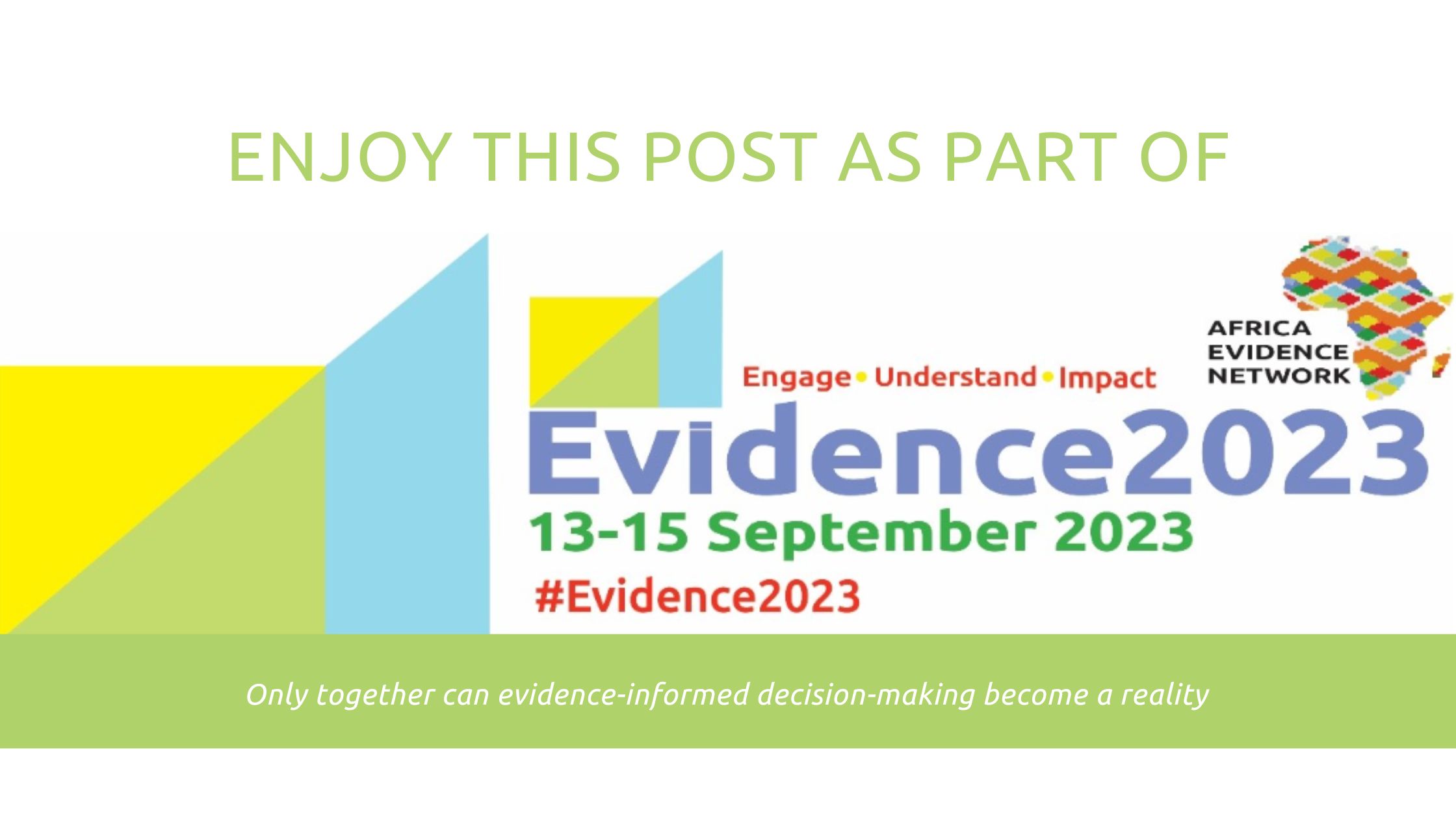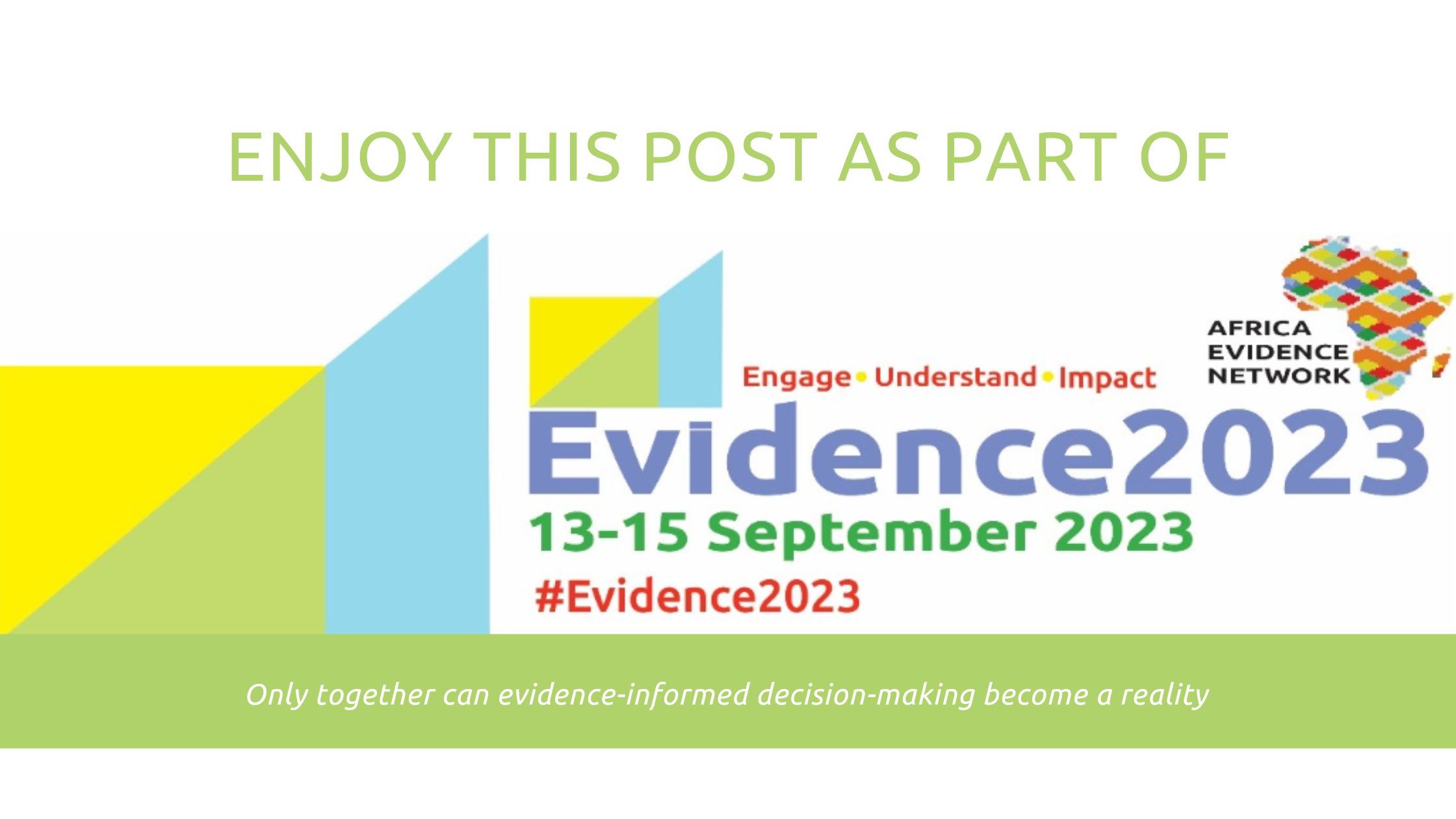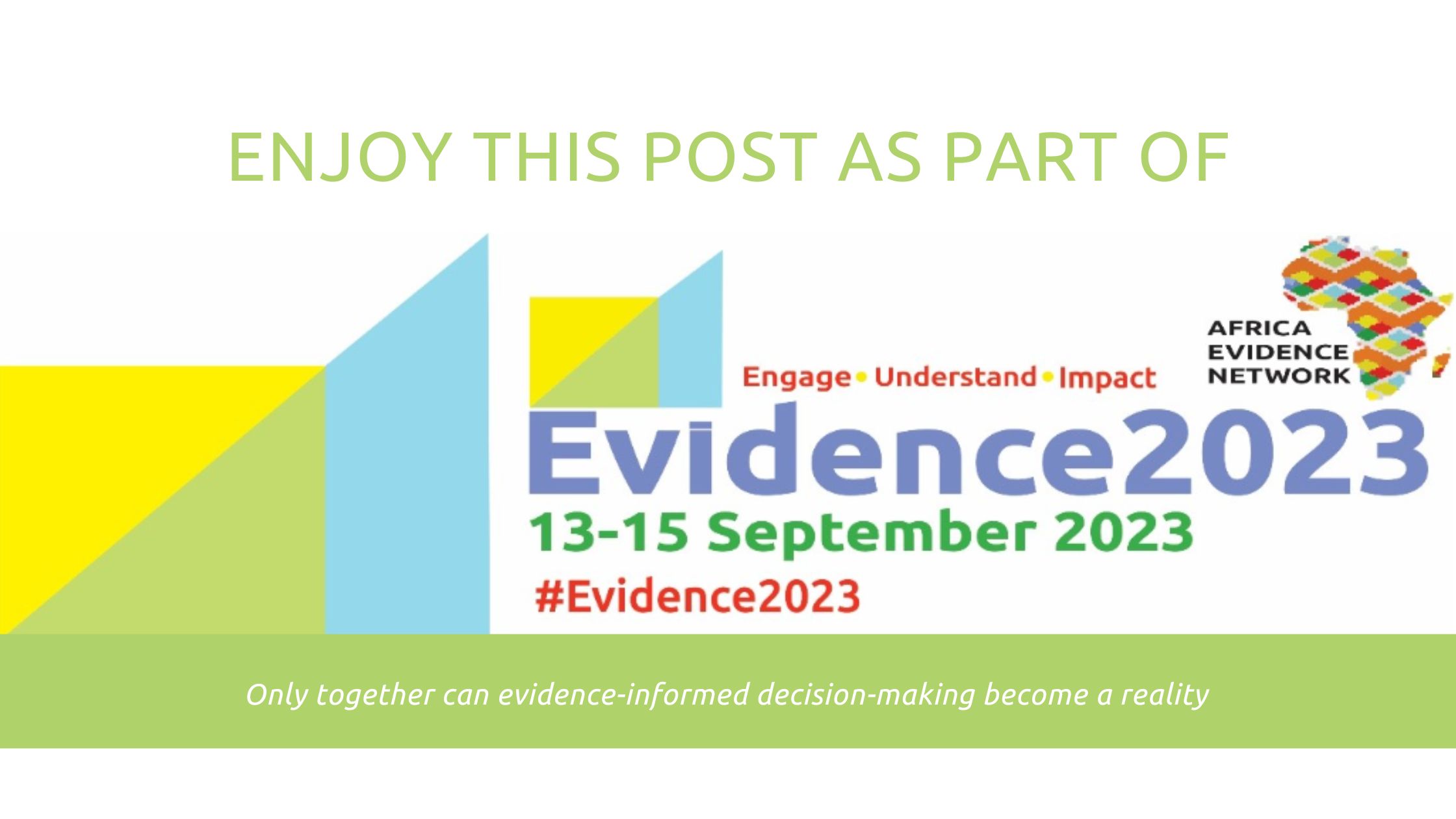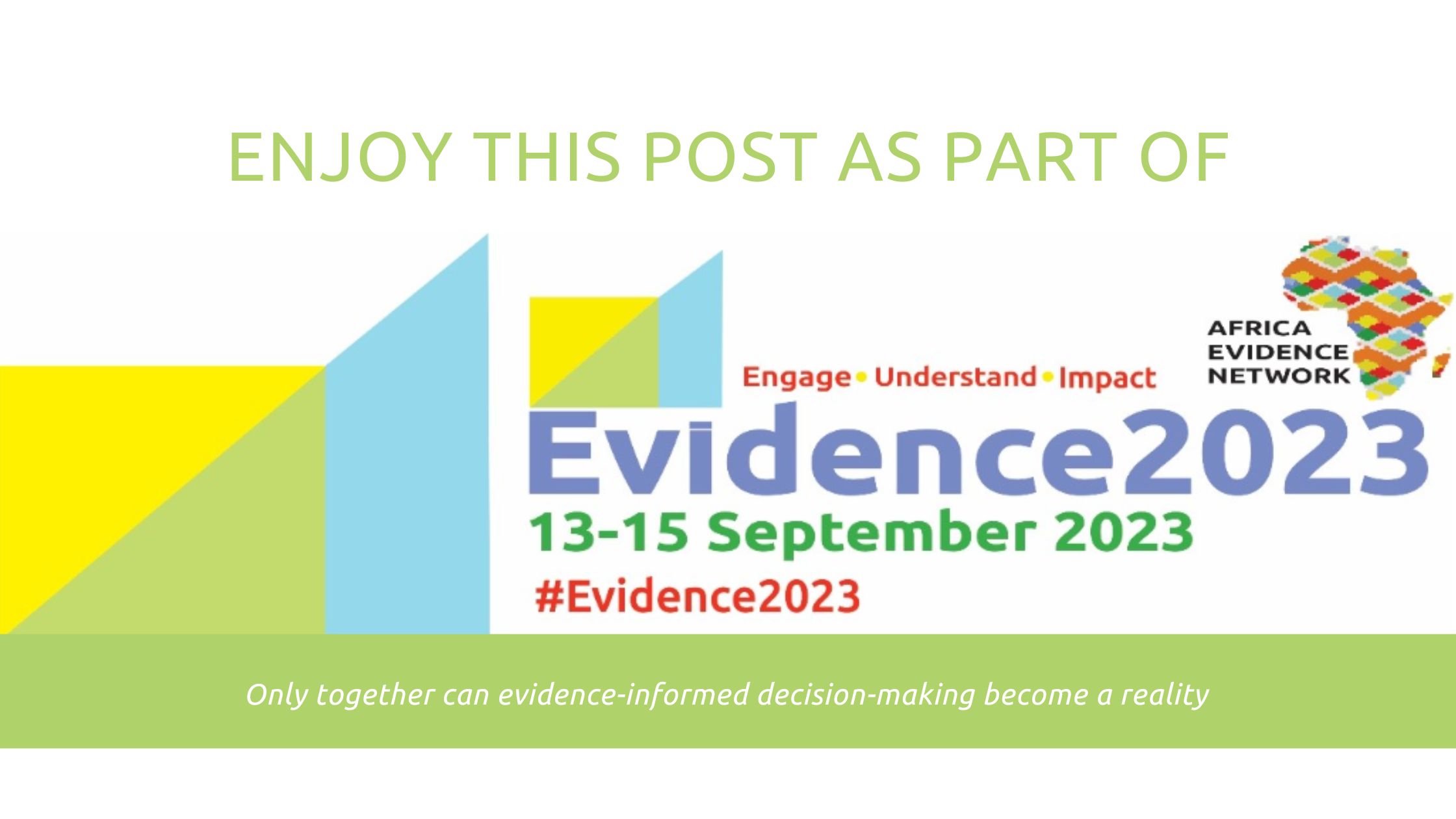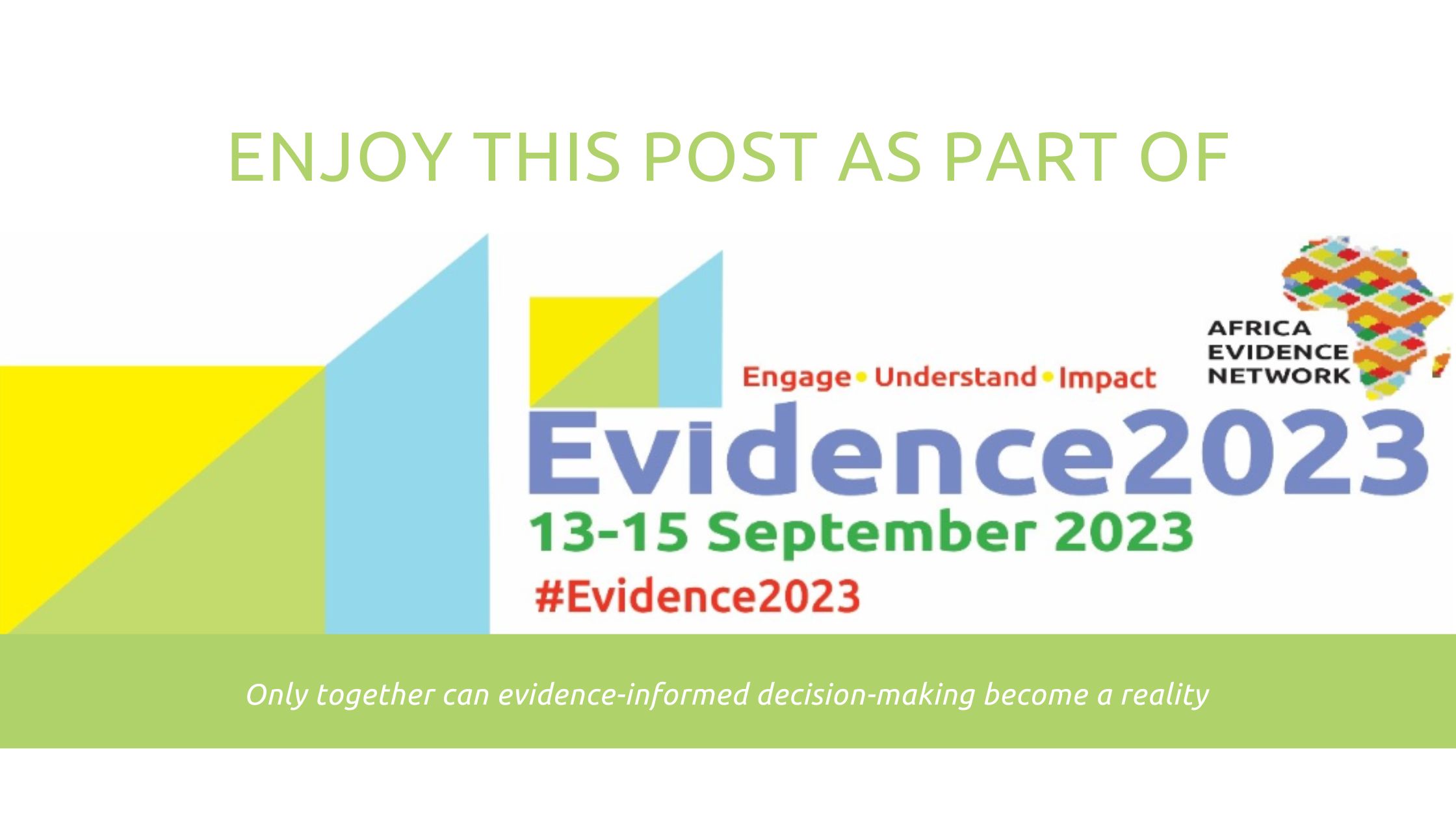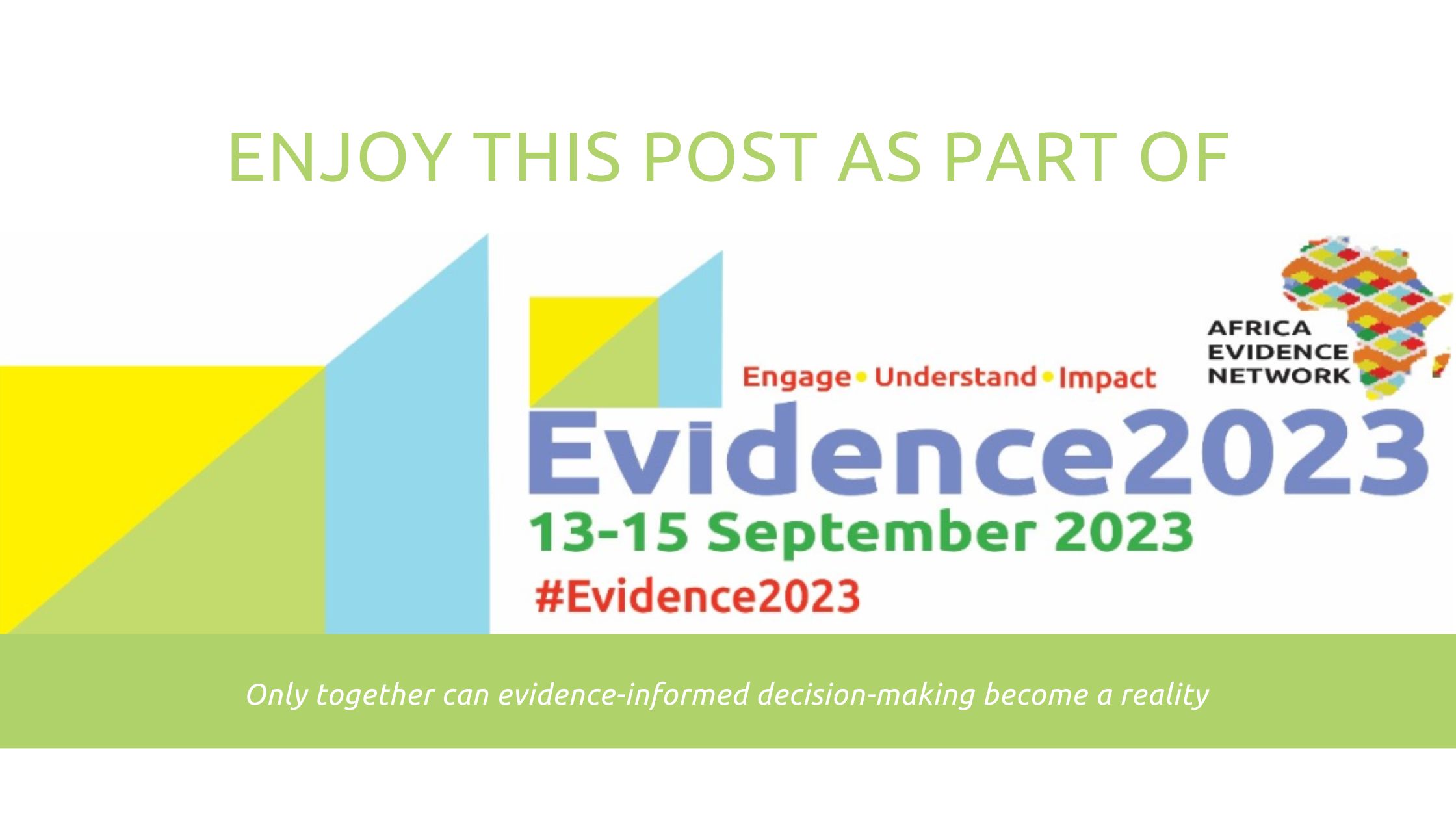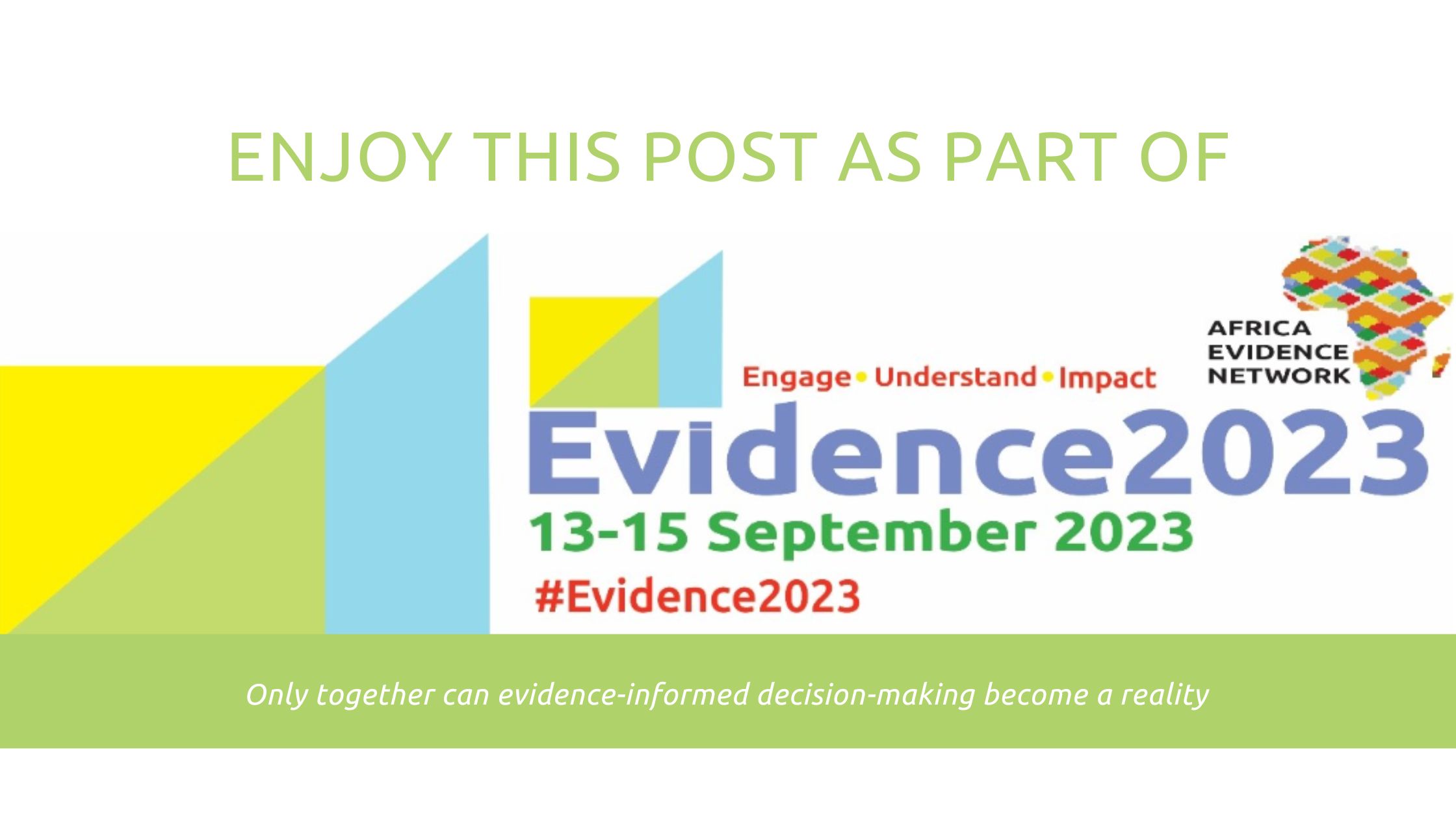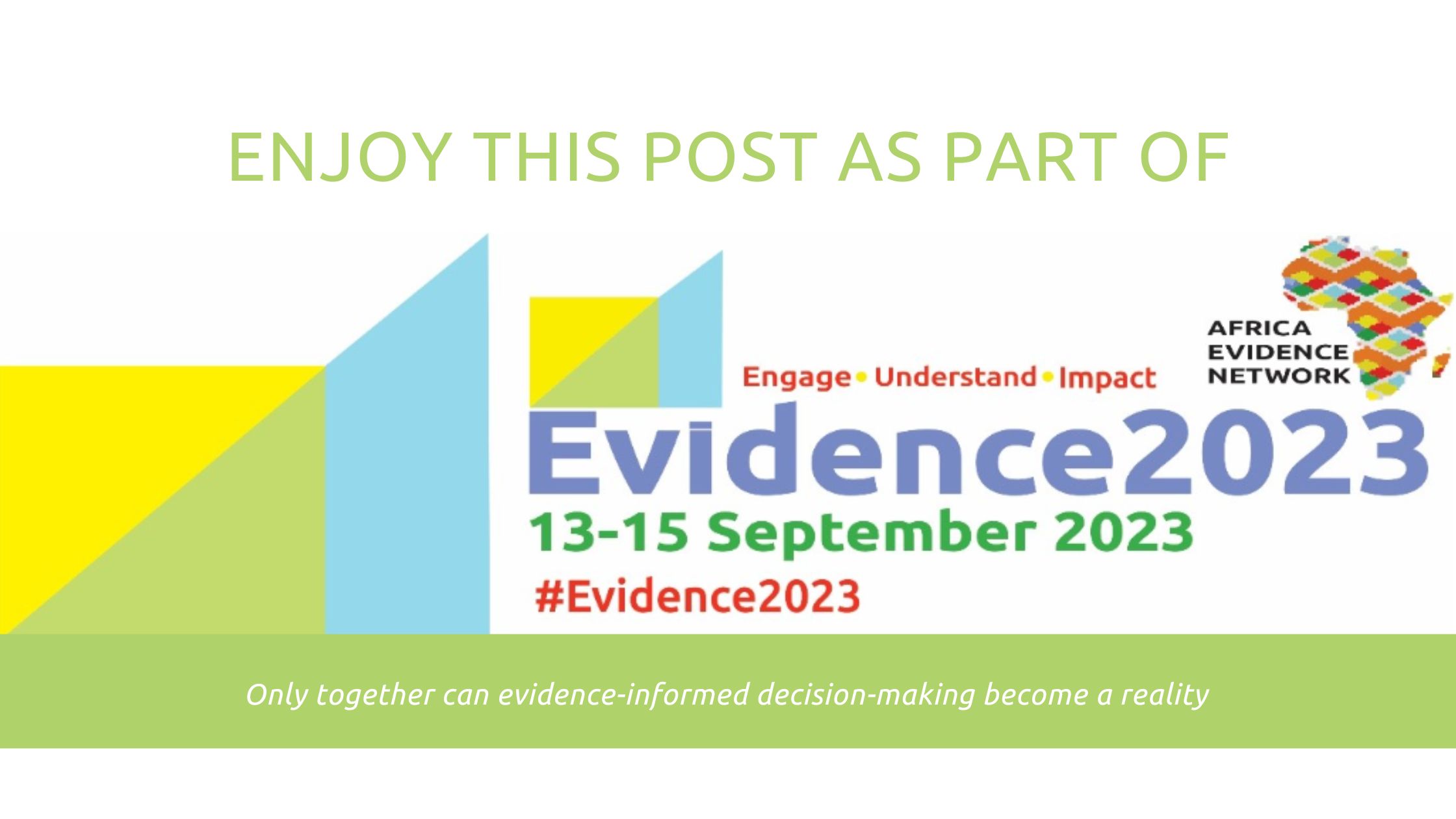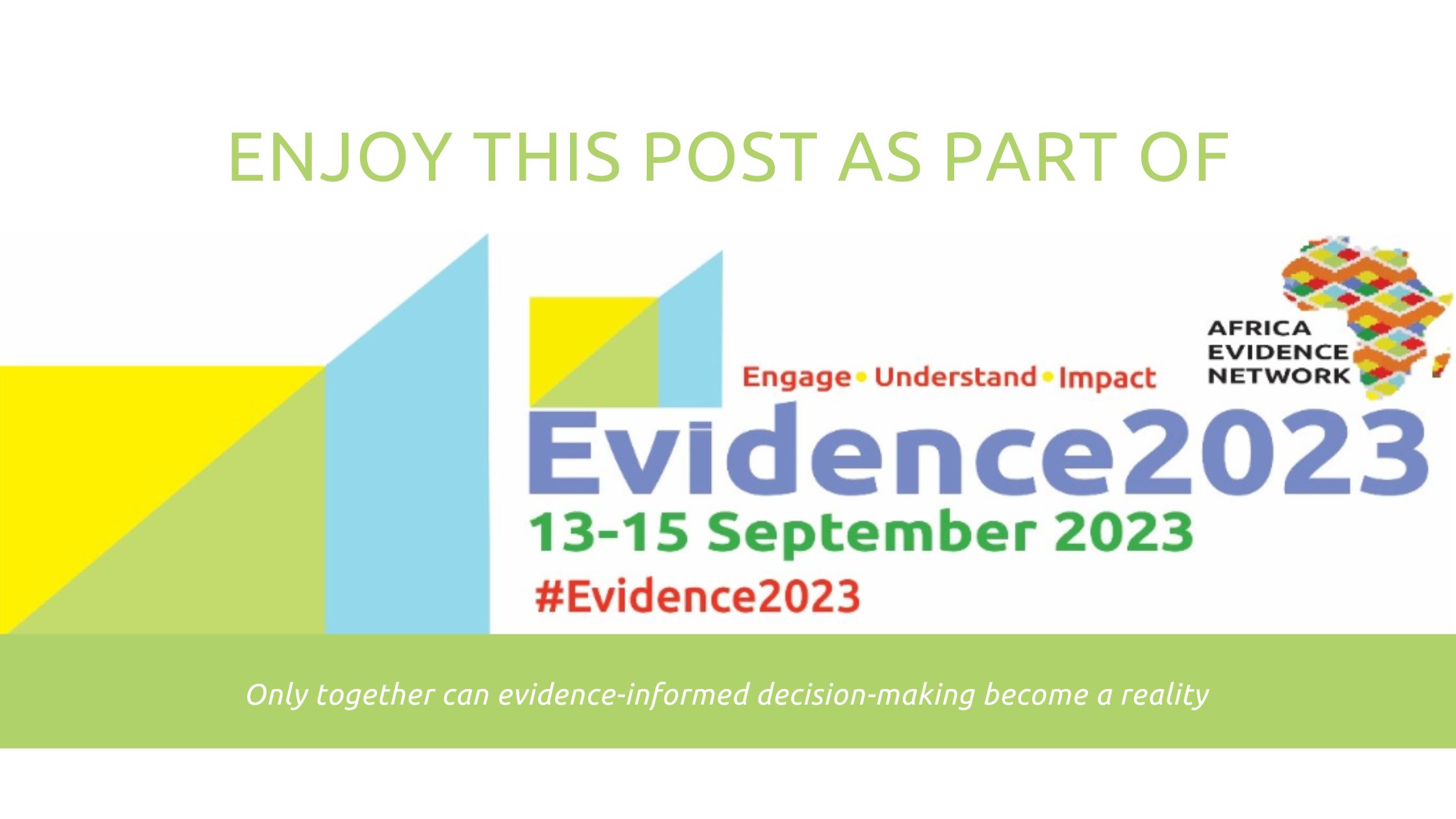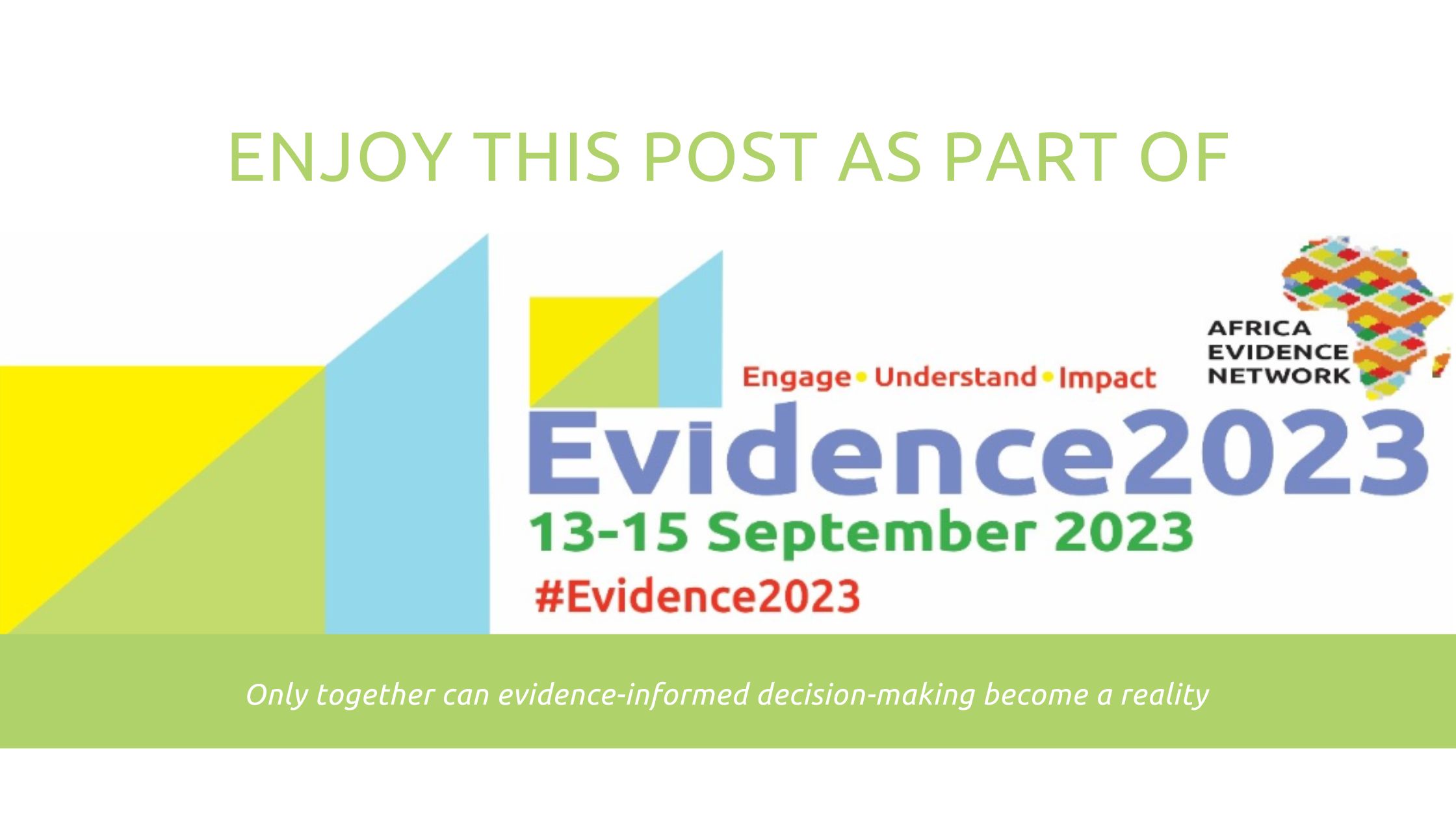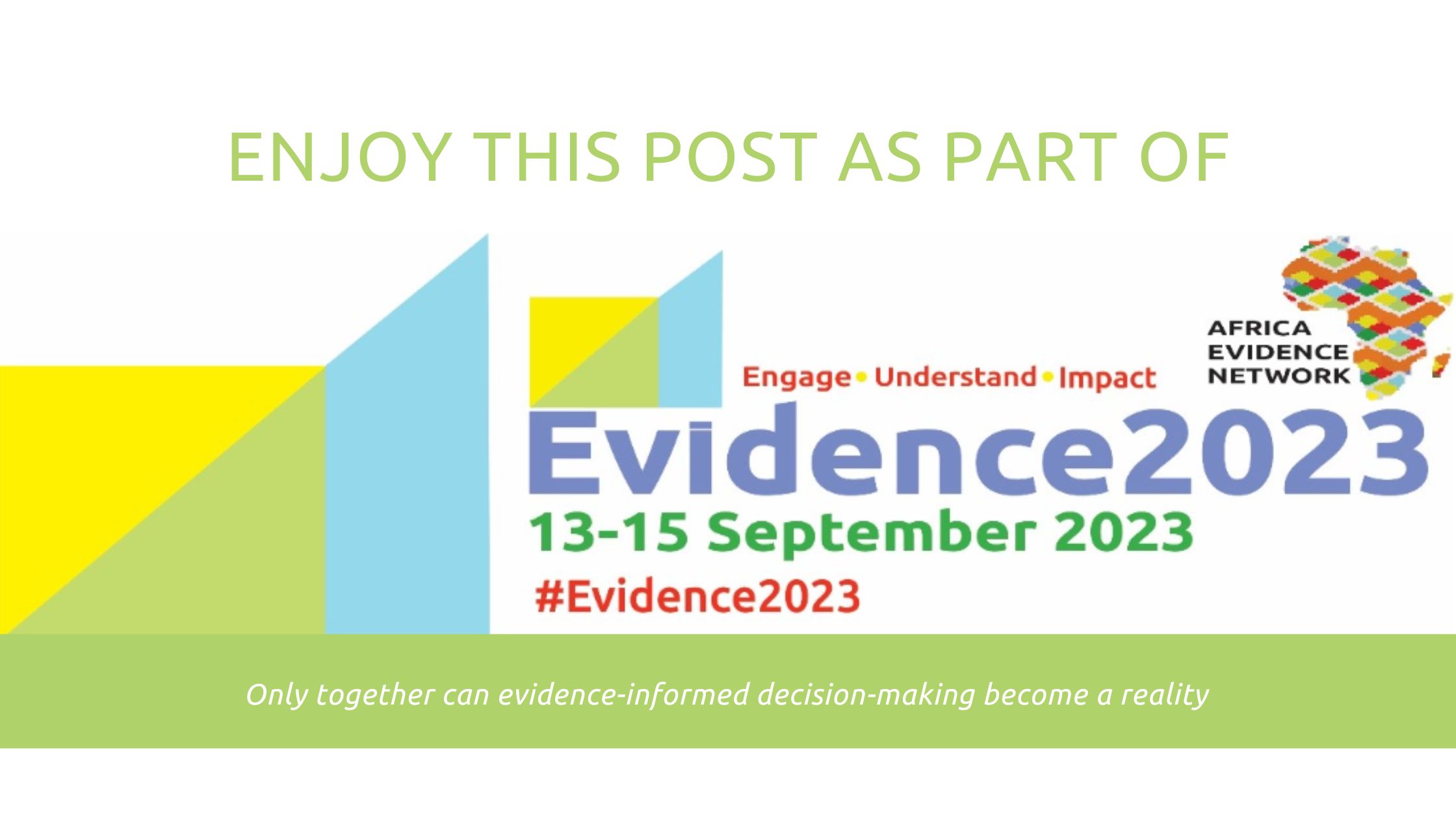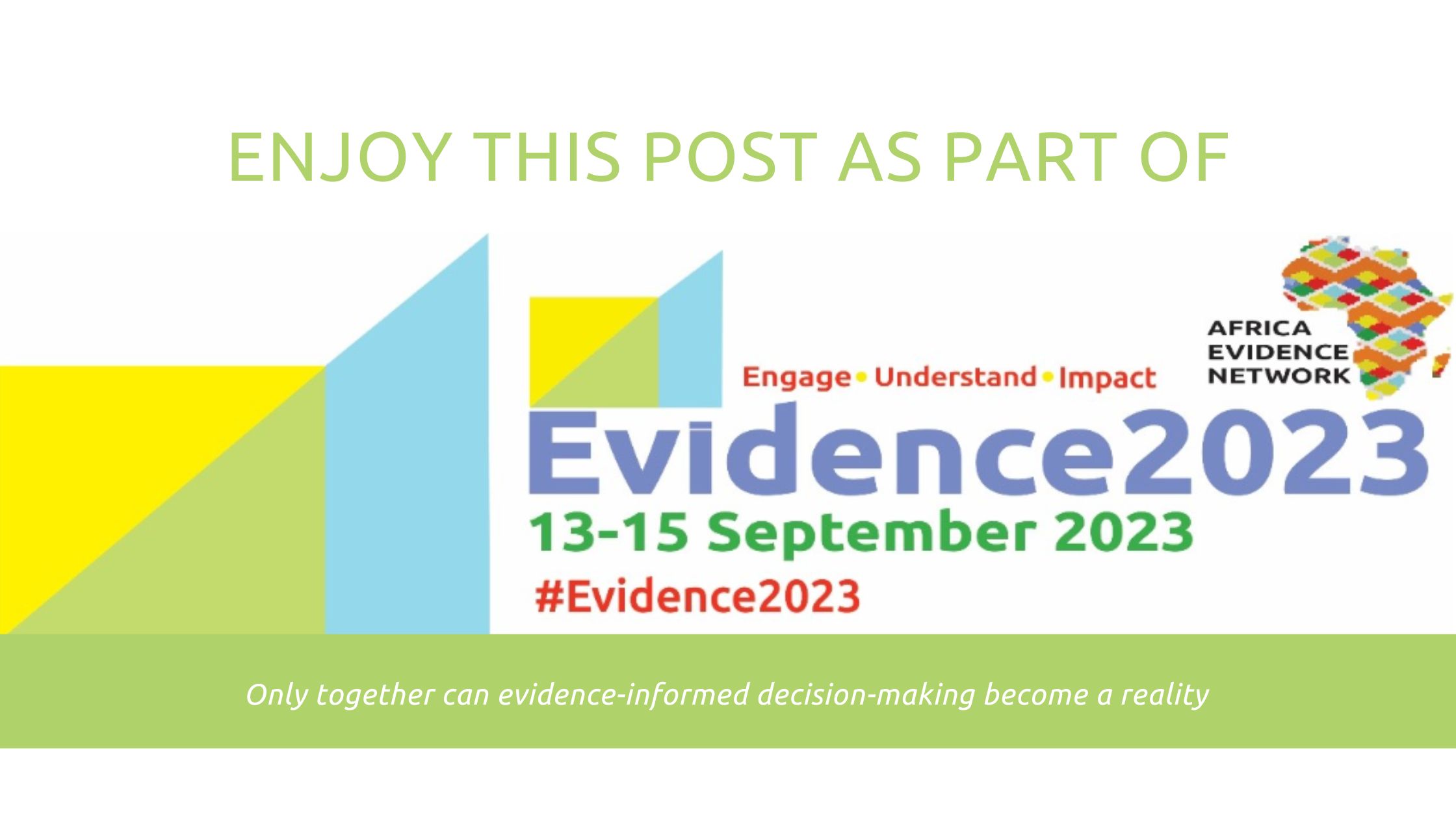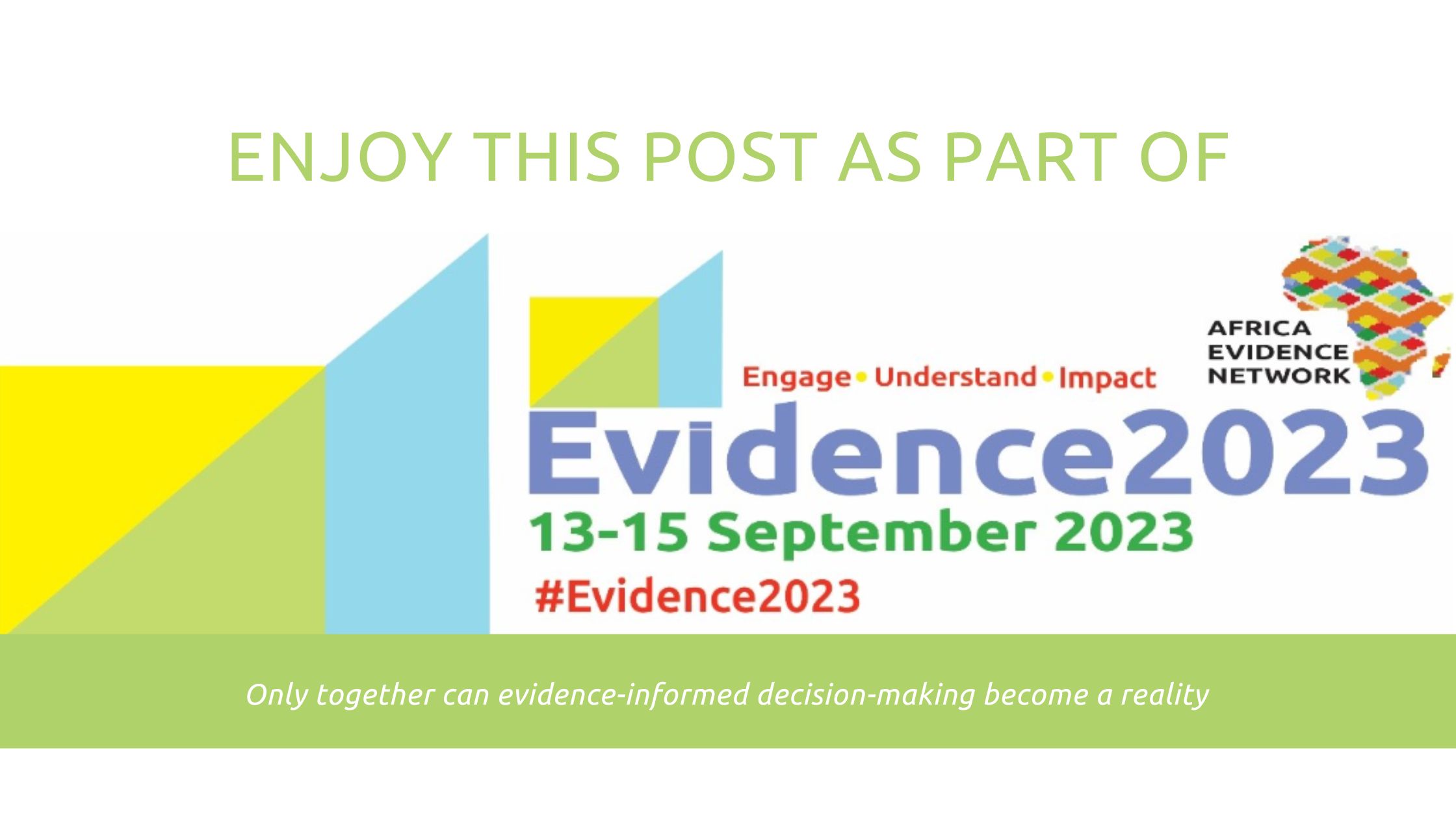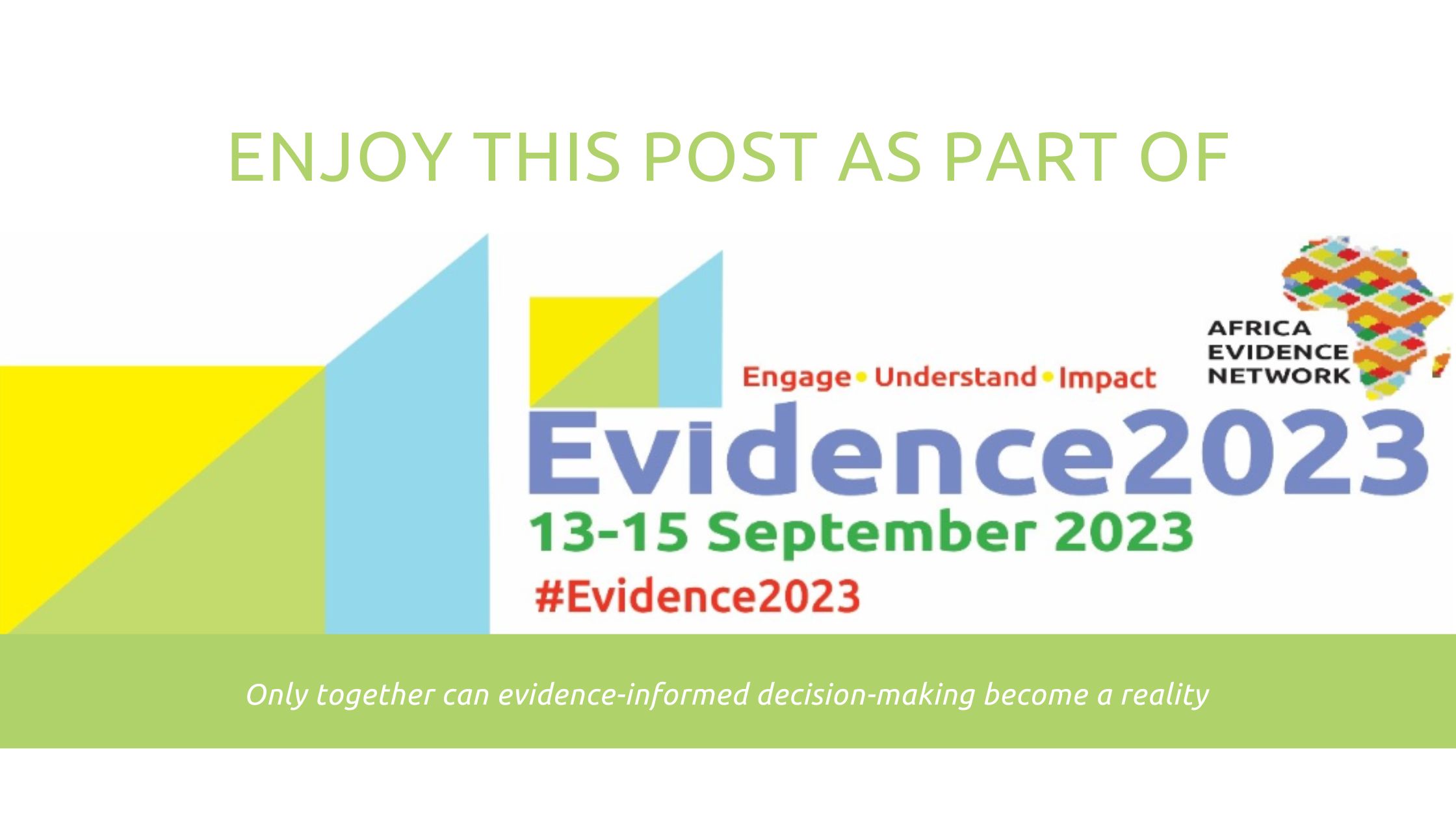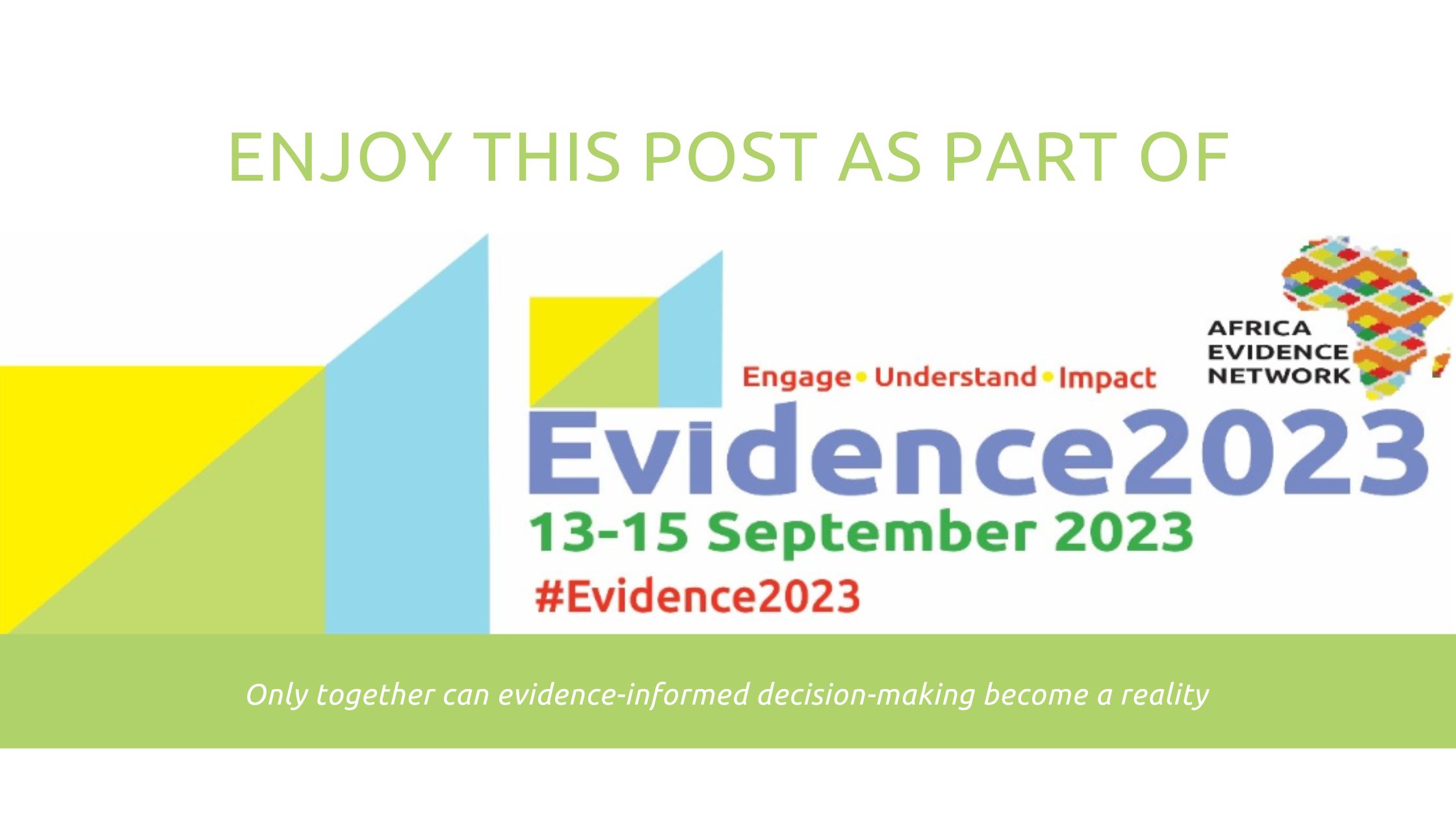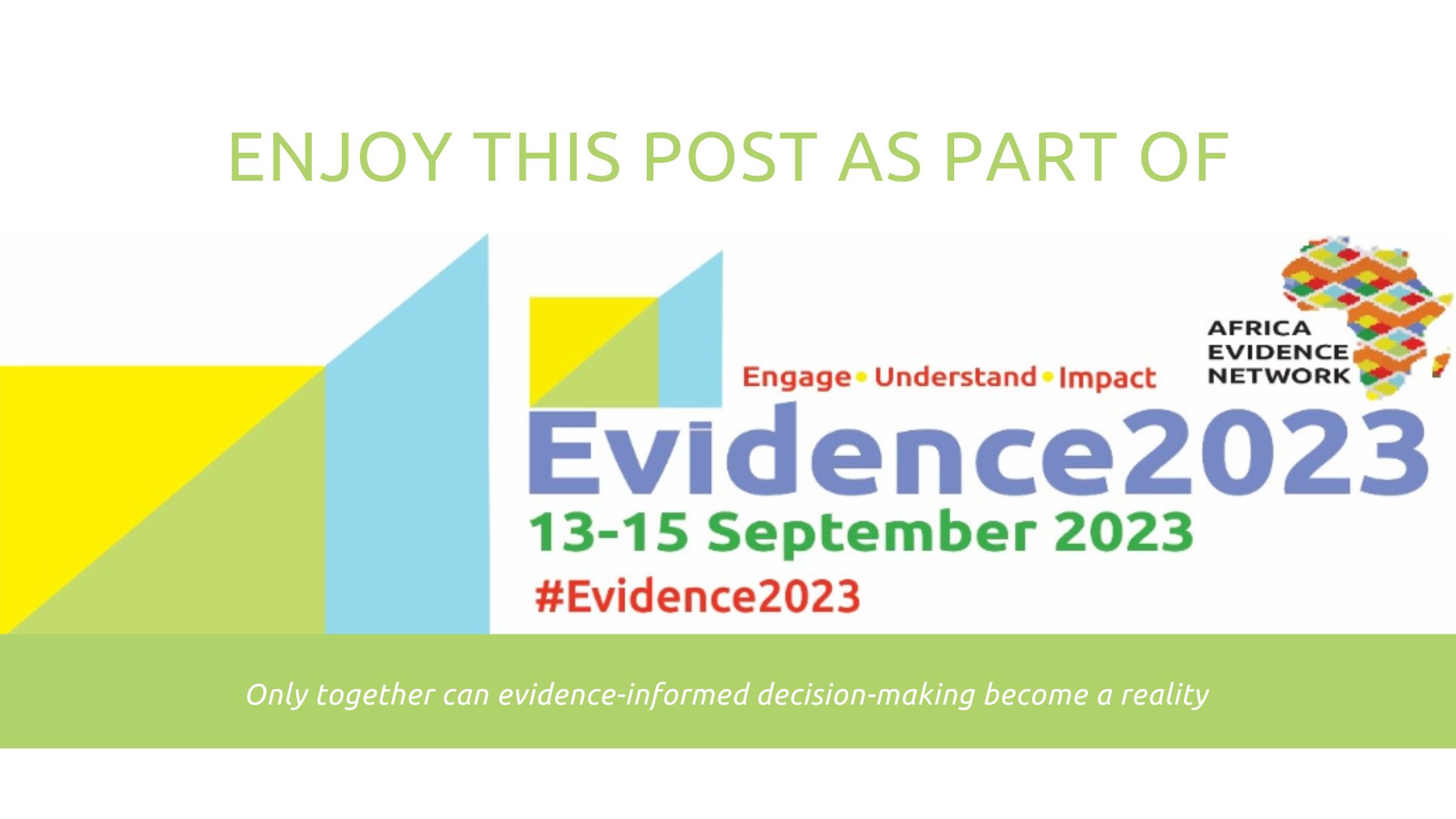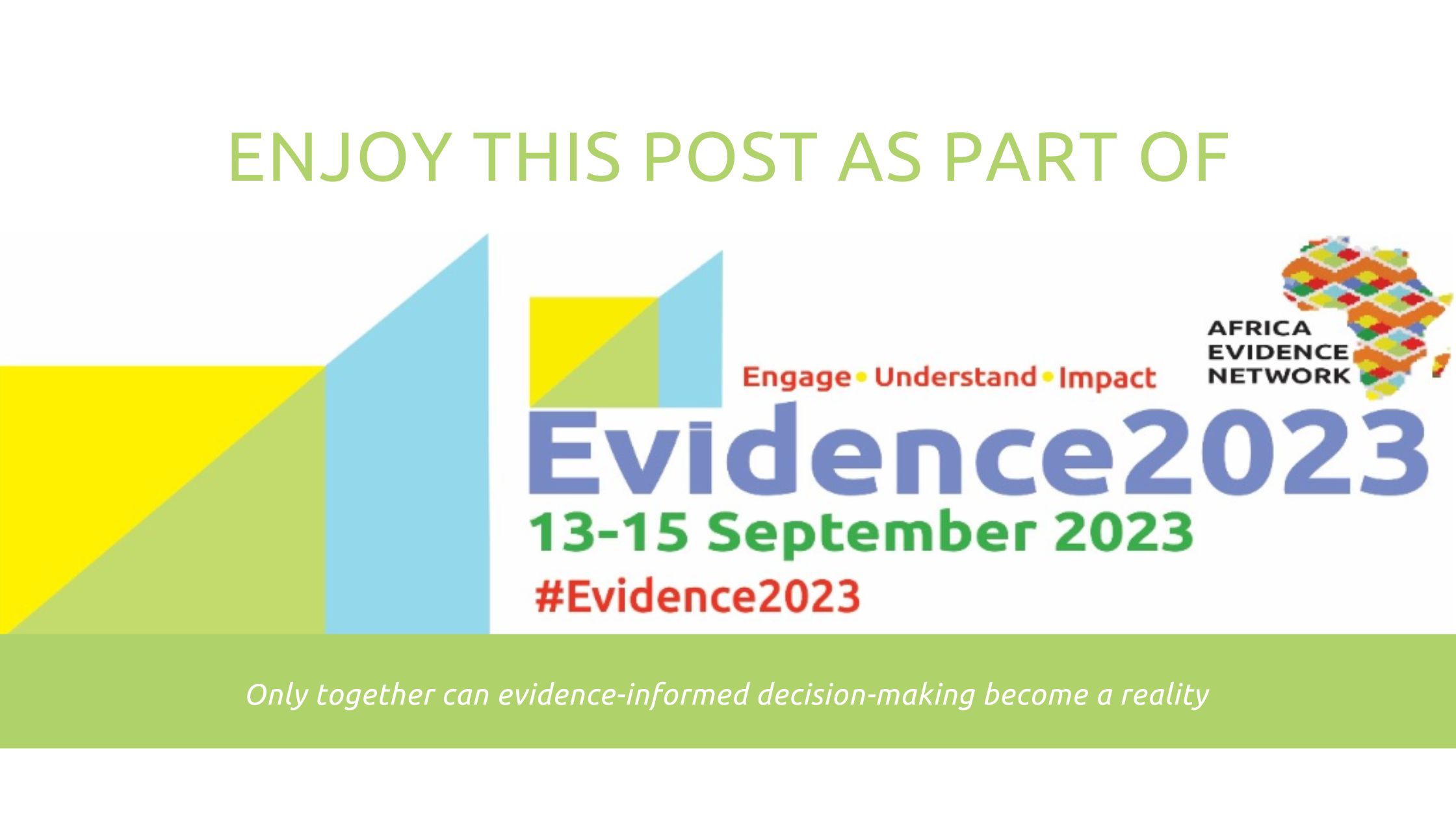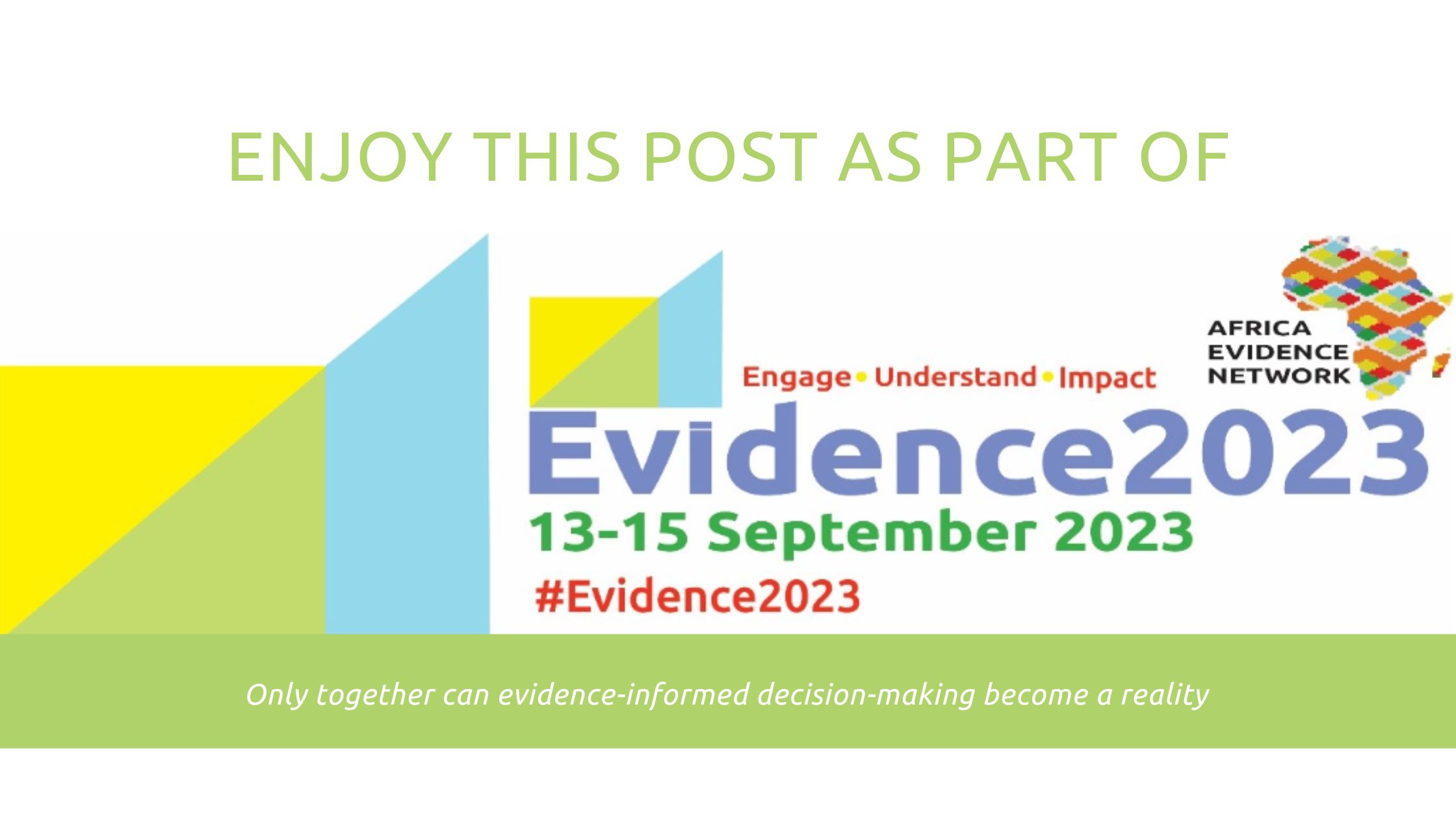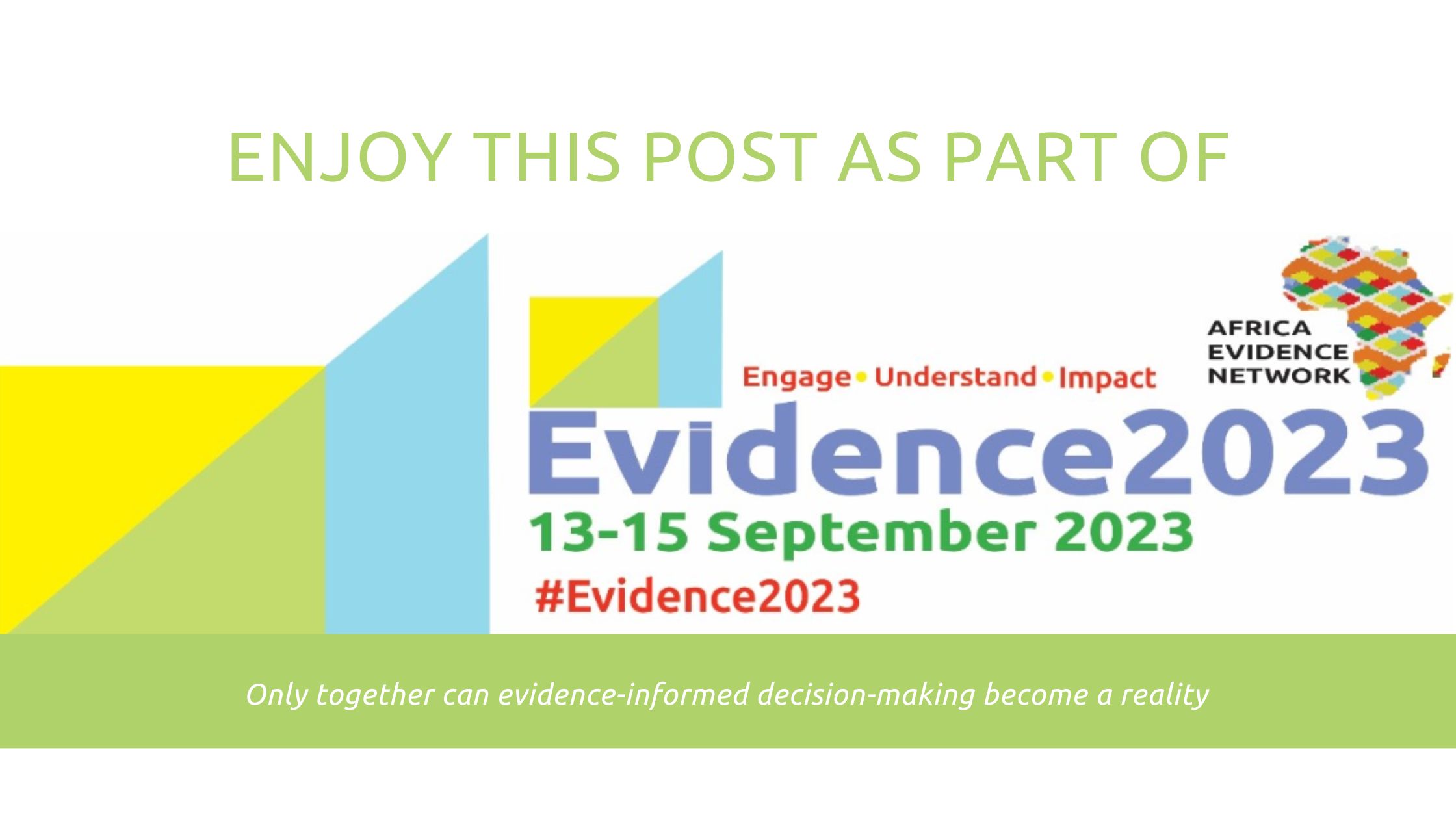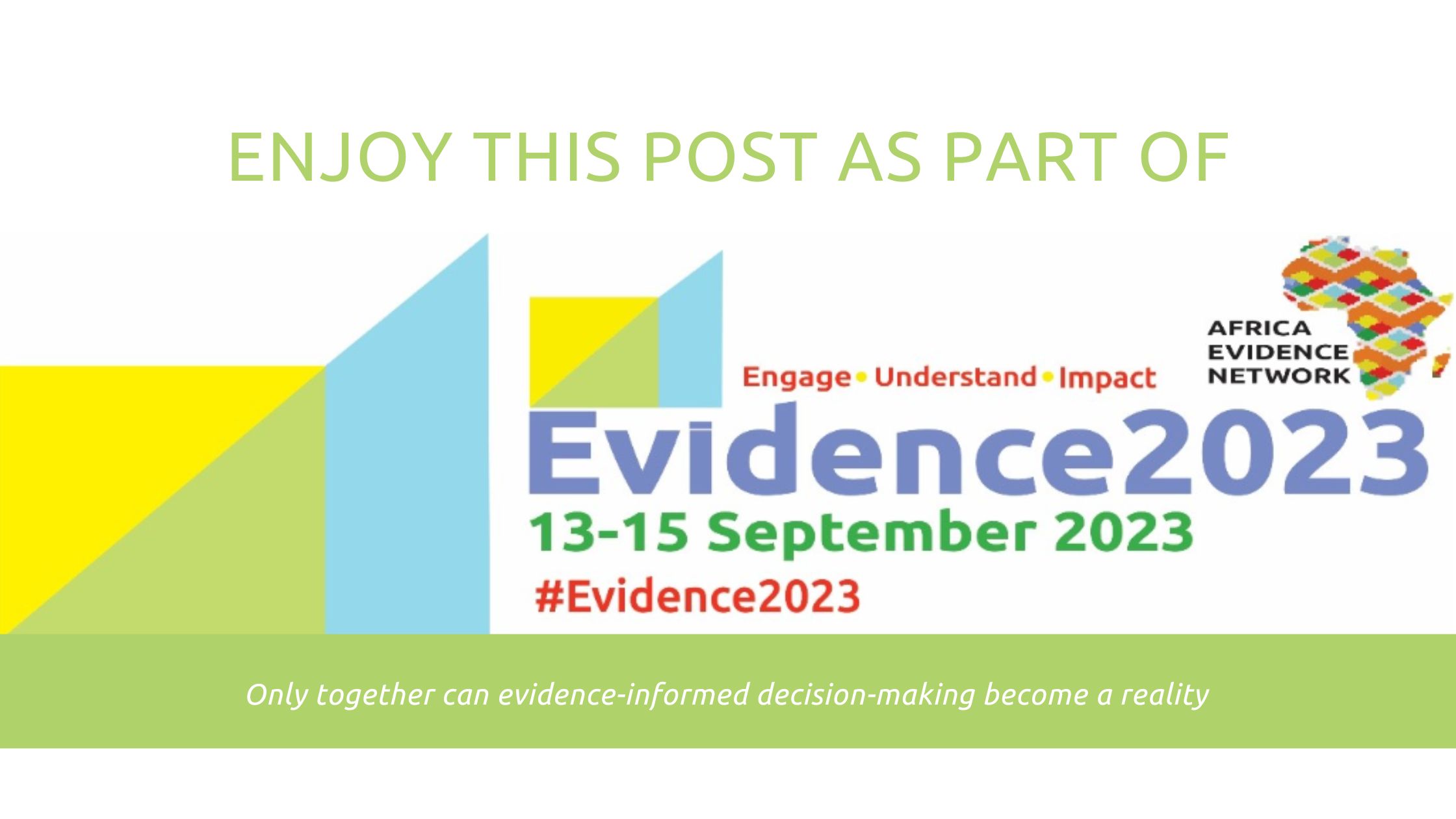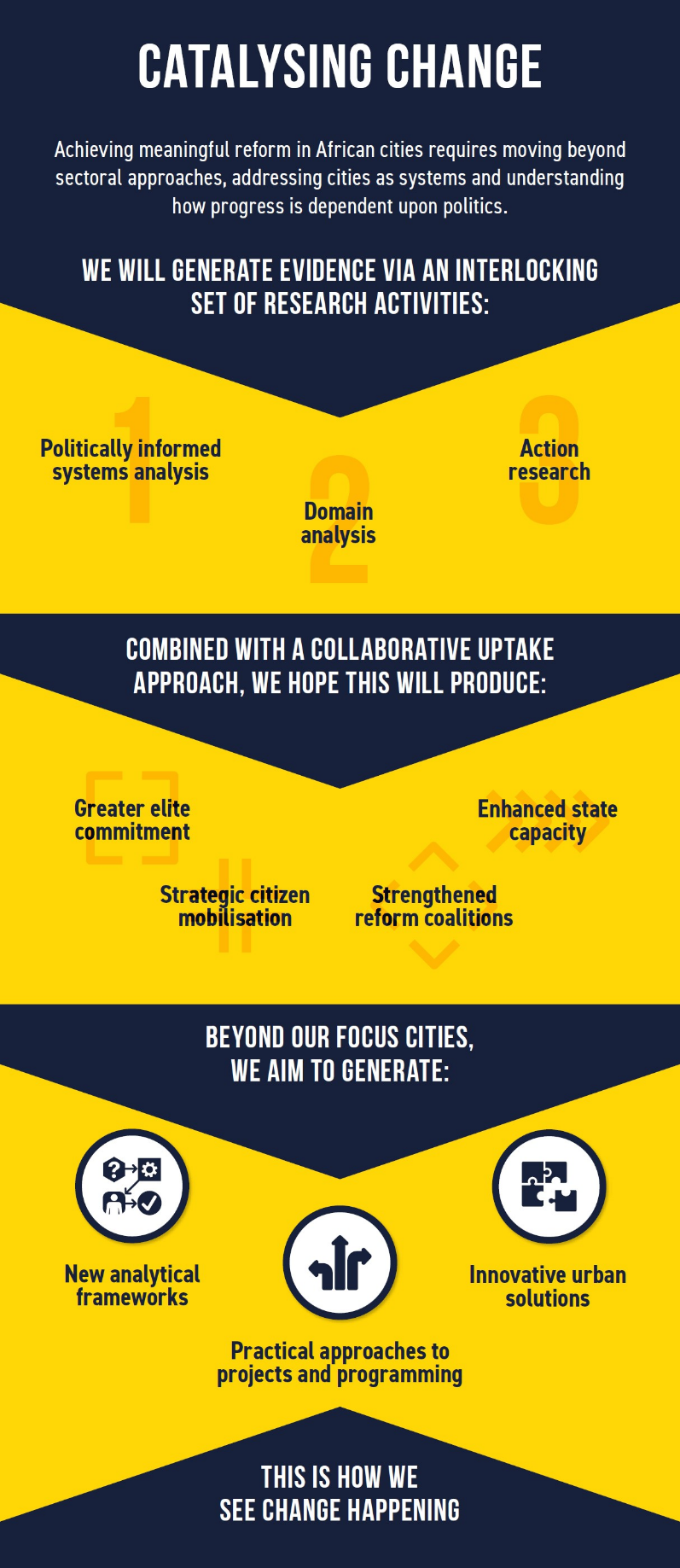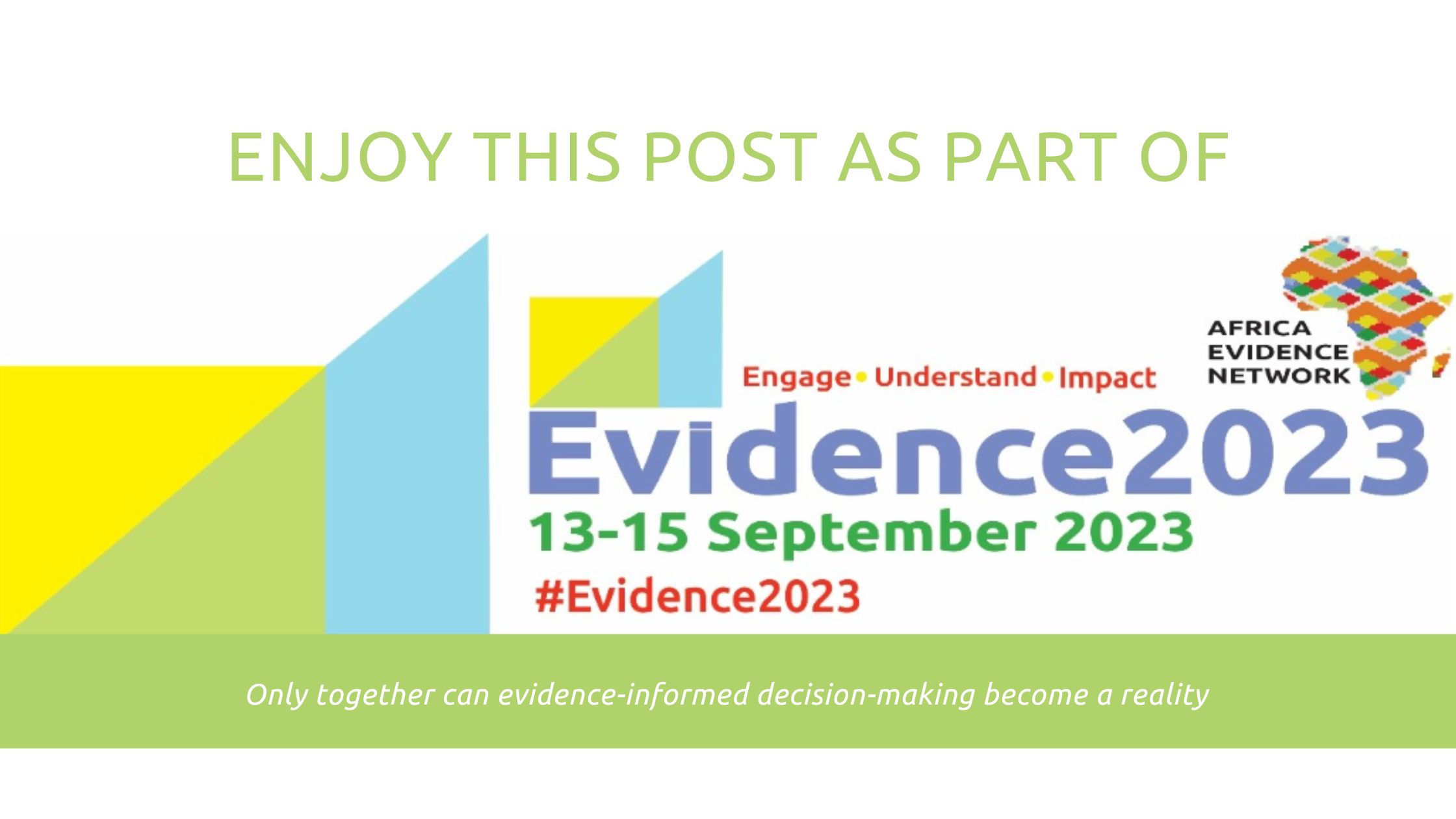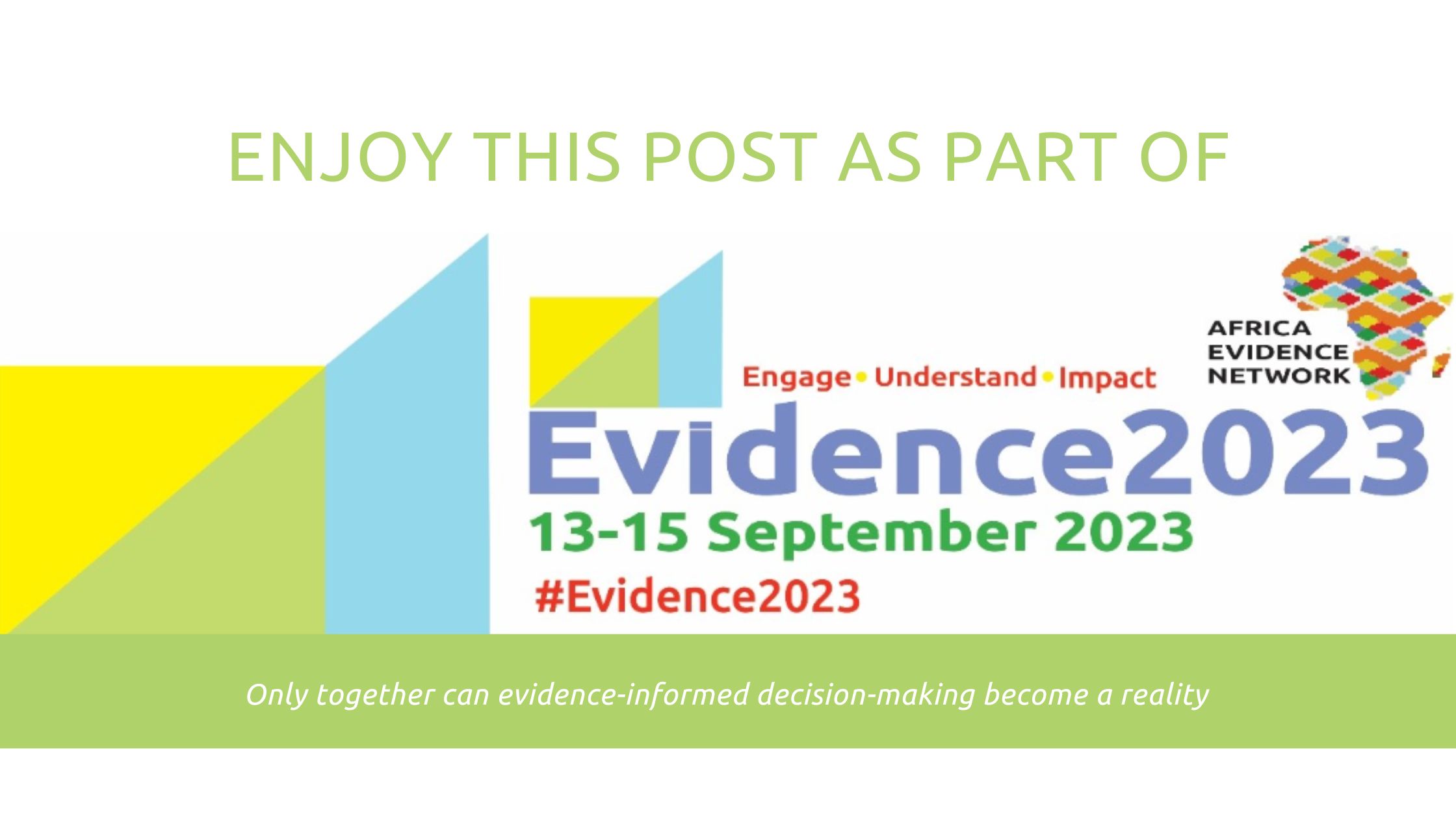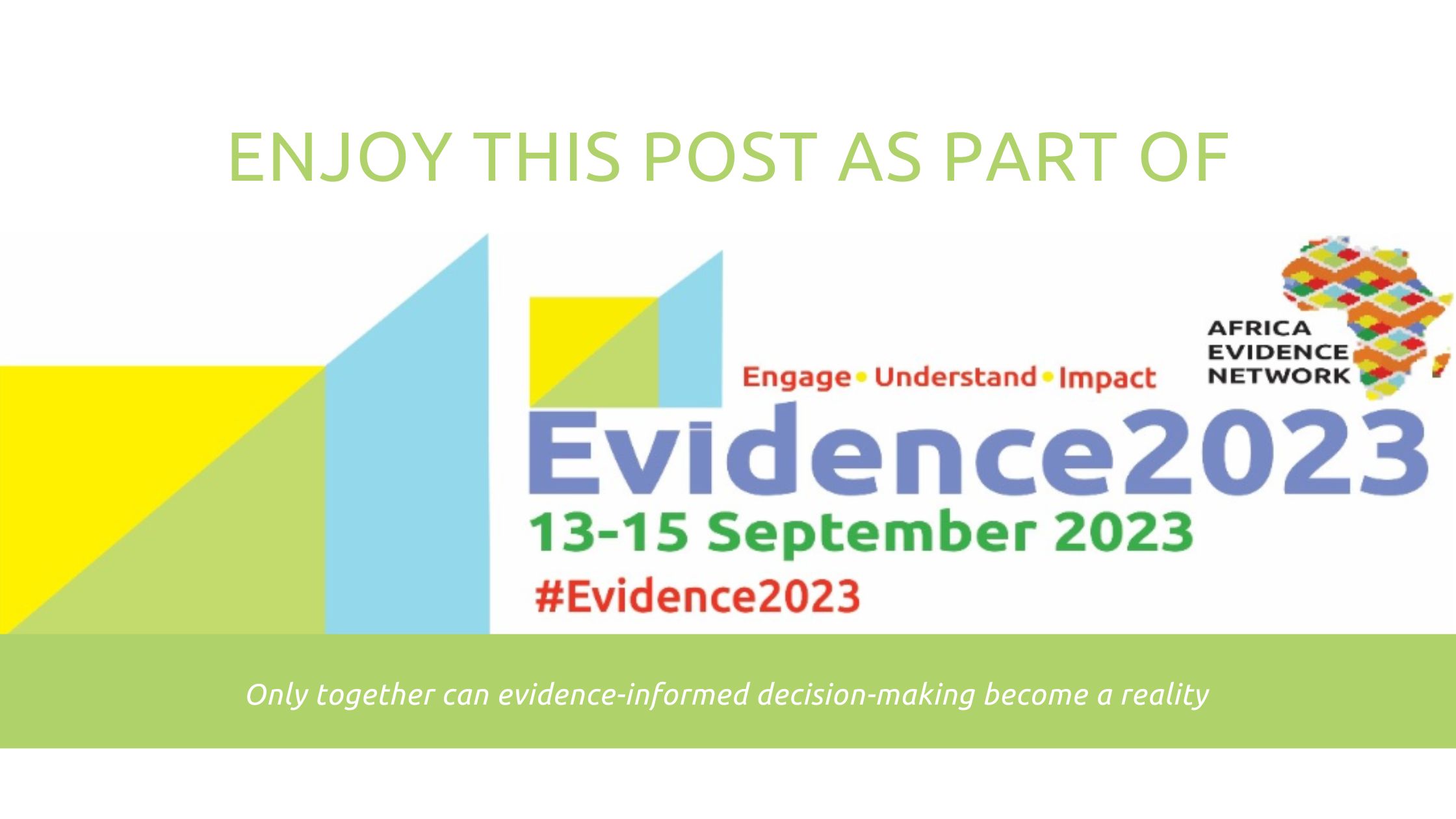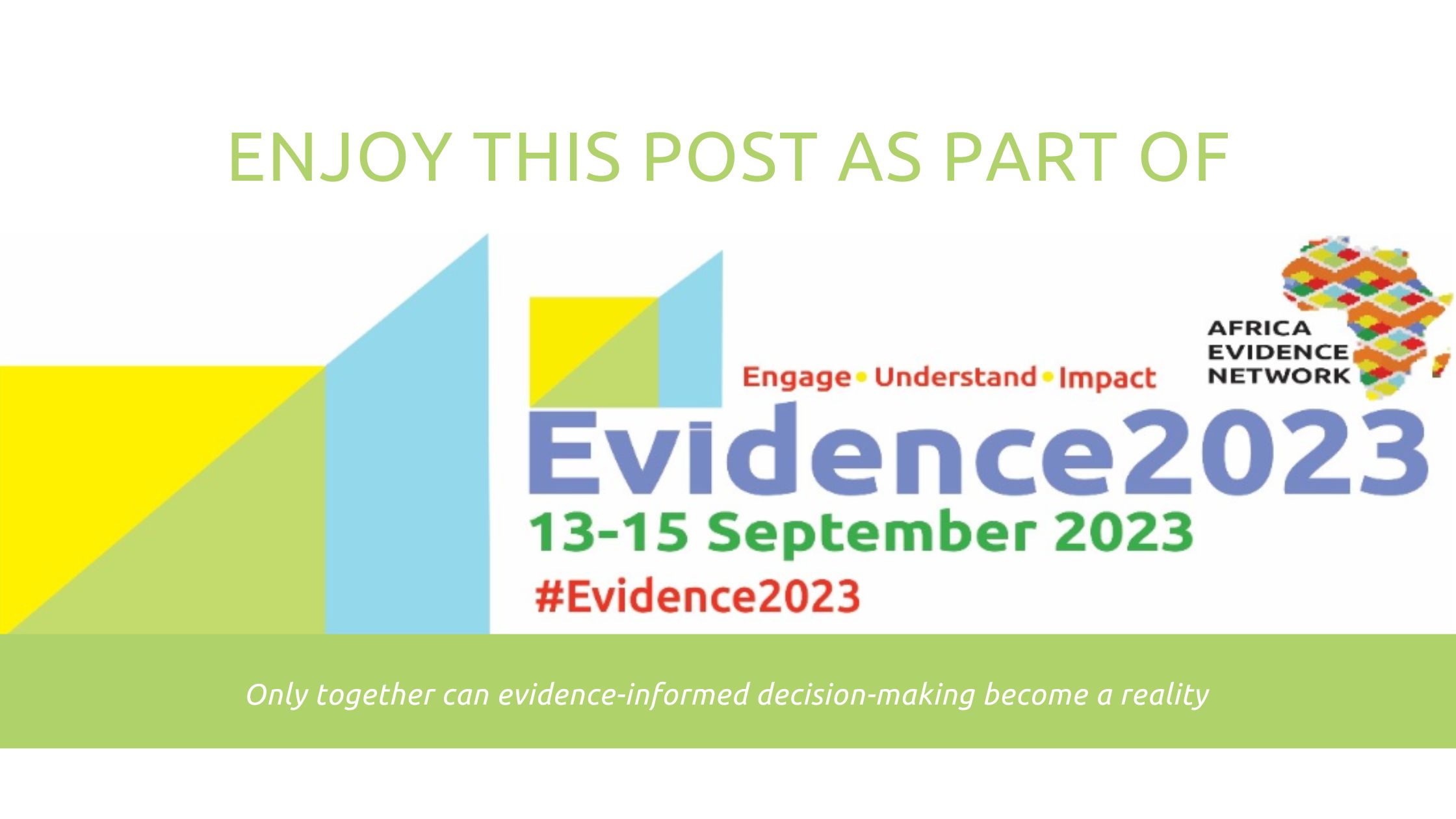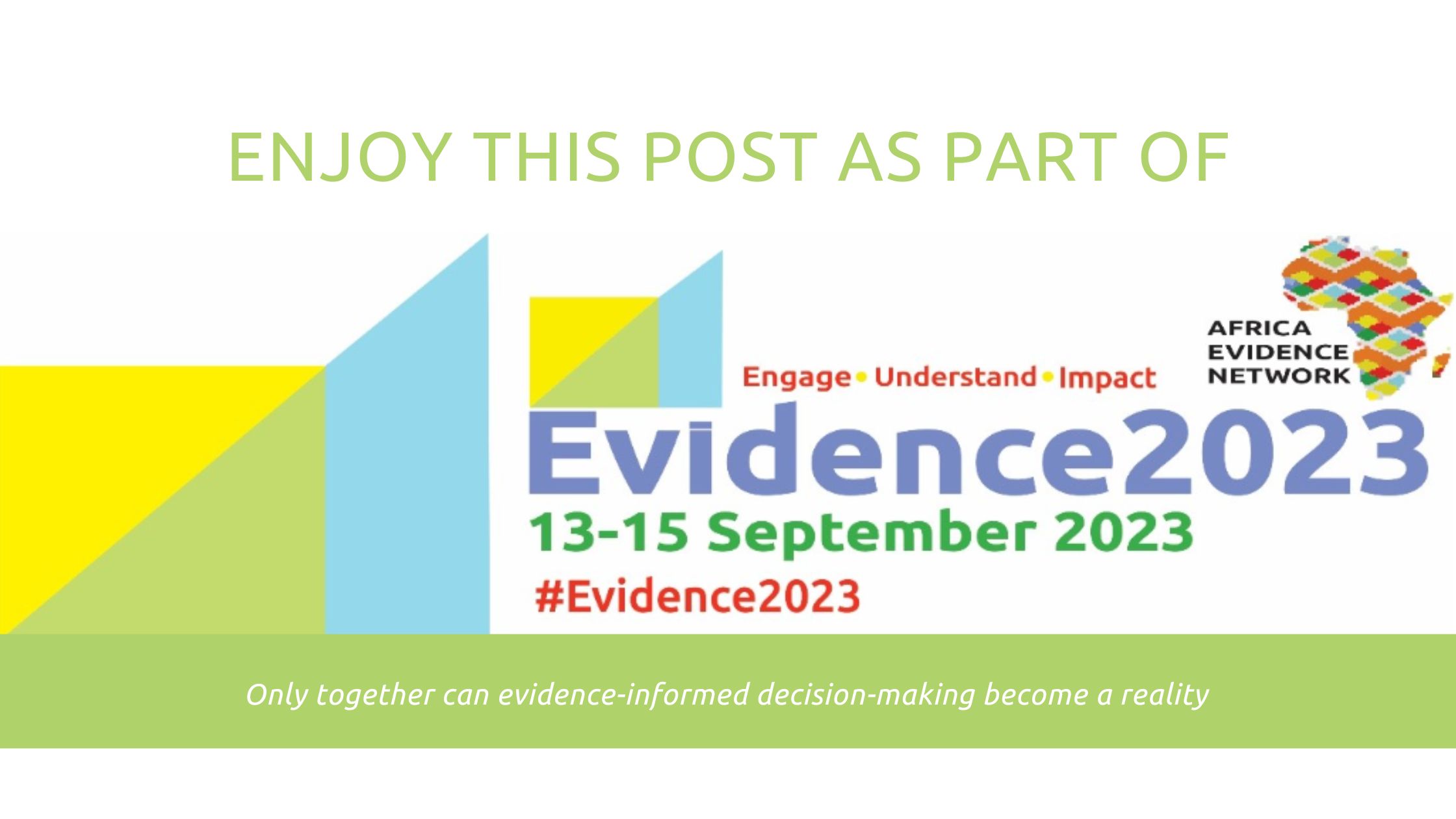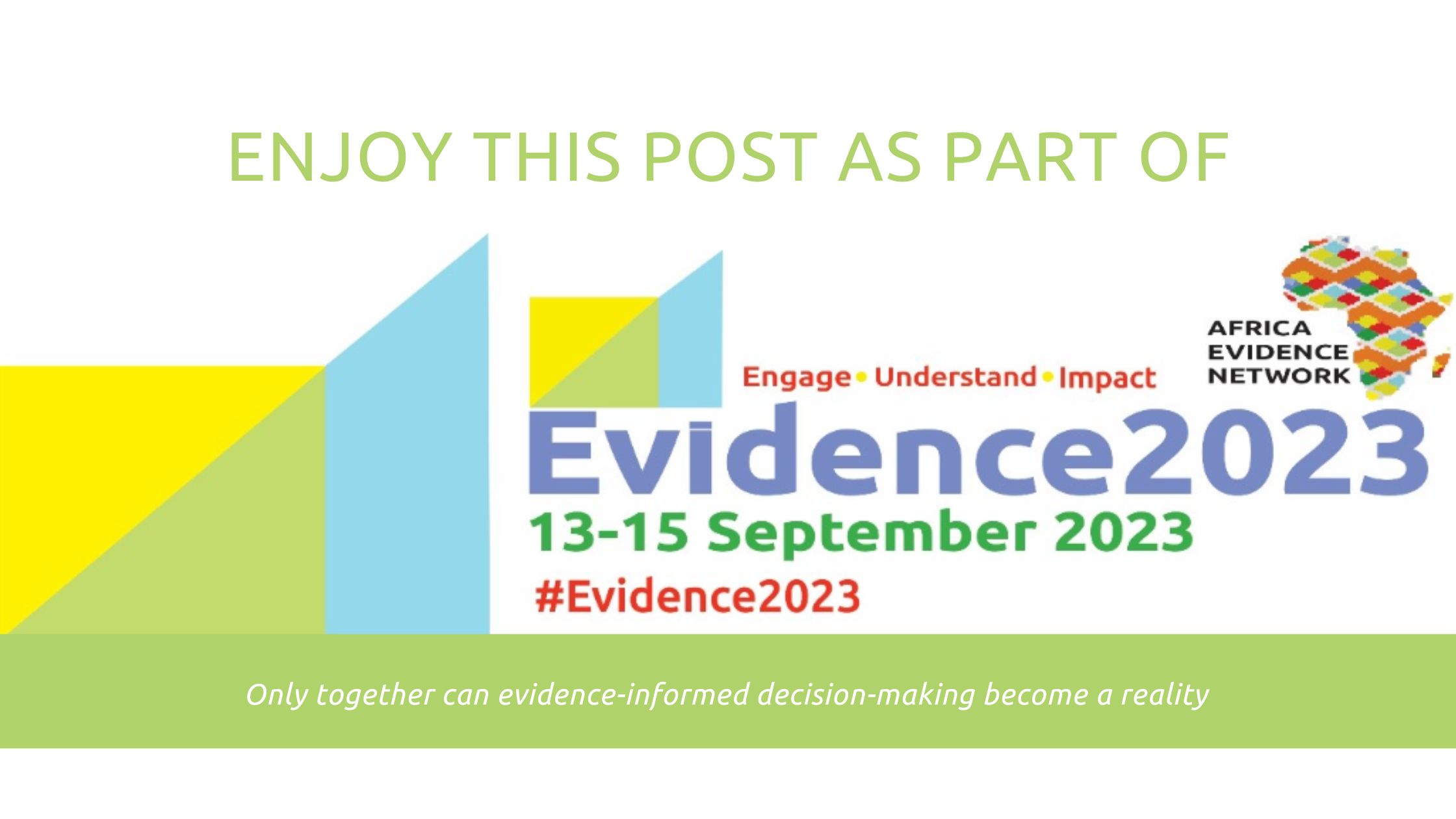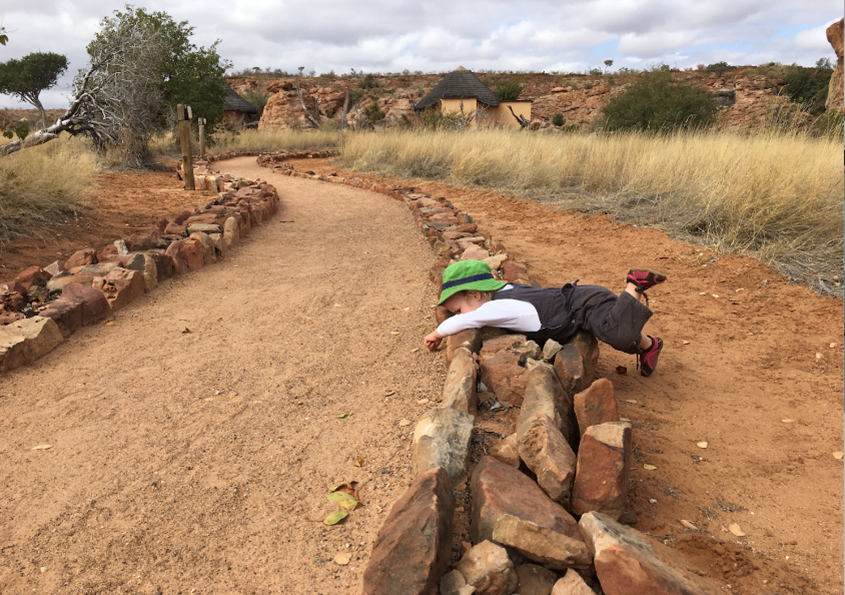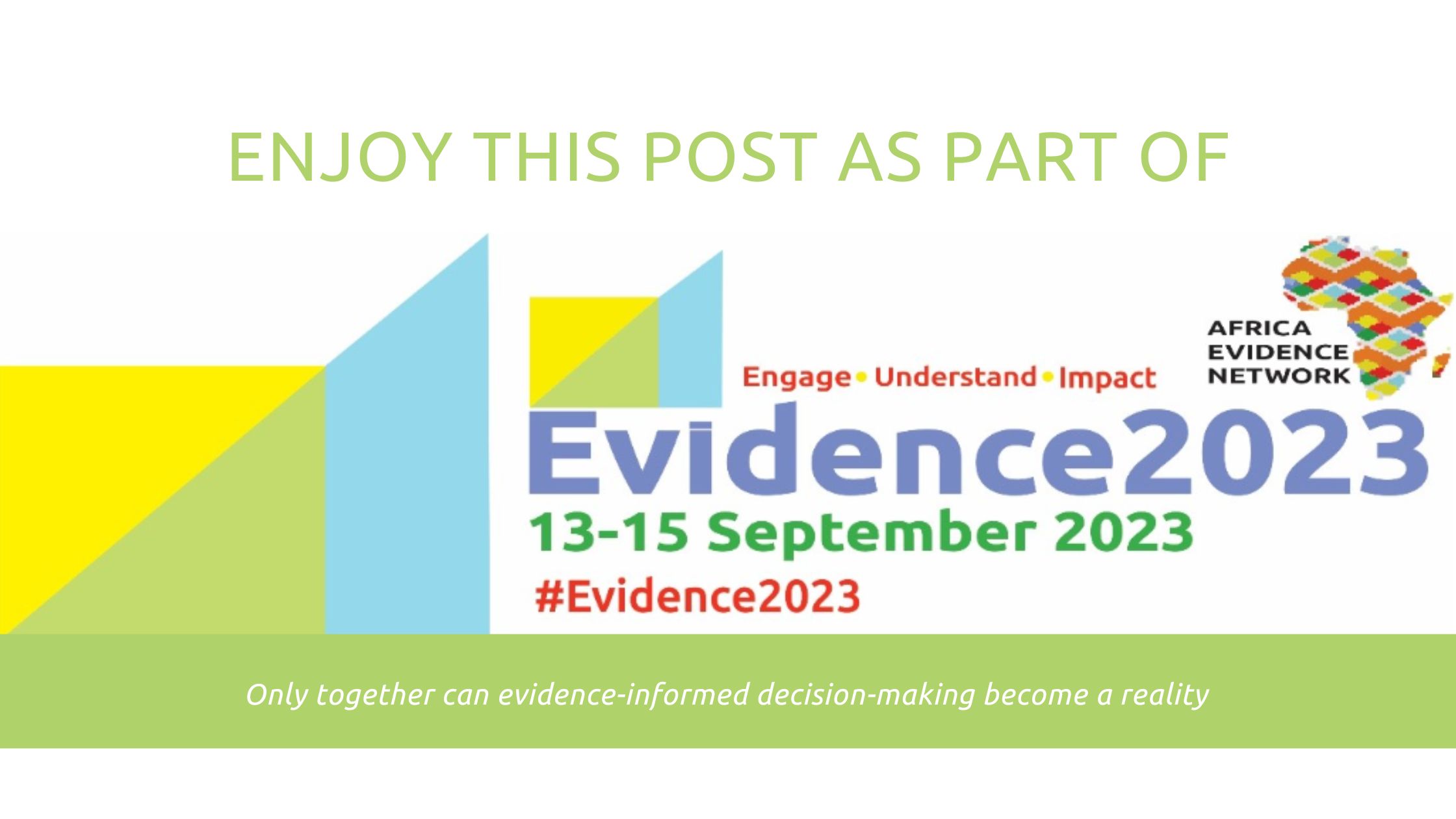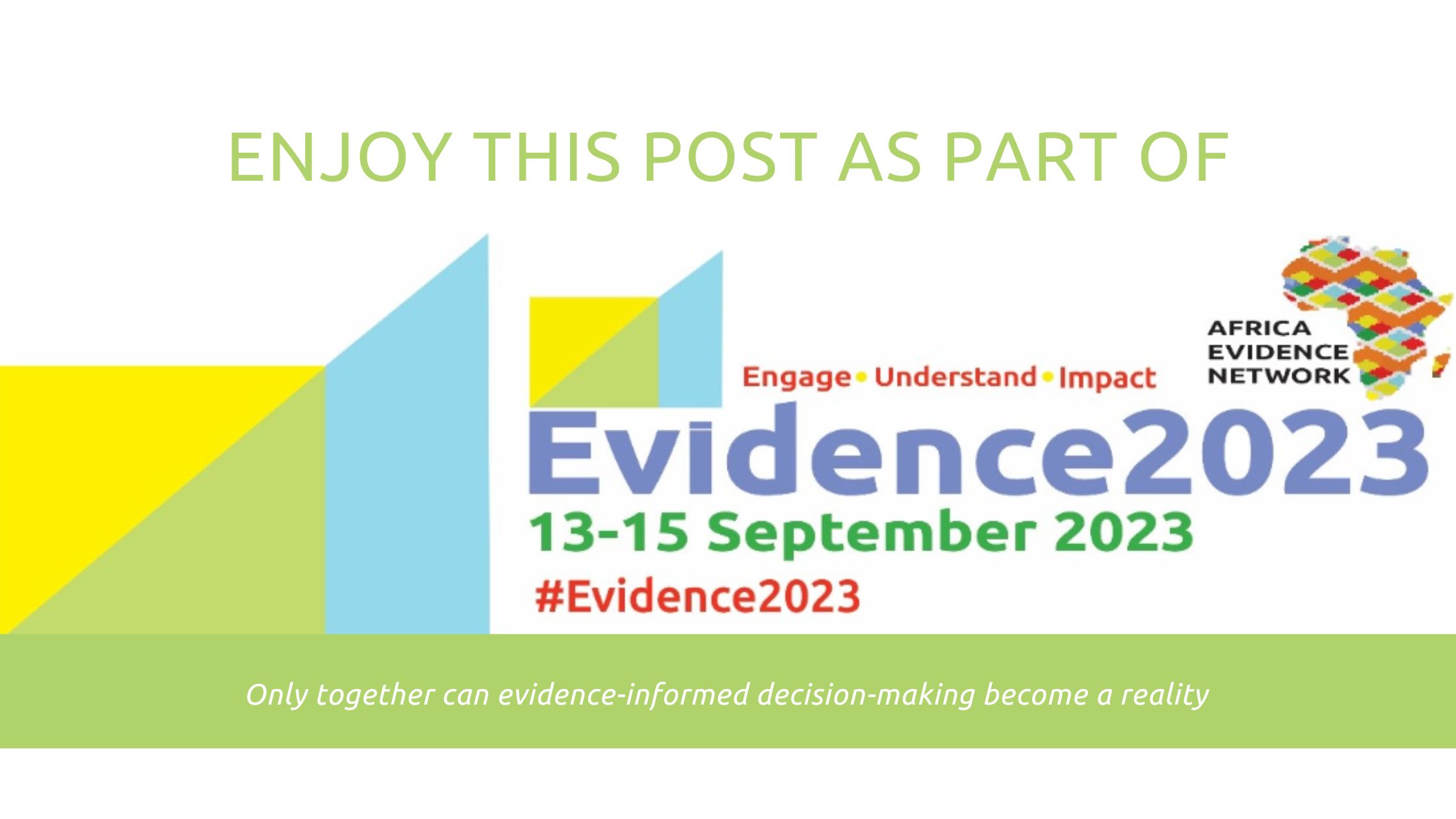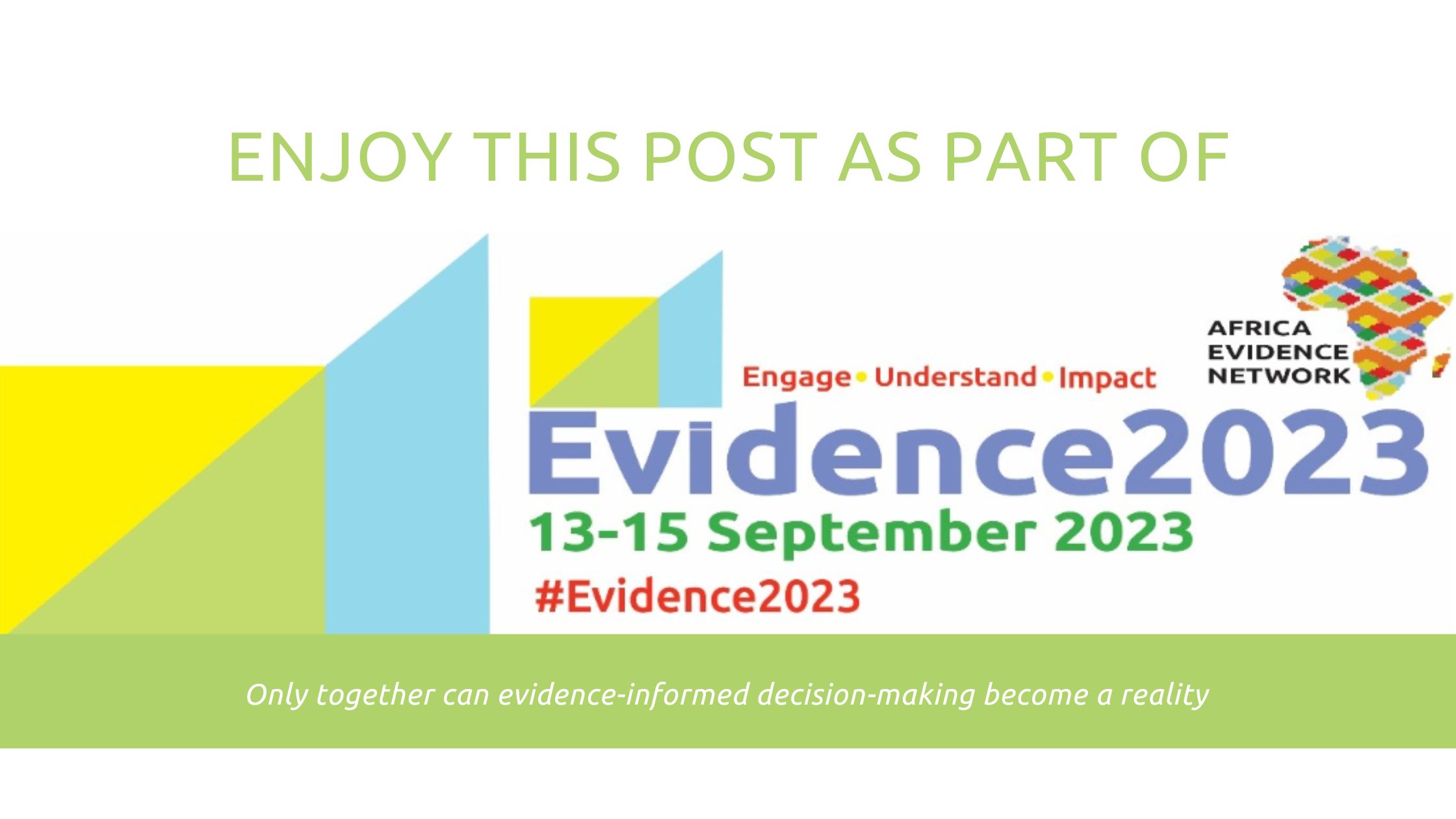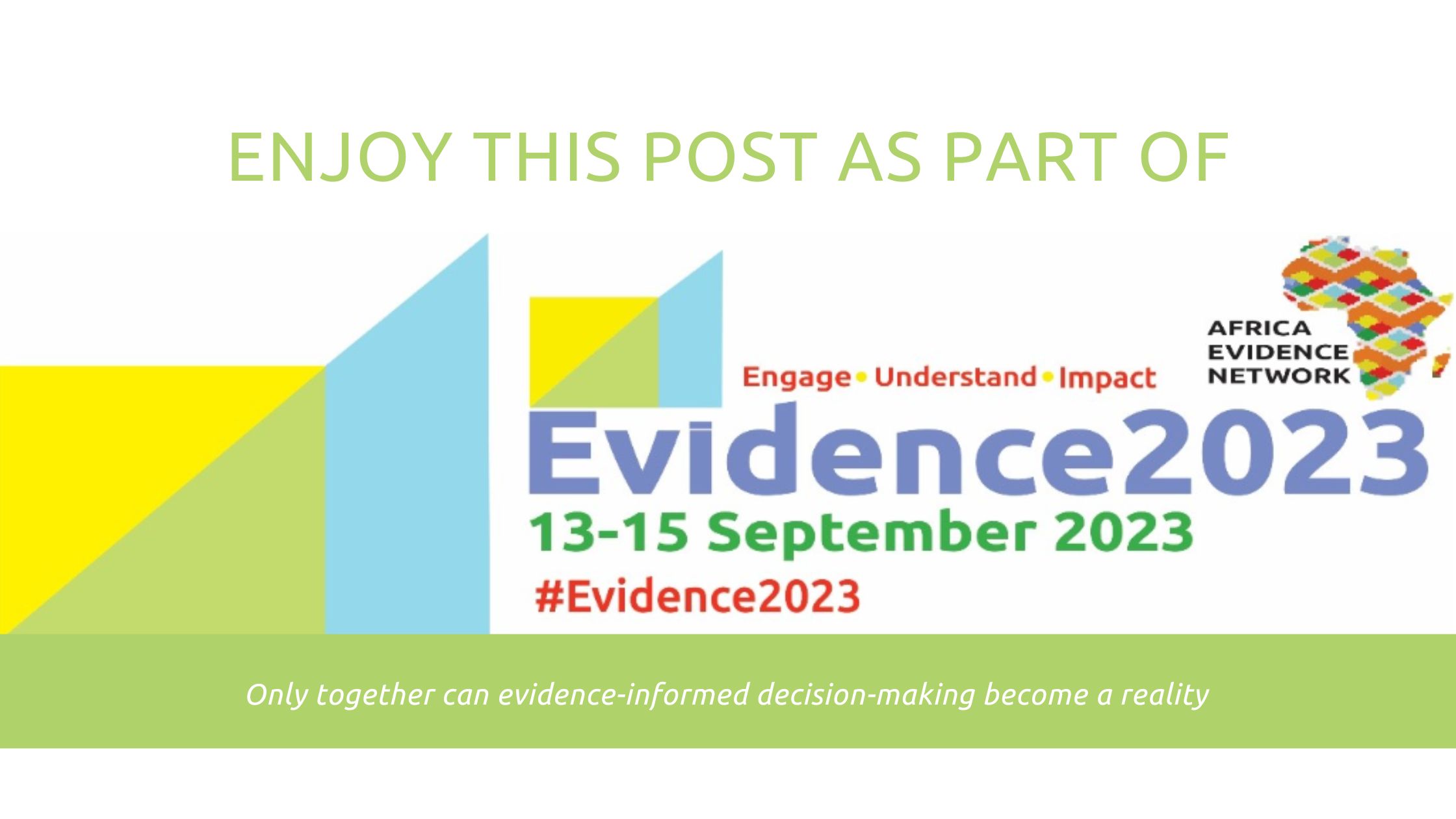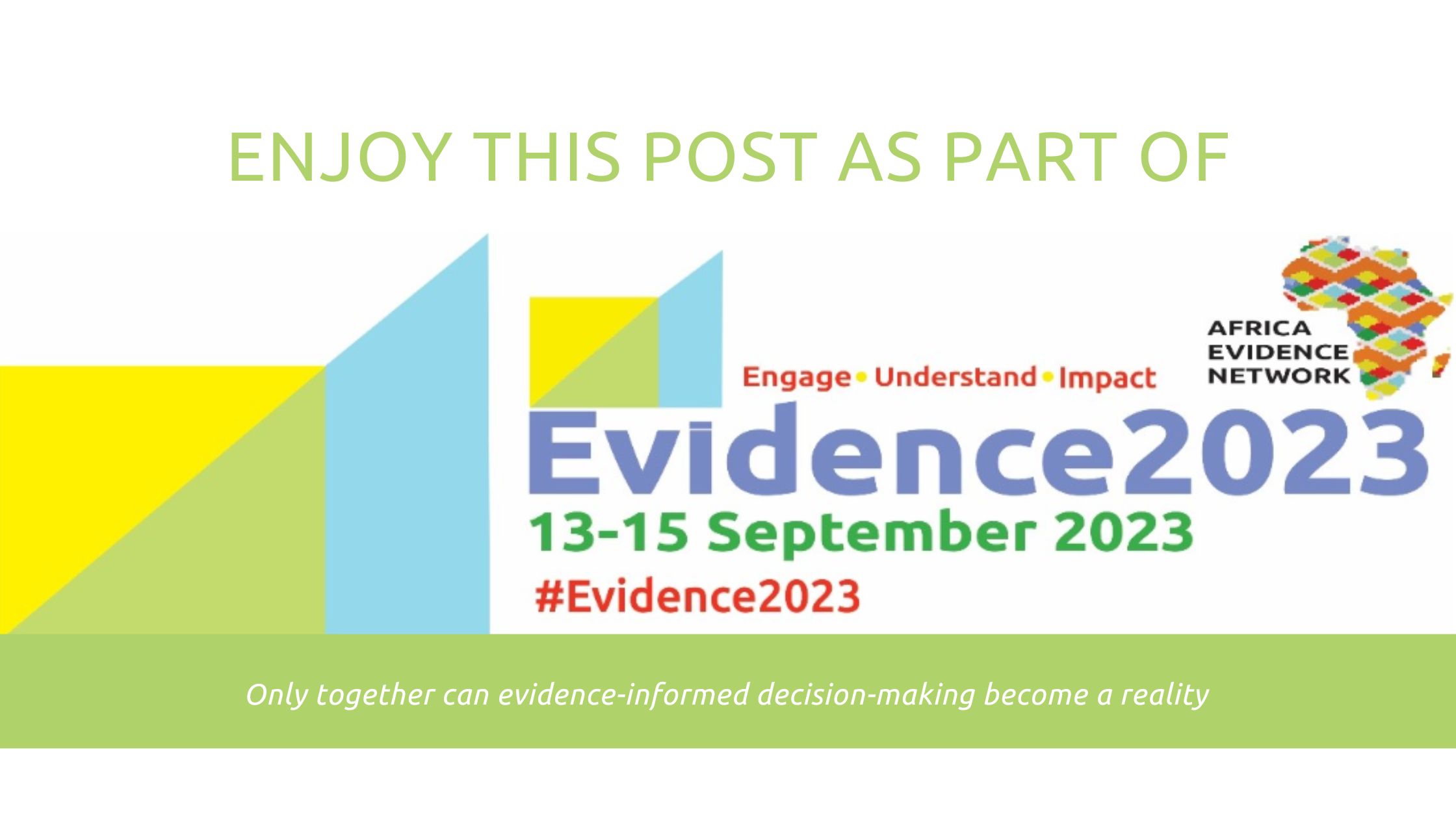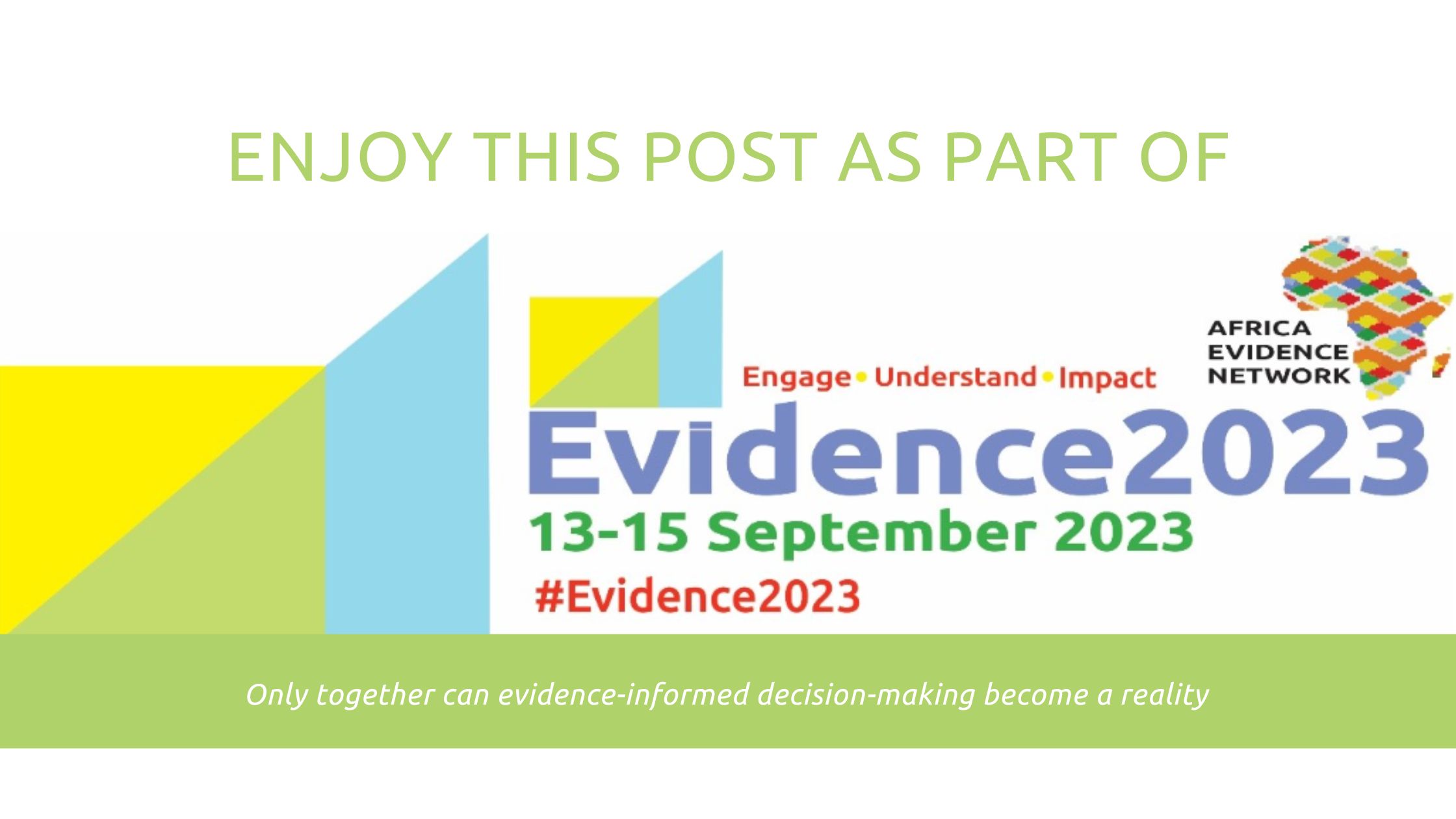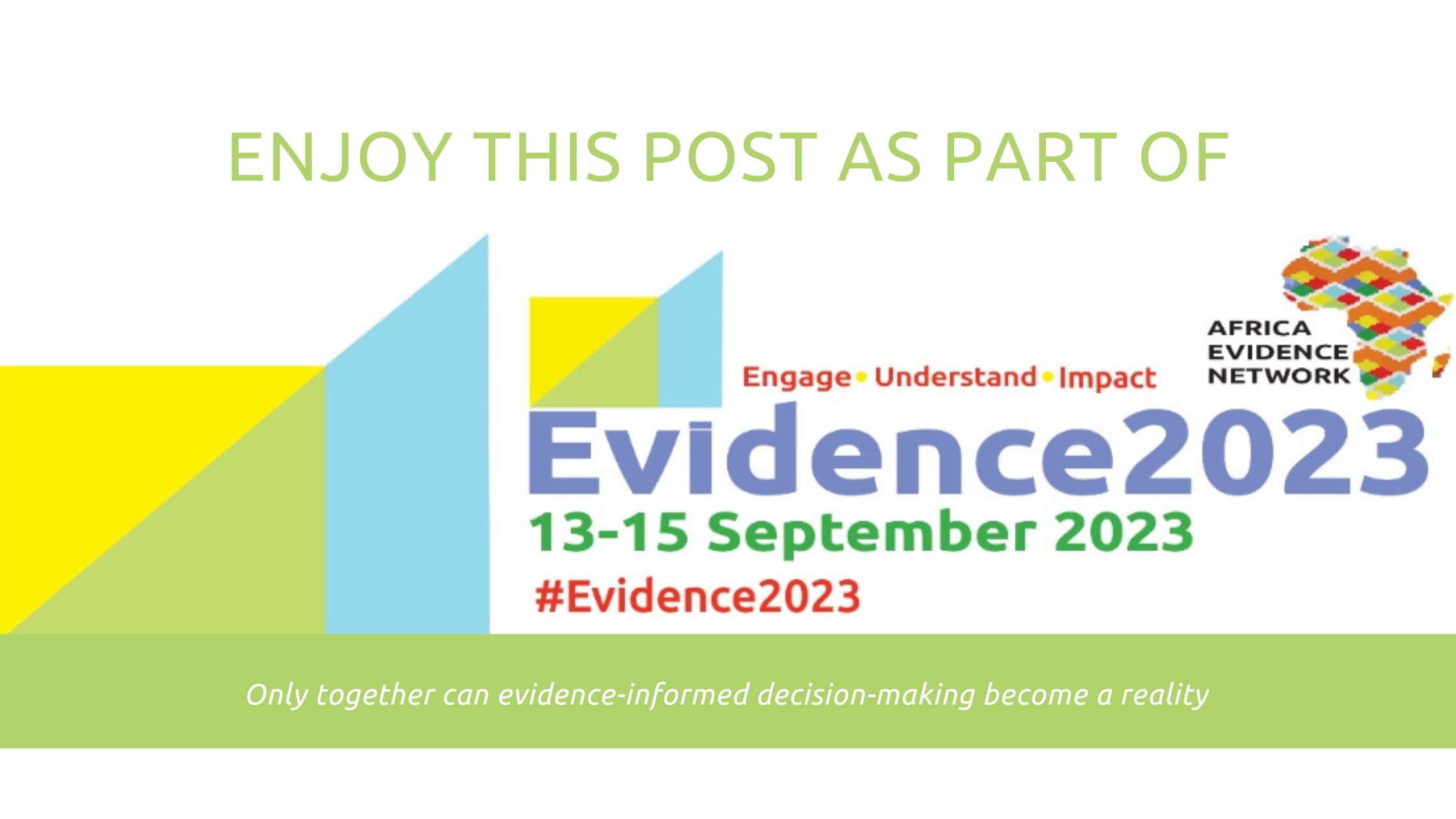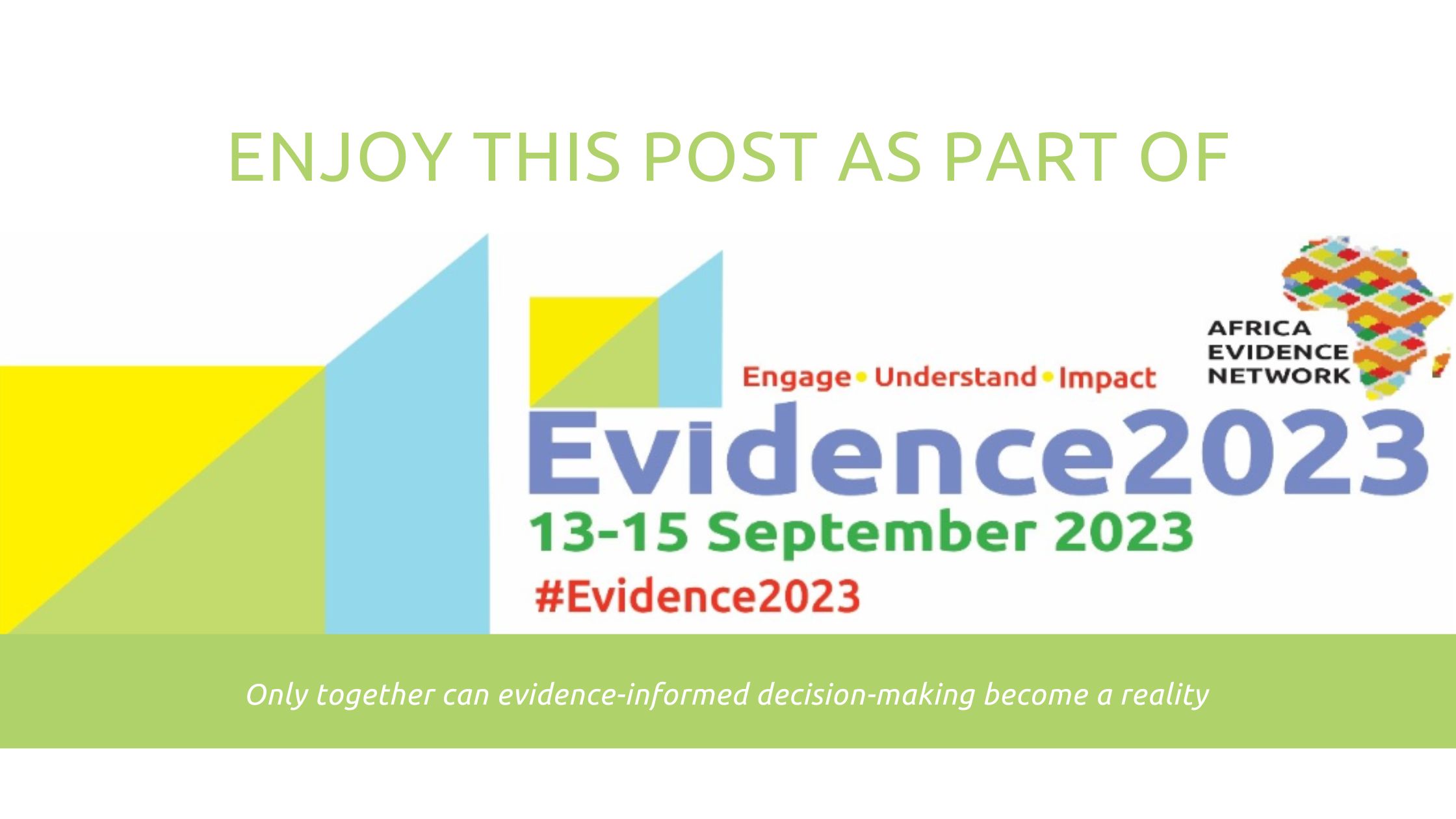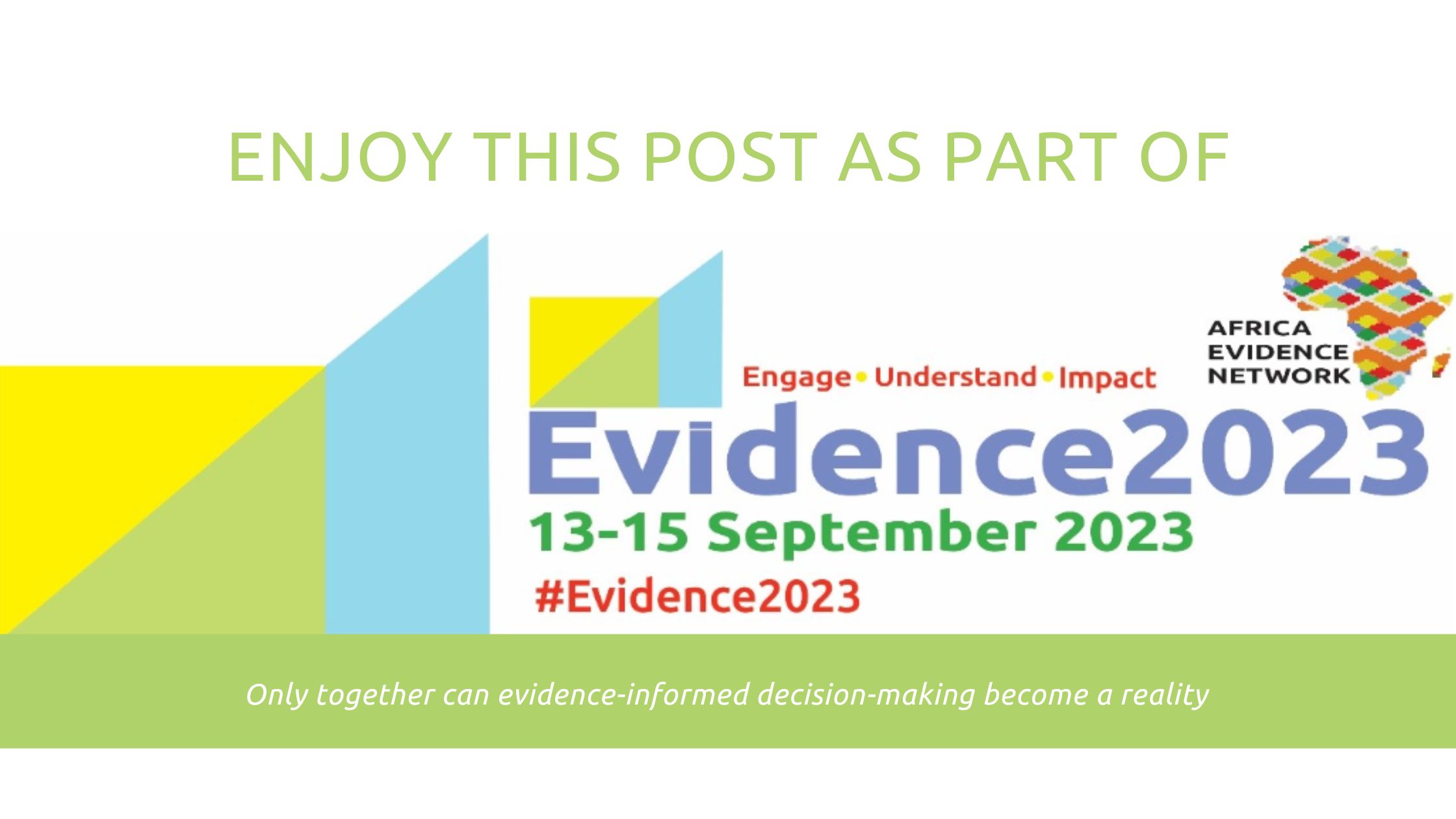
TAS addresses issues around poor knowledge of what SGBV is, ignorance of existing medical policies and laws, ignorance of available services, and low uptake of medical and legal services.
Stories of SGBV were collected, recreated by traditionally storytellers, and recounted to community members. A total of 12 storytelling events were organized recounting 28 stories crafted from lived experiences. The stories addressed knowledge of SGBV types (6 types included in Cameroon SGBV policies); knowledge of available services (medical, mental health, legal, and empowerment); knowledge on impacts of SGBV on physical health, infections, pregnancy, self-esteem, and income; actions to take in case of SGBV; escape routes for SGBV; and cultural aspects of SGBV.
One short/danceable song conveying messages of types of SGBV and how to recognize them, actions to take incase of suspected SGBV, and escape routes from SGBV. The song is simple enough for nursery kids. Song has been taught in 50+ schools with over 26,000 kids actively singing them.
Stakeholders were engaged at community, regional, and national level. This included engaging policymakers at central level with 6 ministries and 1 regional assembly currently actively engaged.
A household survey of incidents of SGBV was conducted to estimate prevalence of SGBV. The results were then shared with government partners to facilitate uptake and scale of the innovation.
TAS increased knowledge on types of sexual and gender-based violence (62.87%), available medical services (29%), mental health services (14.59%) and available legal services (16.28%) in 715 community members assessed.
TAS reinforced positive intensions towards SGBV, uptake of medical services, and uptake of legal services.
Prevalence rates of SGBV based on household surveys in the Ntanka community (61%) is higher than national statistics (51%), raising questions of whether a national household survey could give differing results.
There is a high rate of acceptability and relatability with the storytelling, with 64 out 64 community members affirming acceptability for the intervention.
Aweh Annih Akofu, Ambang Tatianne, Penka Marthe, Che Myra, Patrick Okwen all Affiliated with eBASE.
Acknowledgements: The author(s) is solely responsible for the content of this article, including all errors or omissions; acknowledgements do not imply endorsement of the content. The author is grateful to Siziwe Ngcwabe, the content committee and the Africa Evidence Network team for their guidance in the preparation and finalisation of this article as well as their editorial support.
Disclaimer: The views expressed in published blog posts, as well as any errors or omissions, are the sole responsibility of the author/s and do not represent the views of the Africa Evidence Network, its secretariat, advisory or reference groups, or its funders; nor does it imply endorsement by the afore-mentioned parties.
